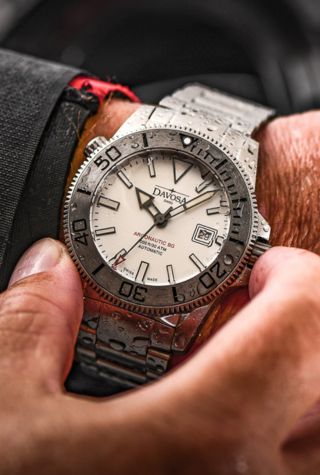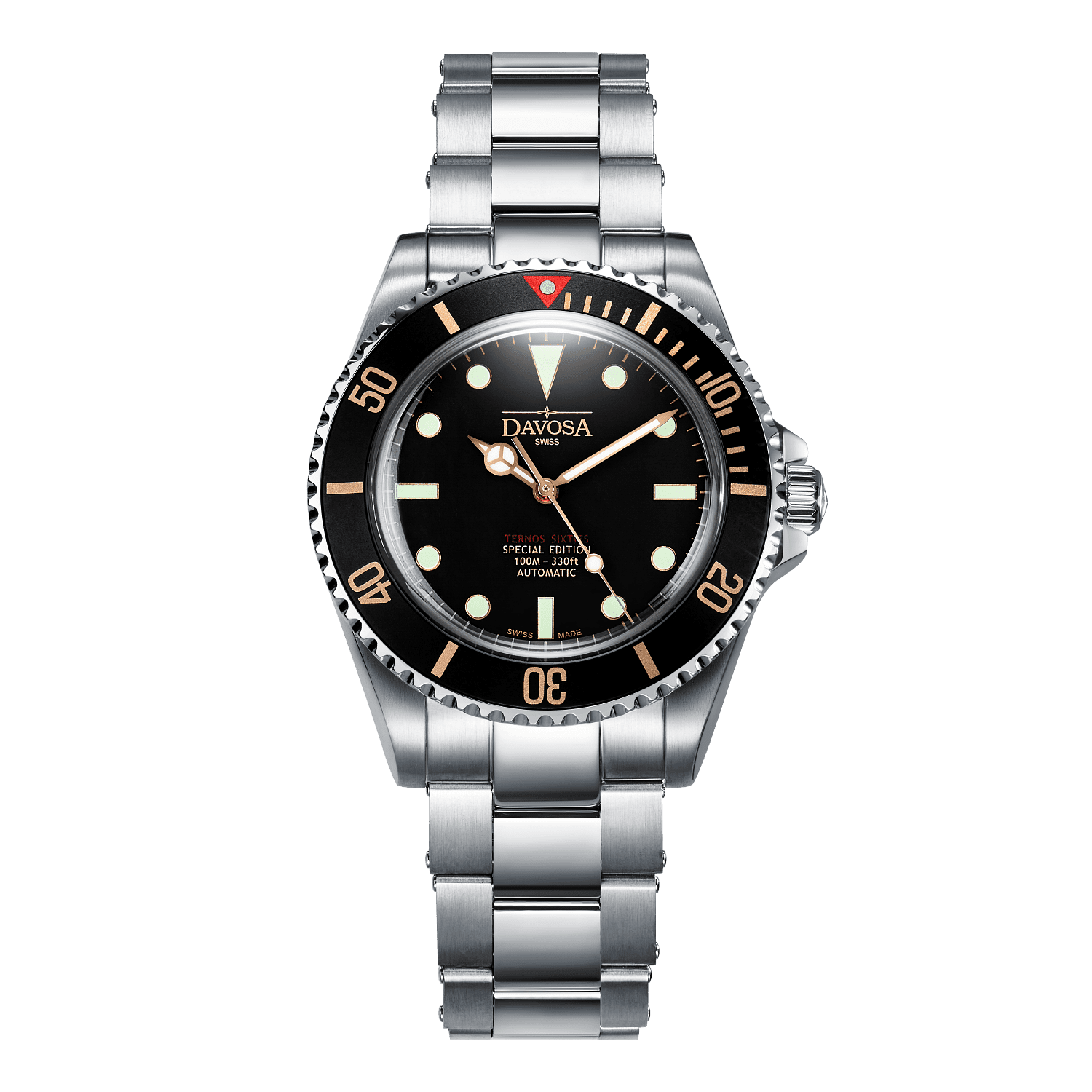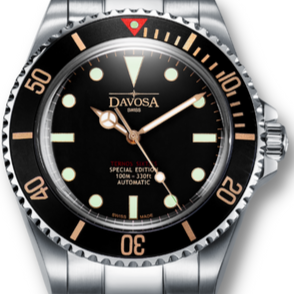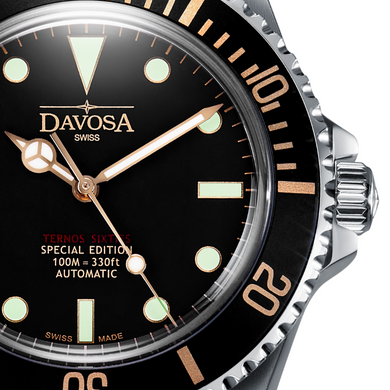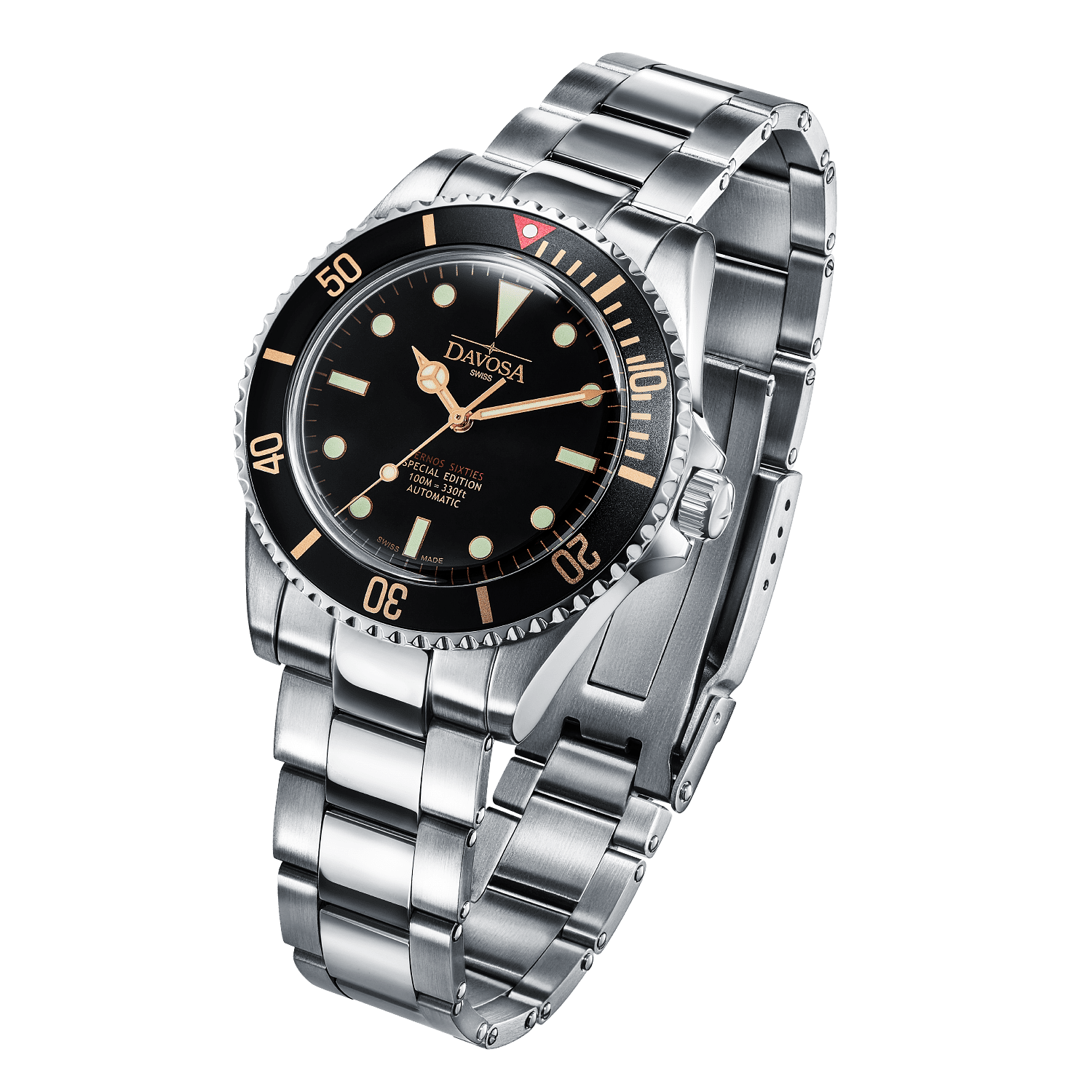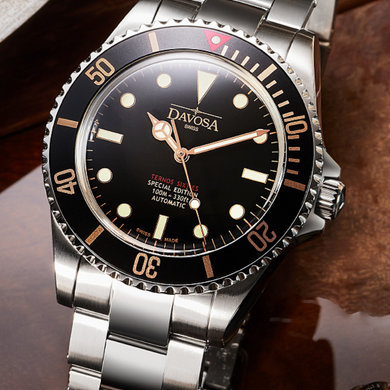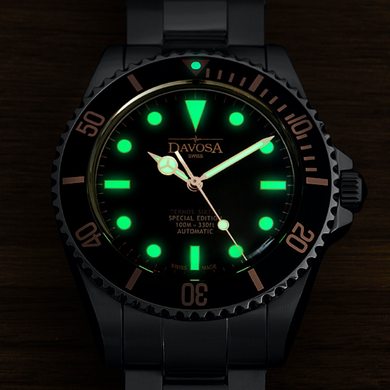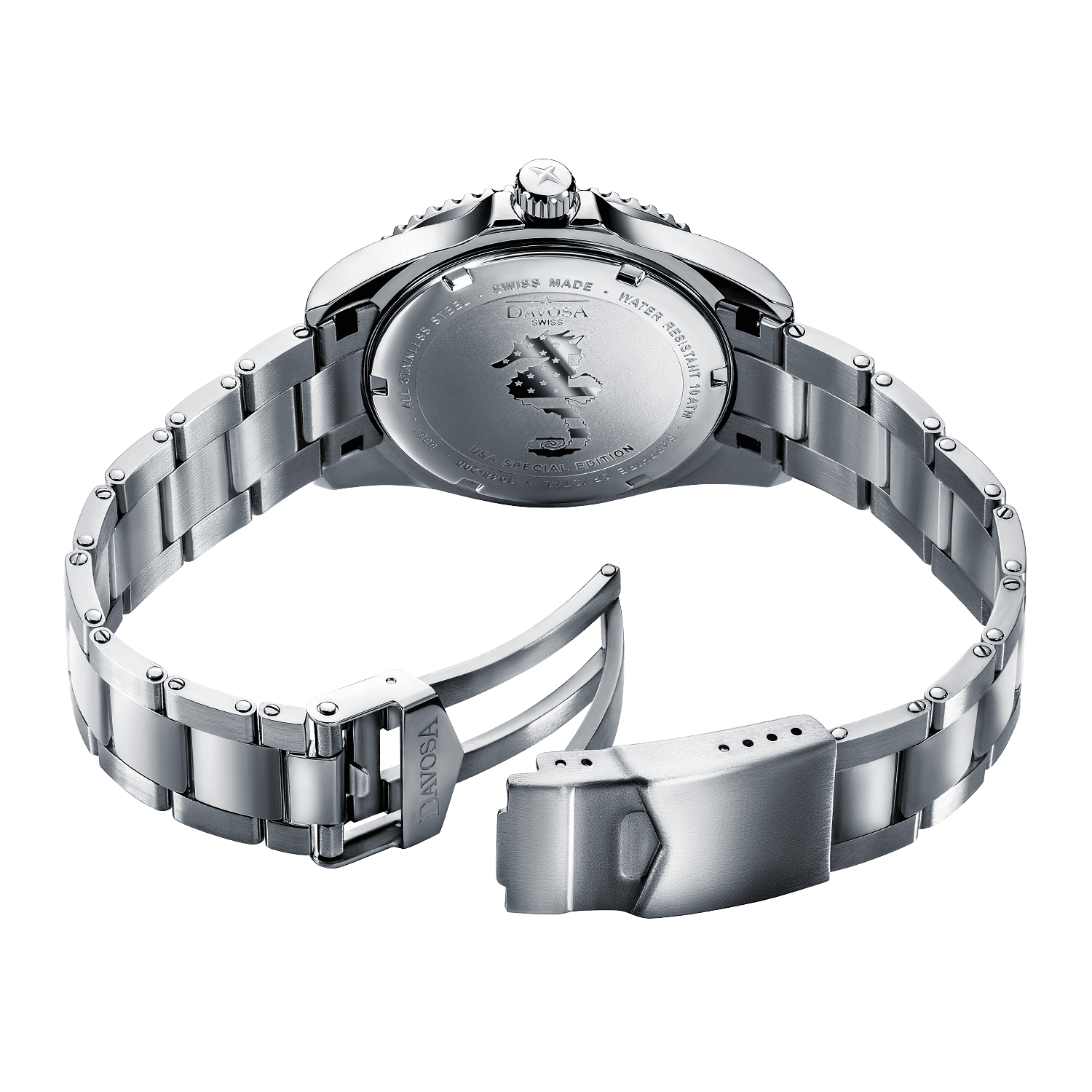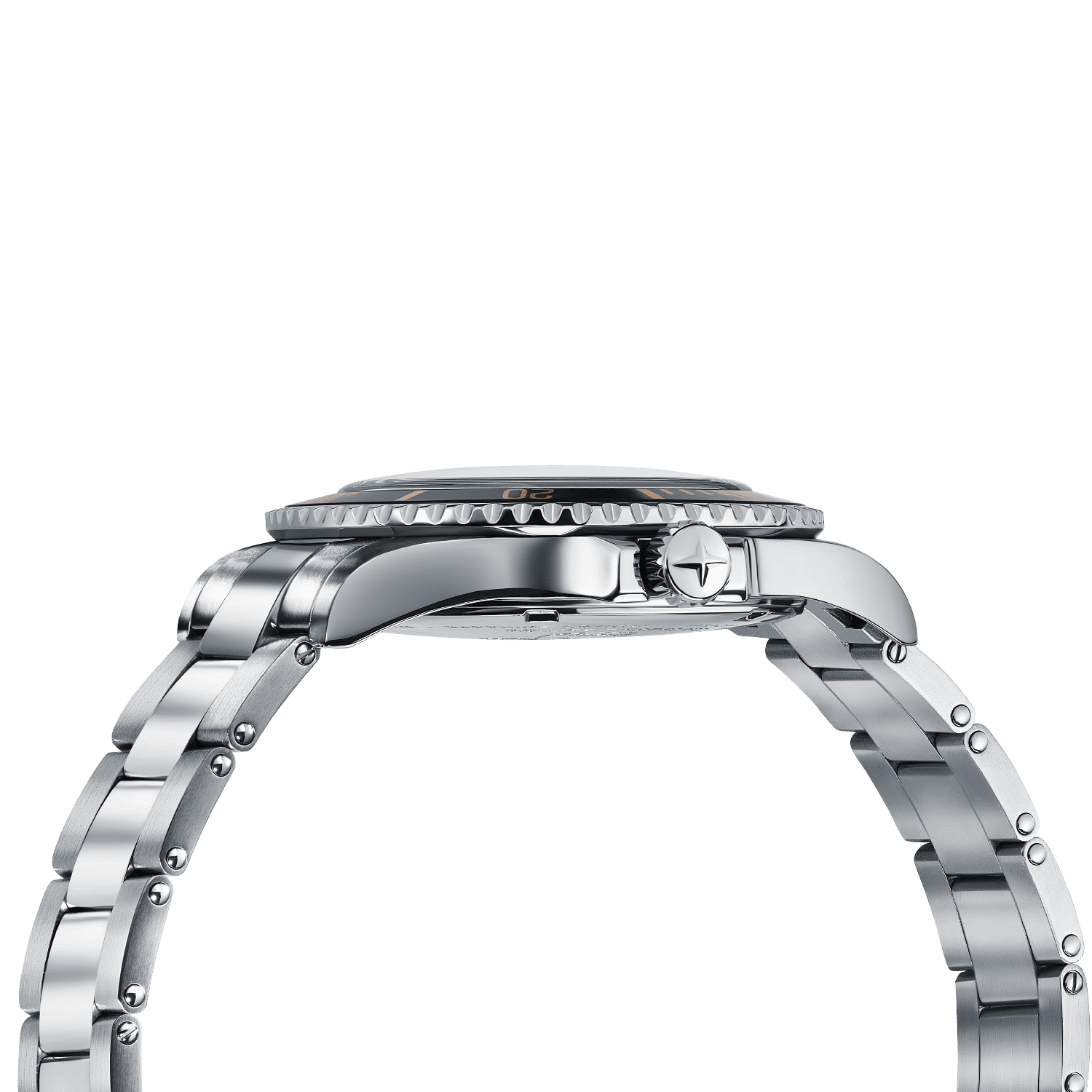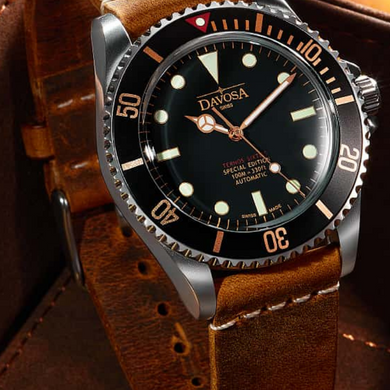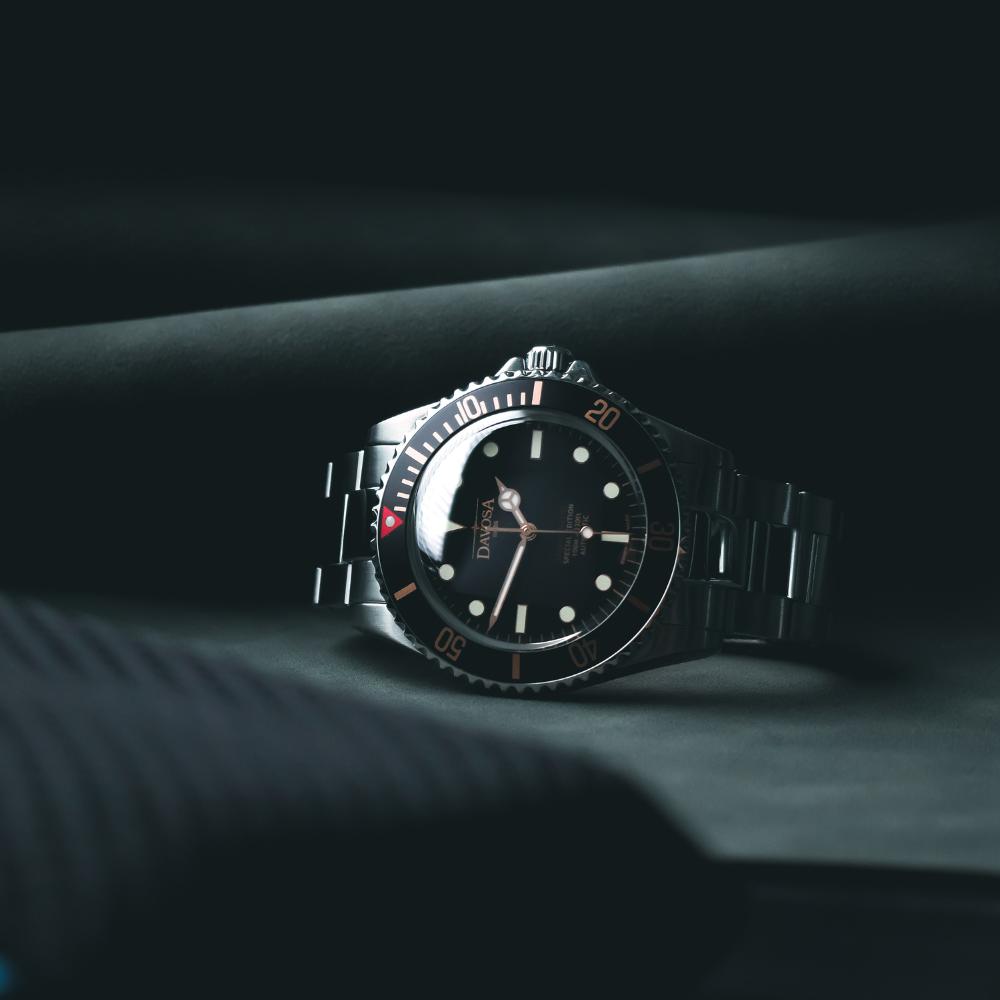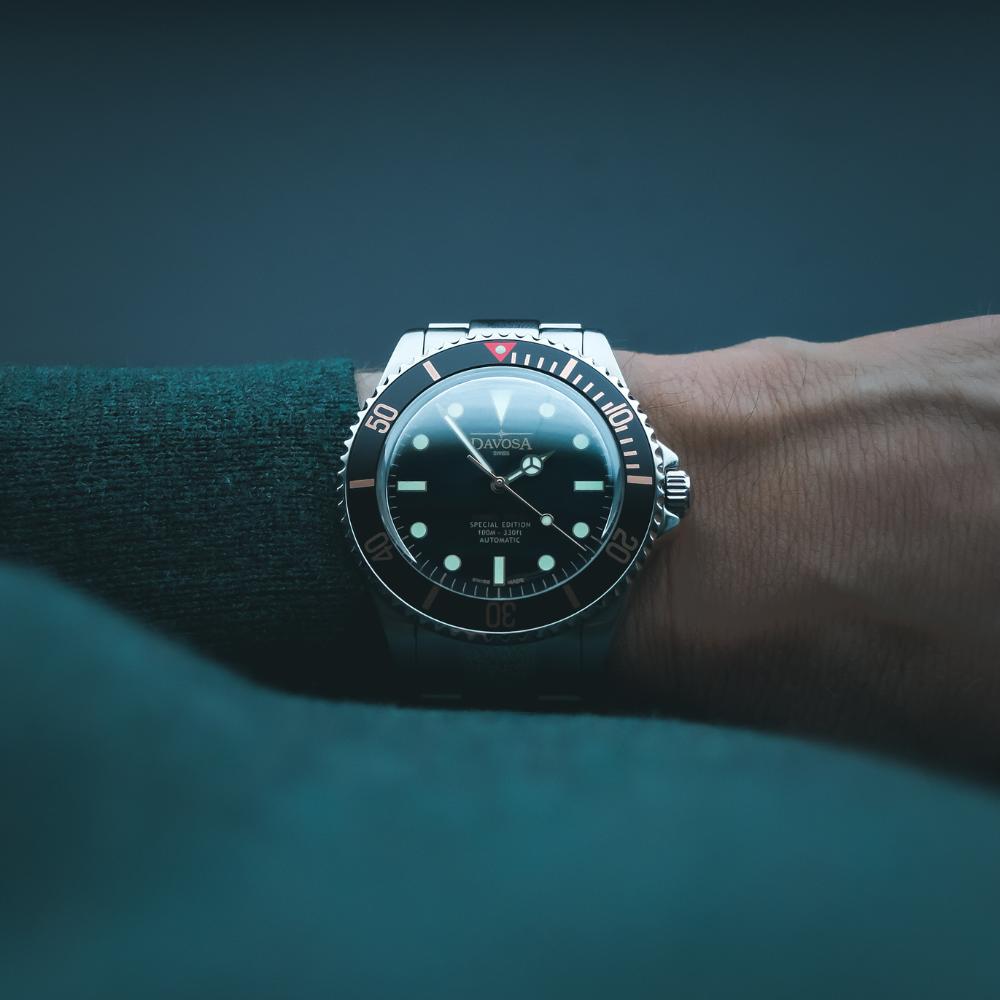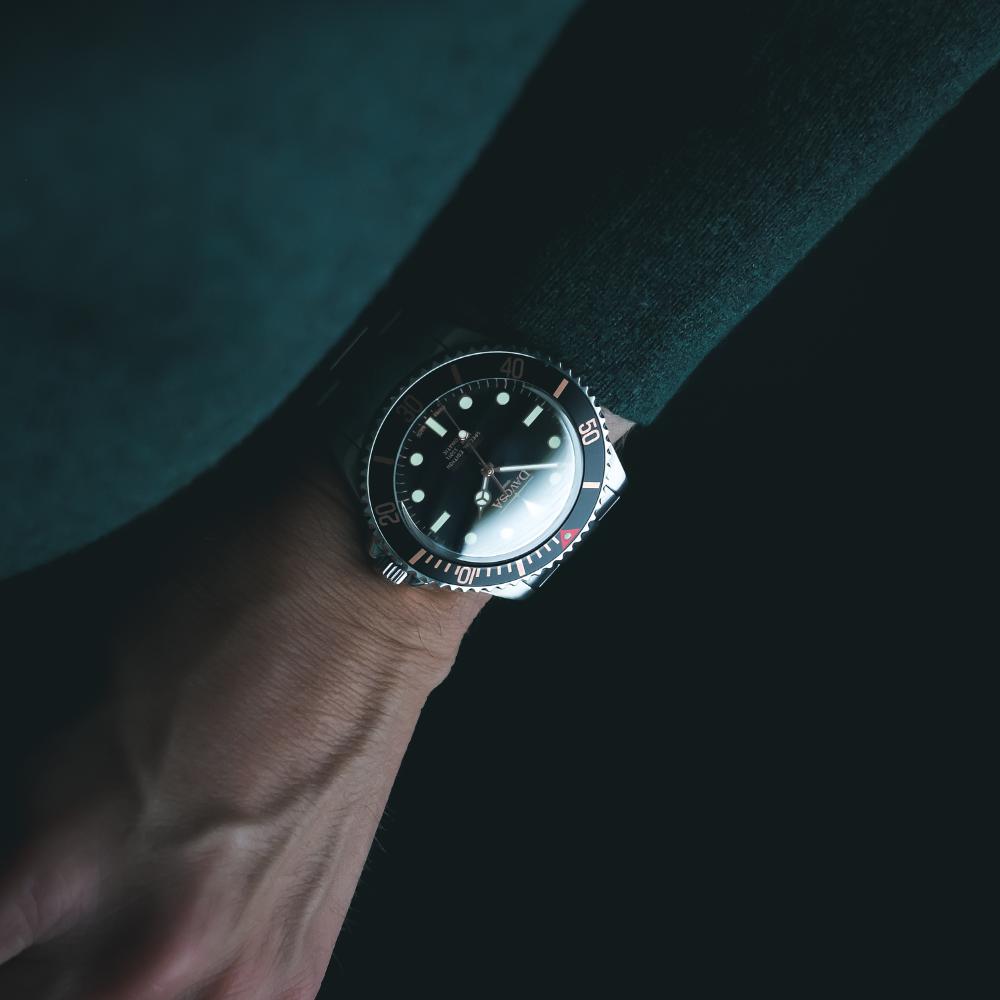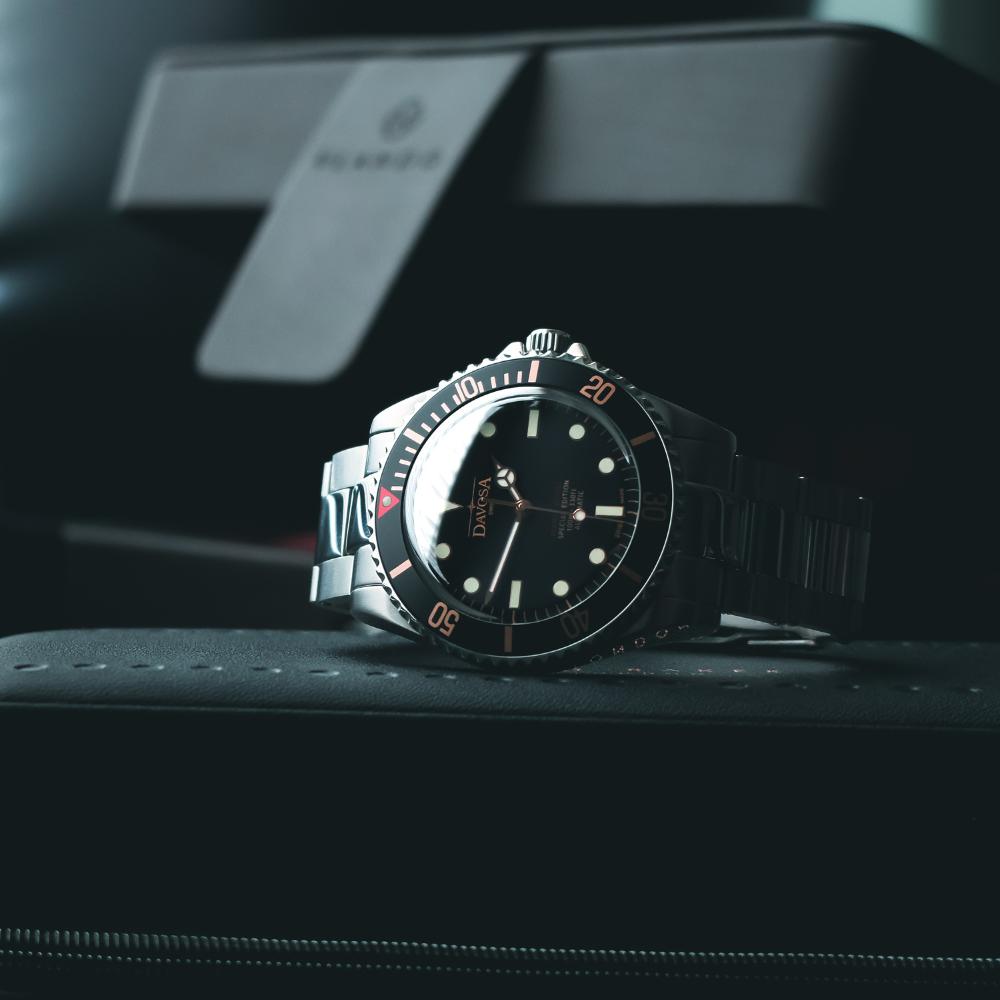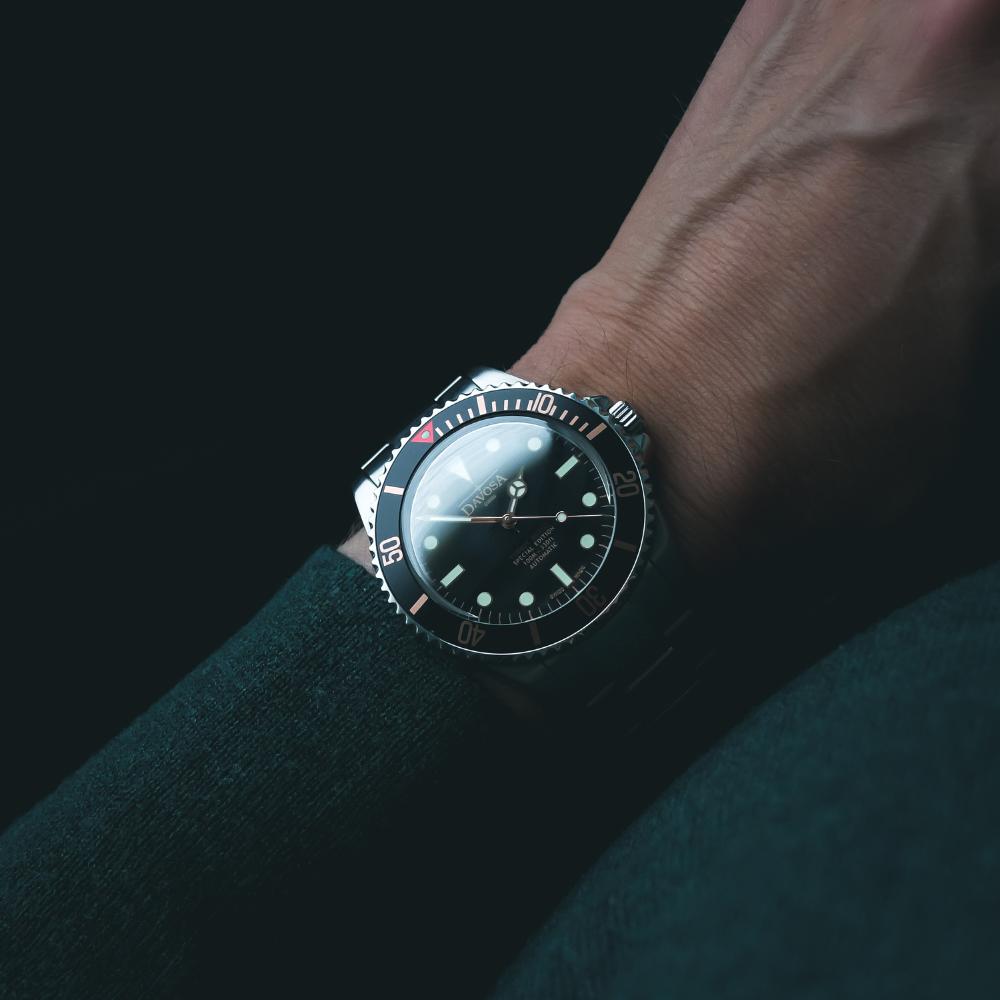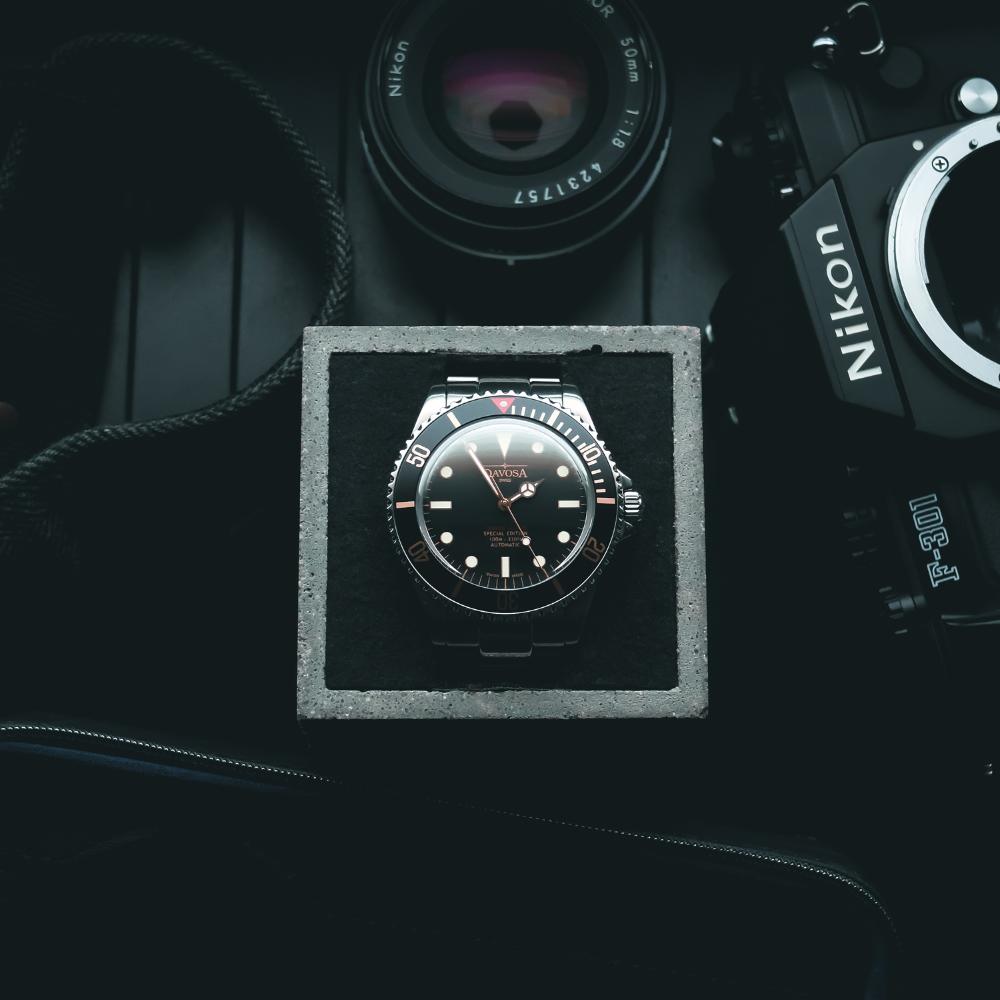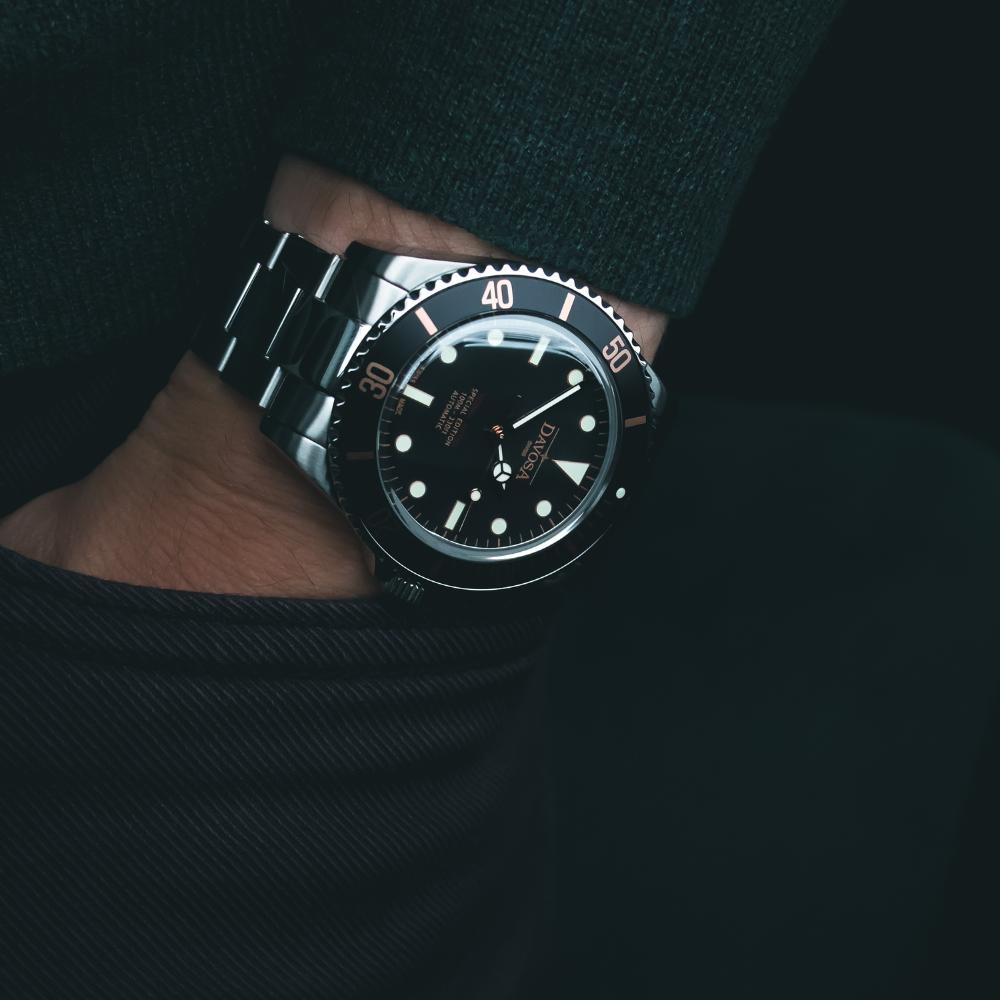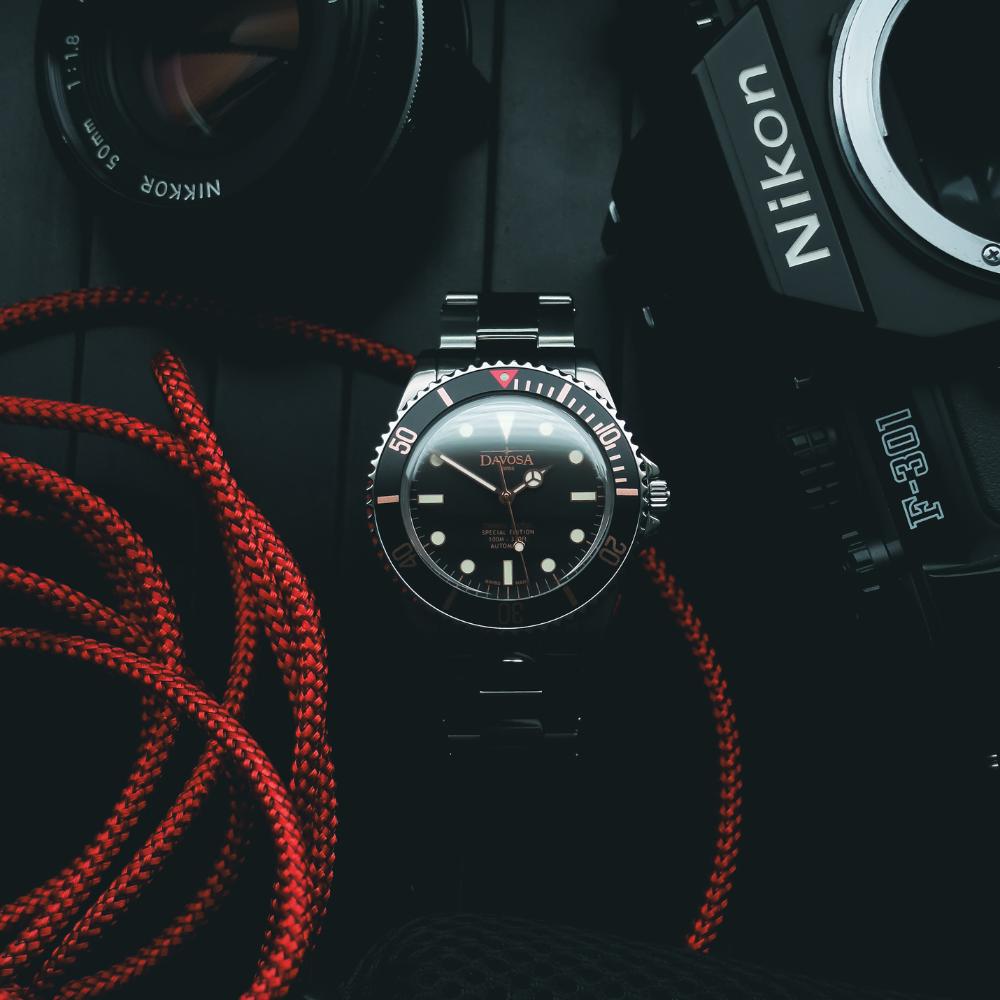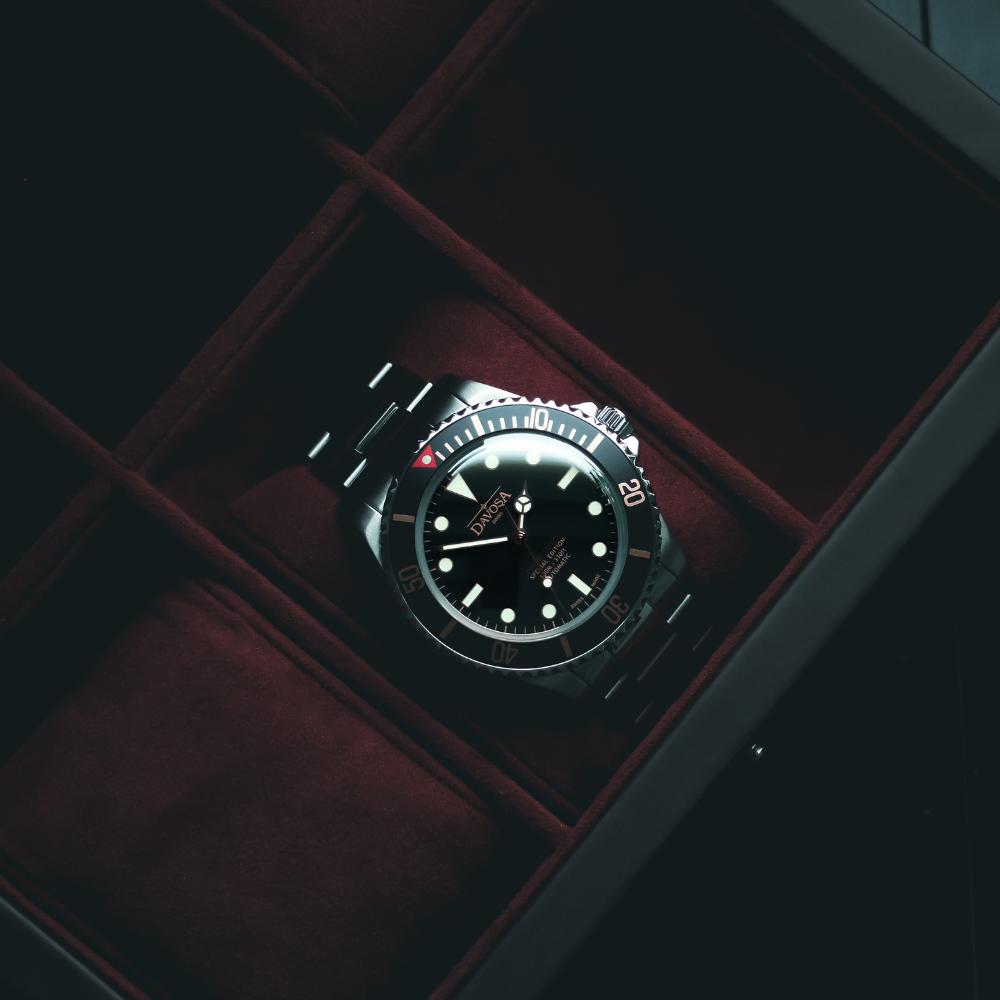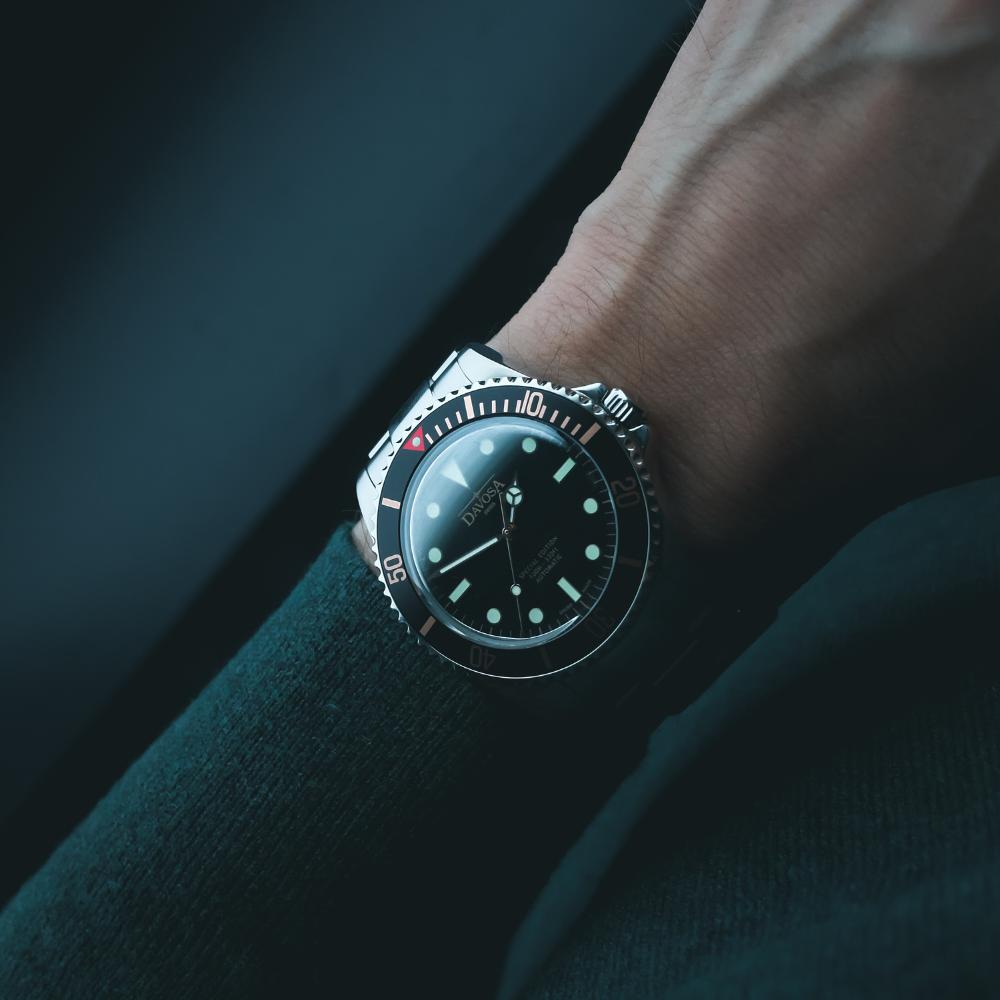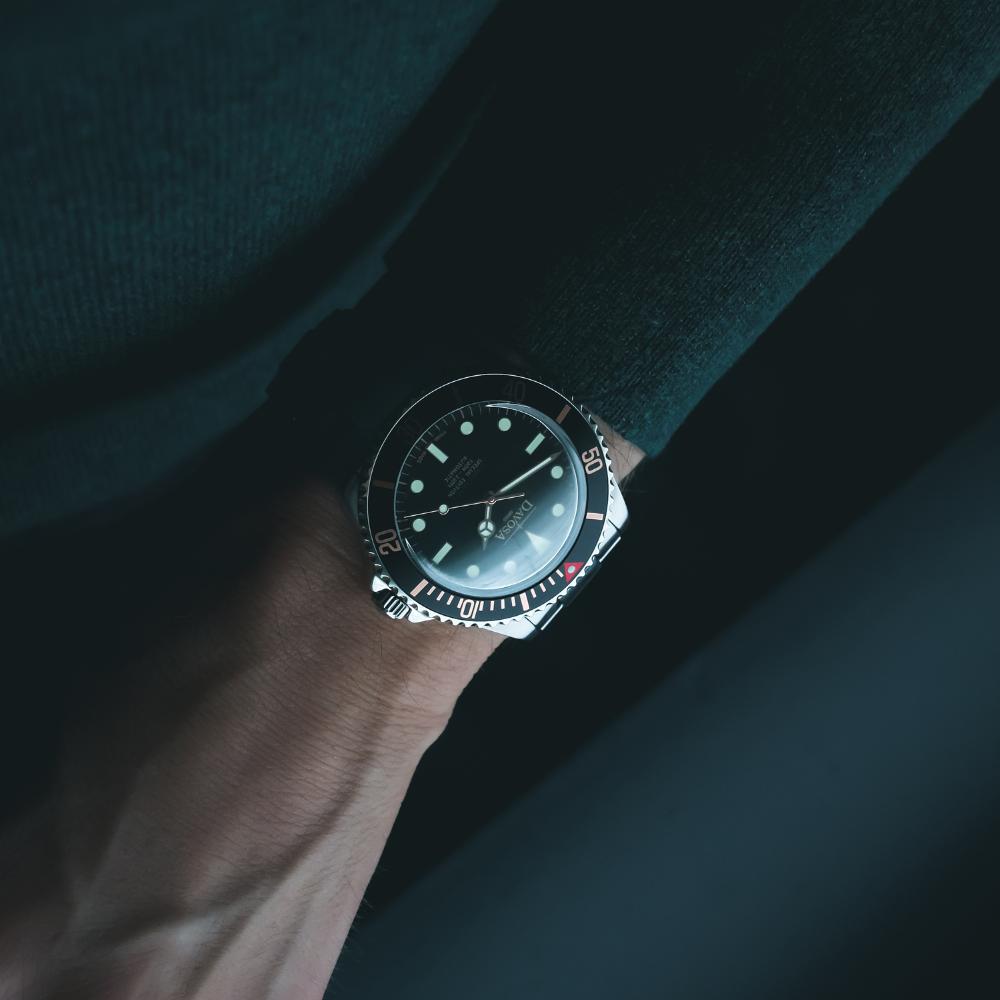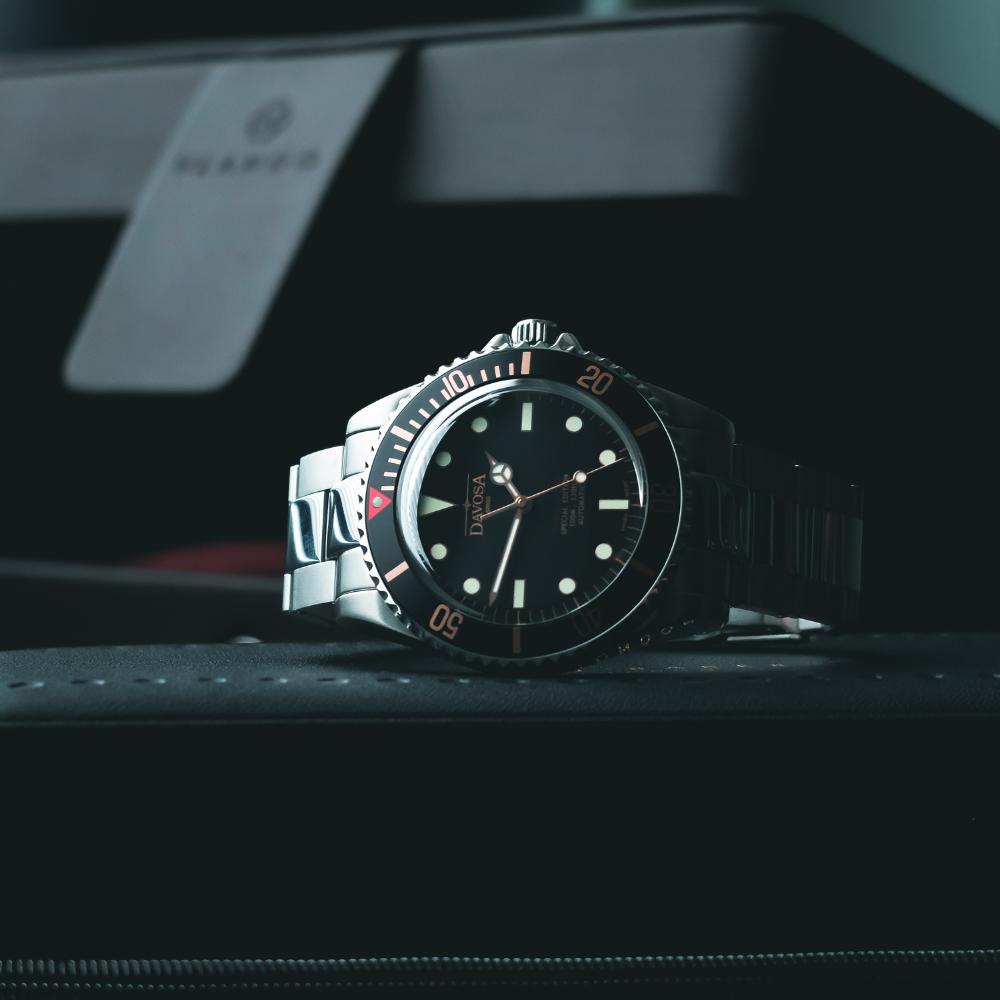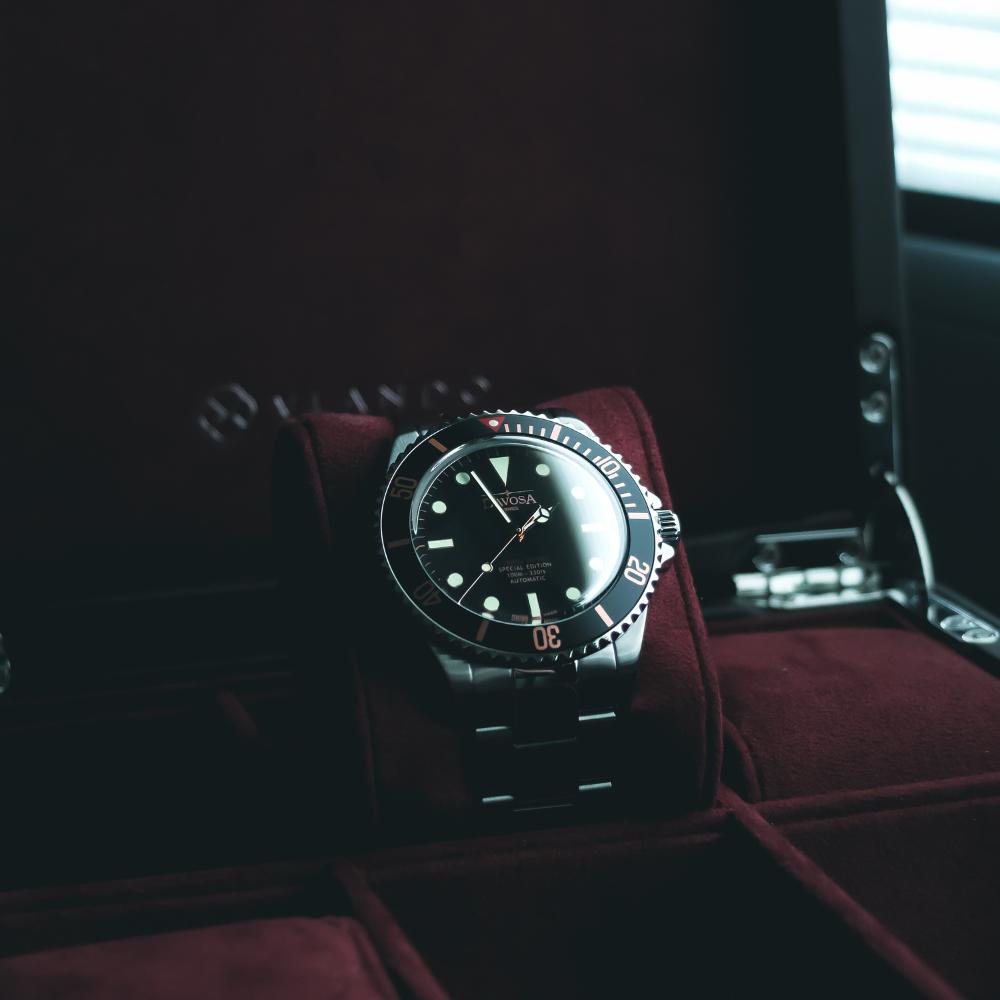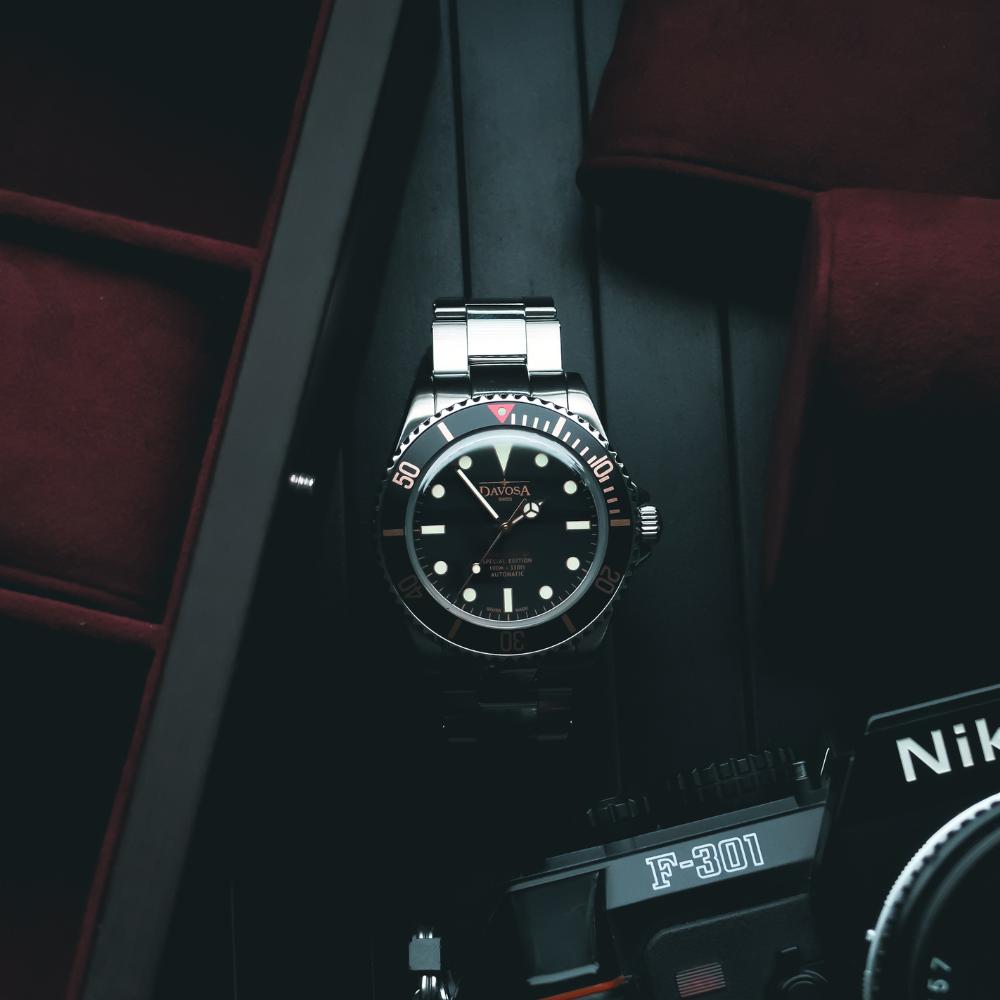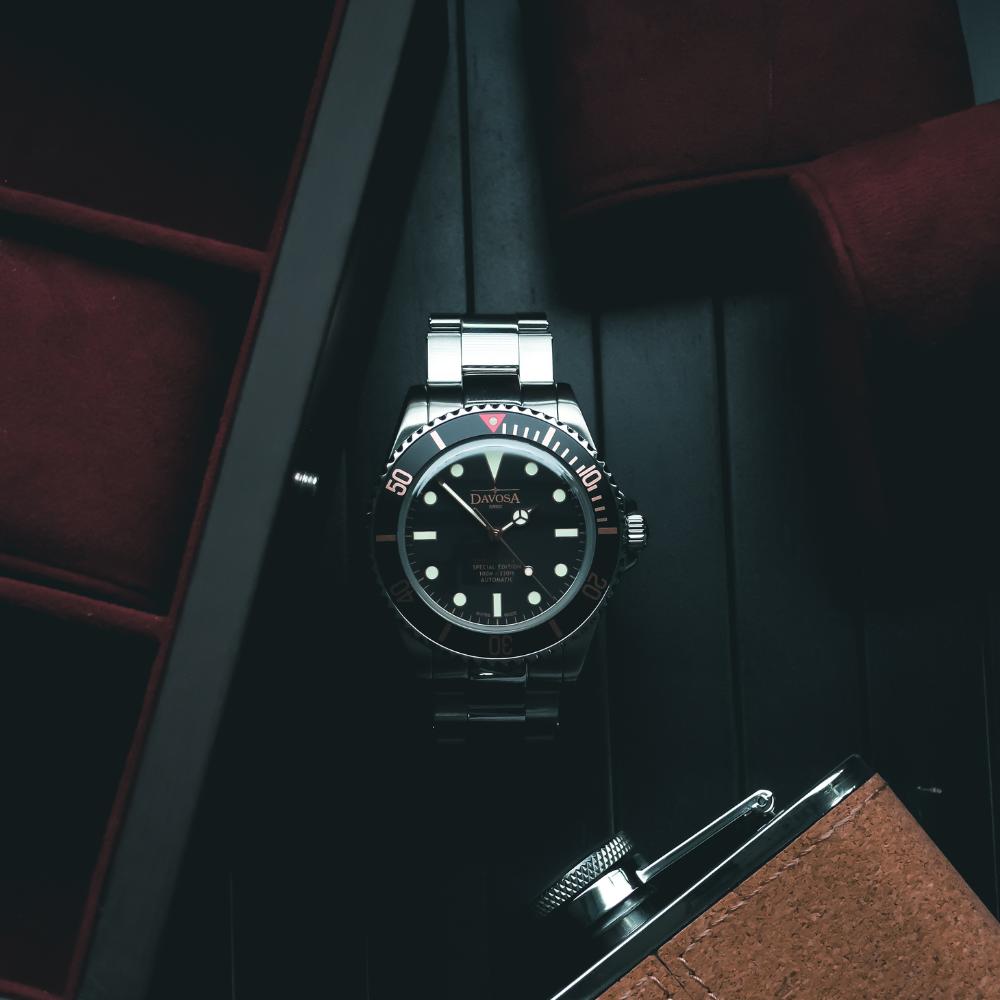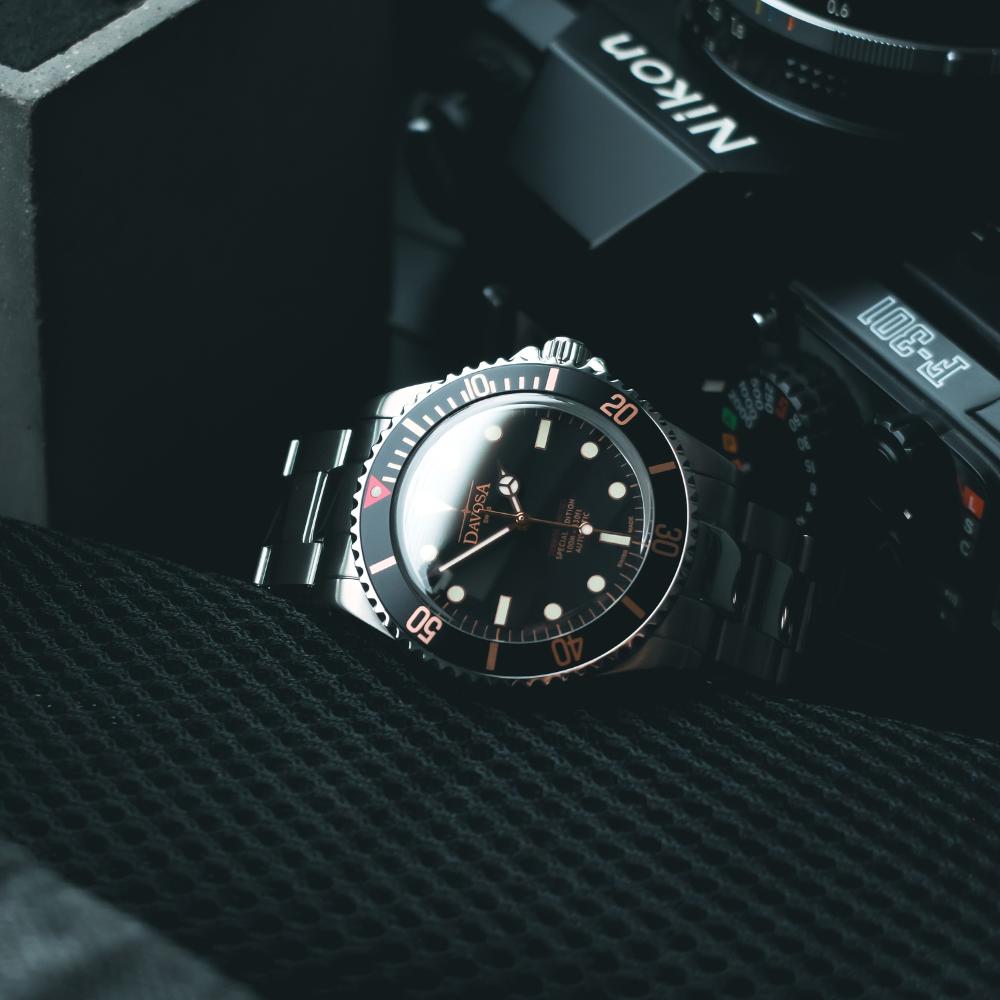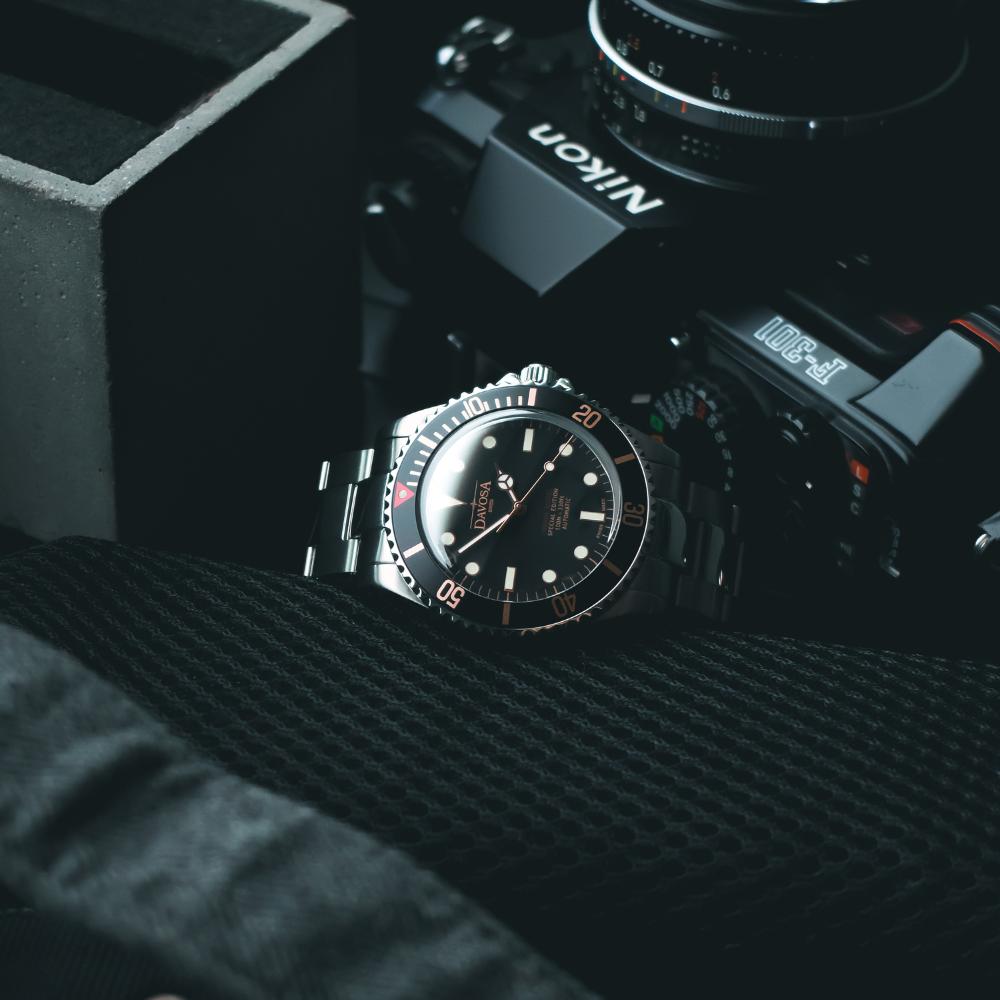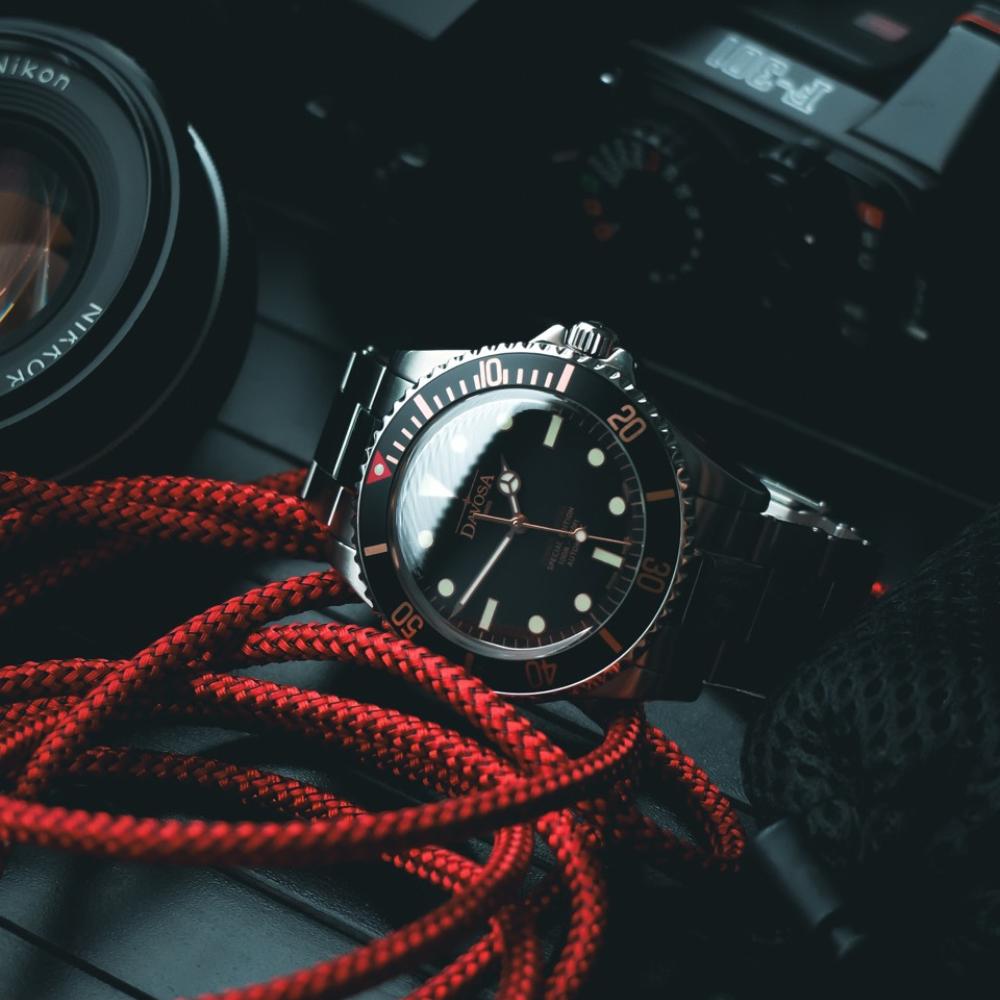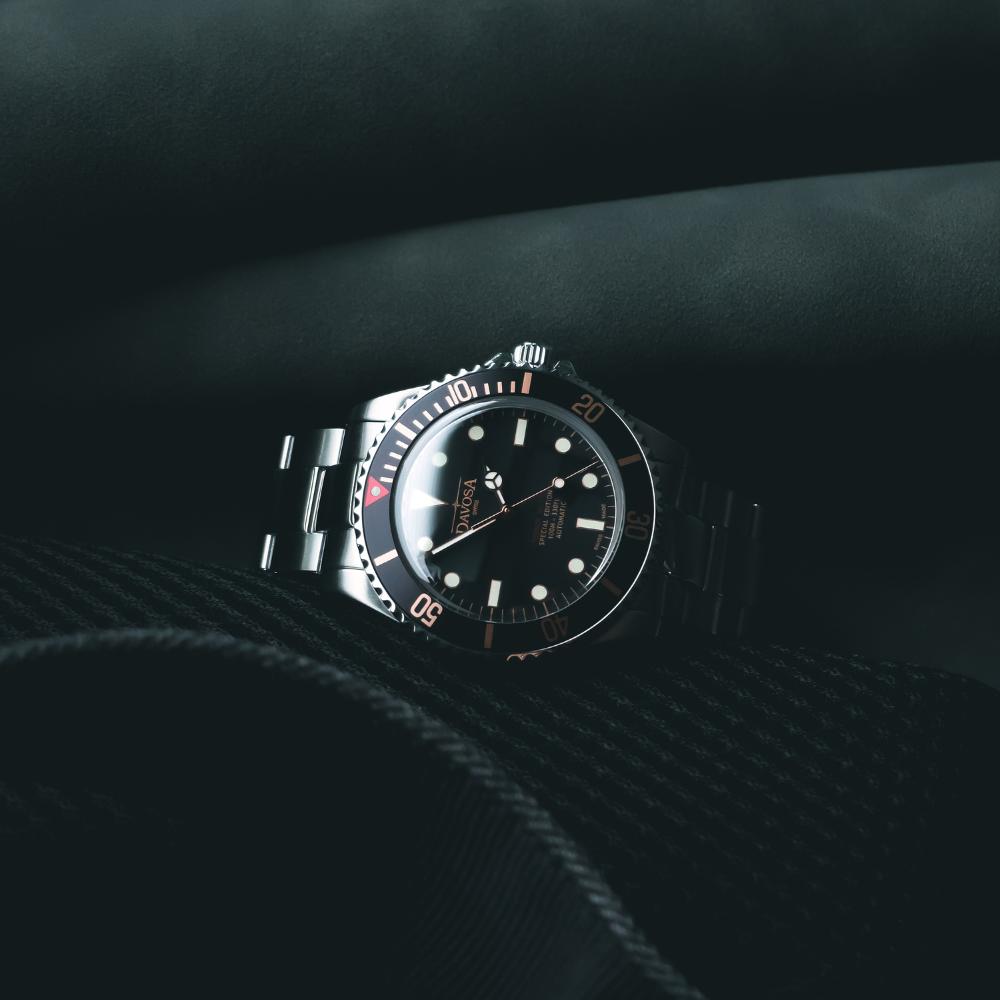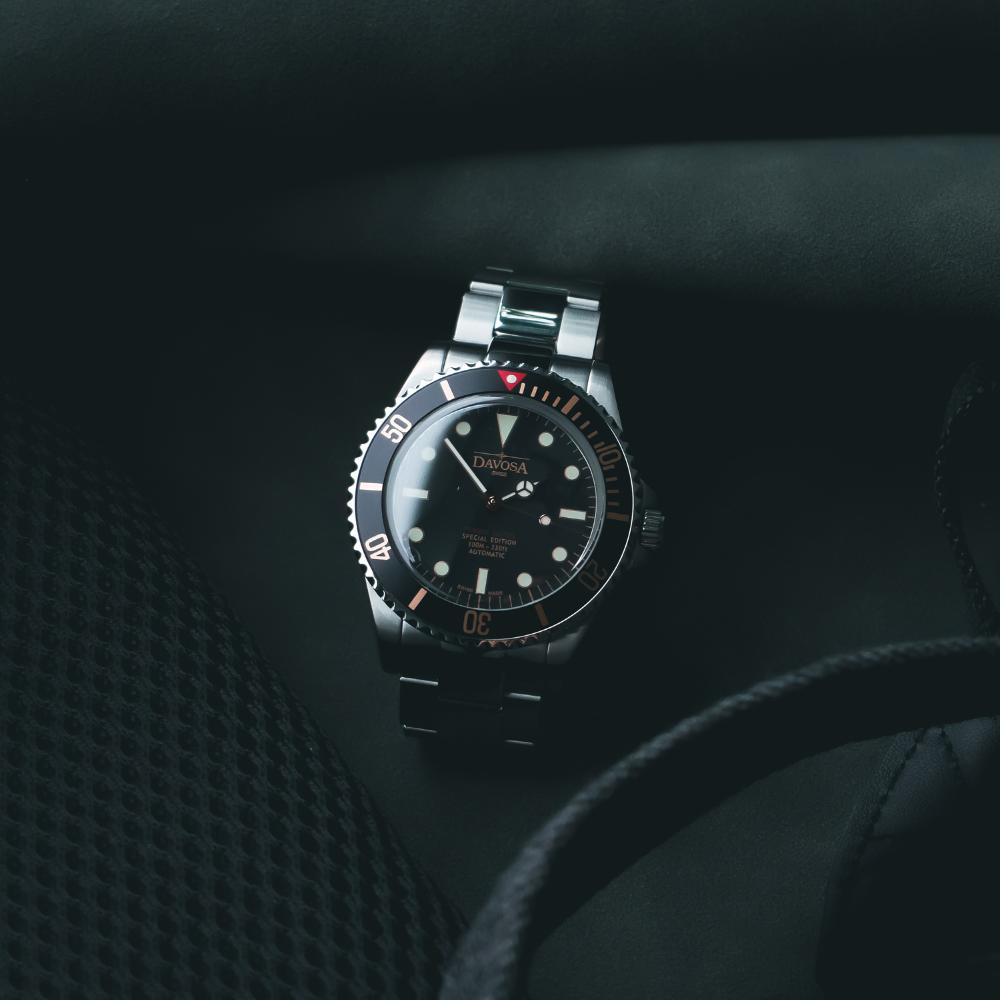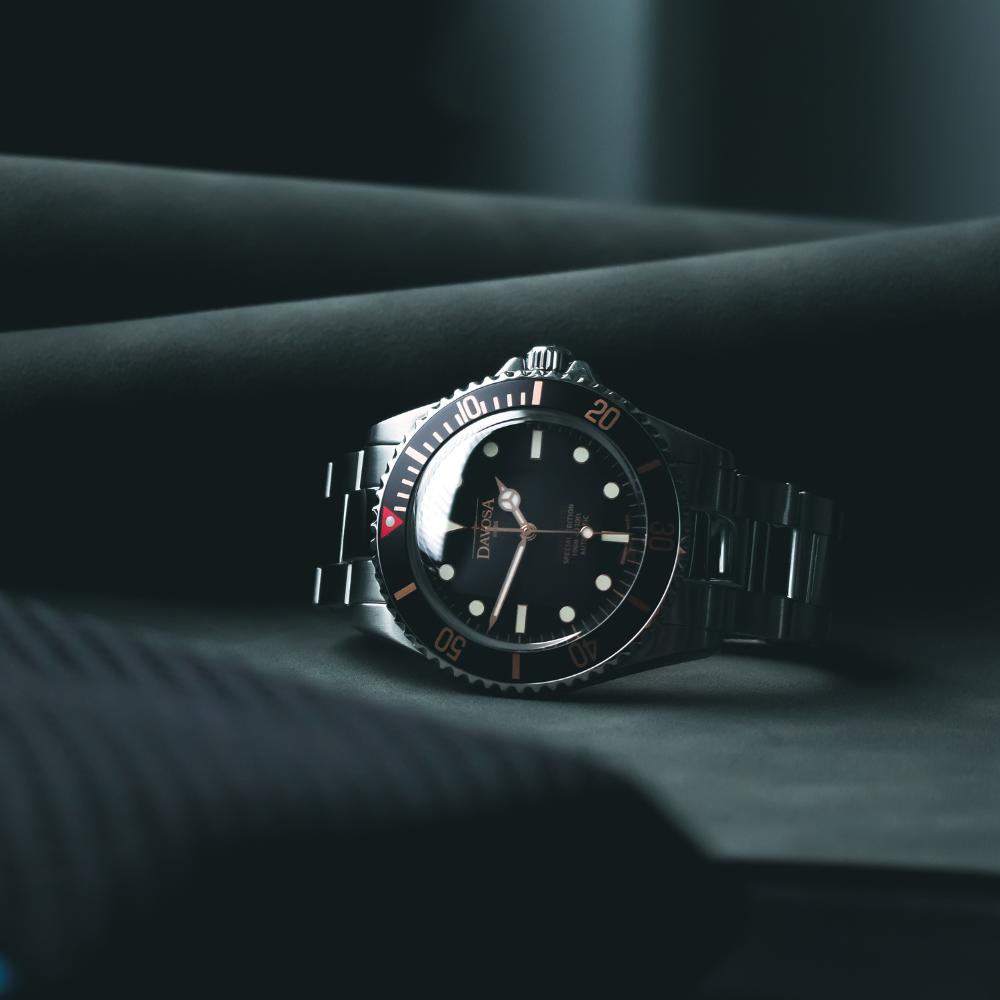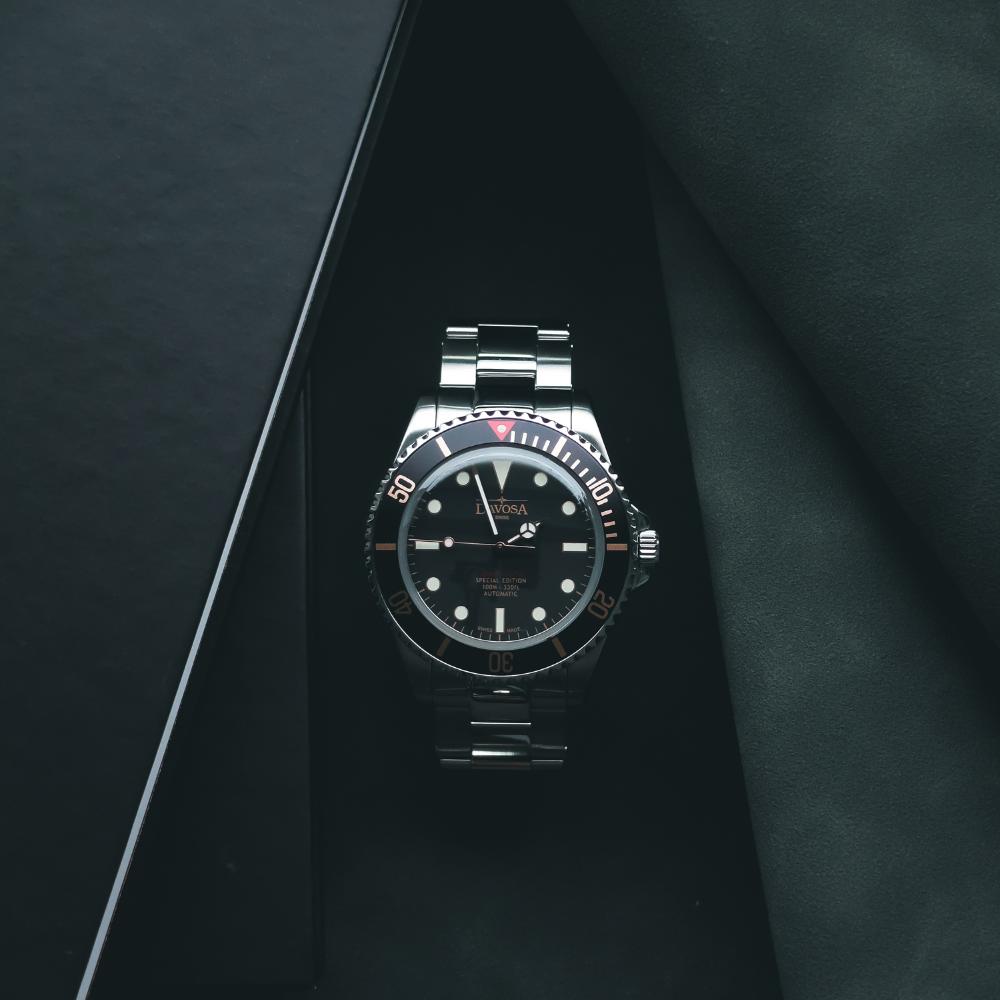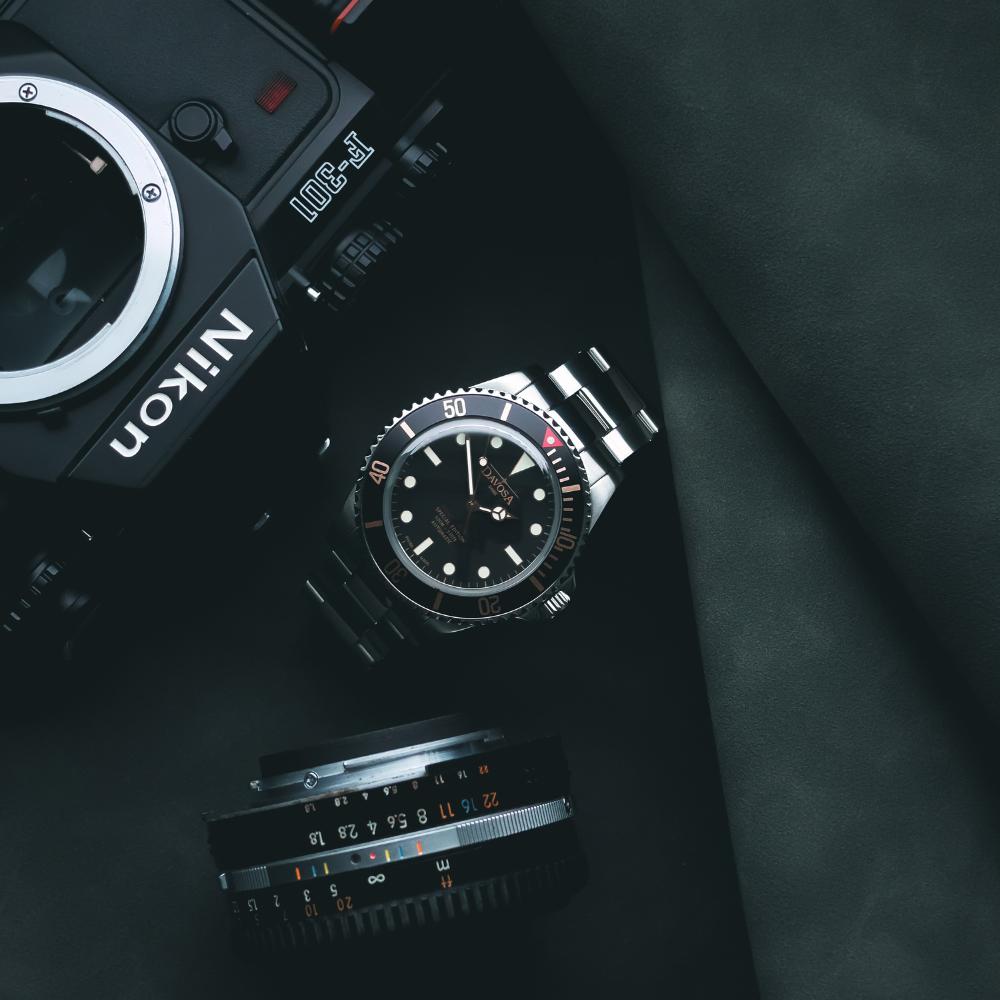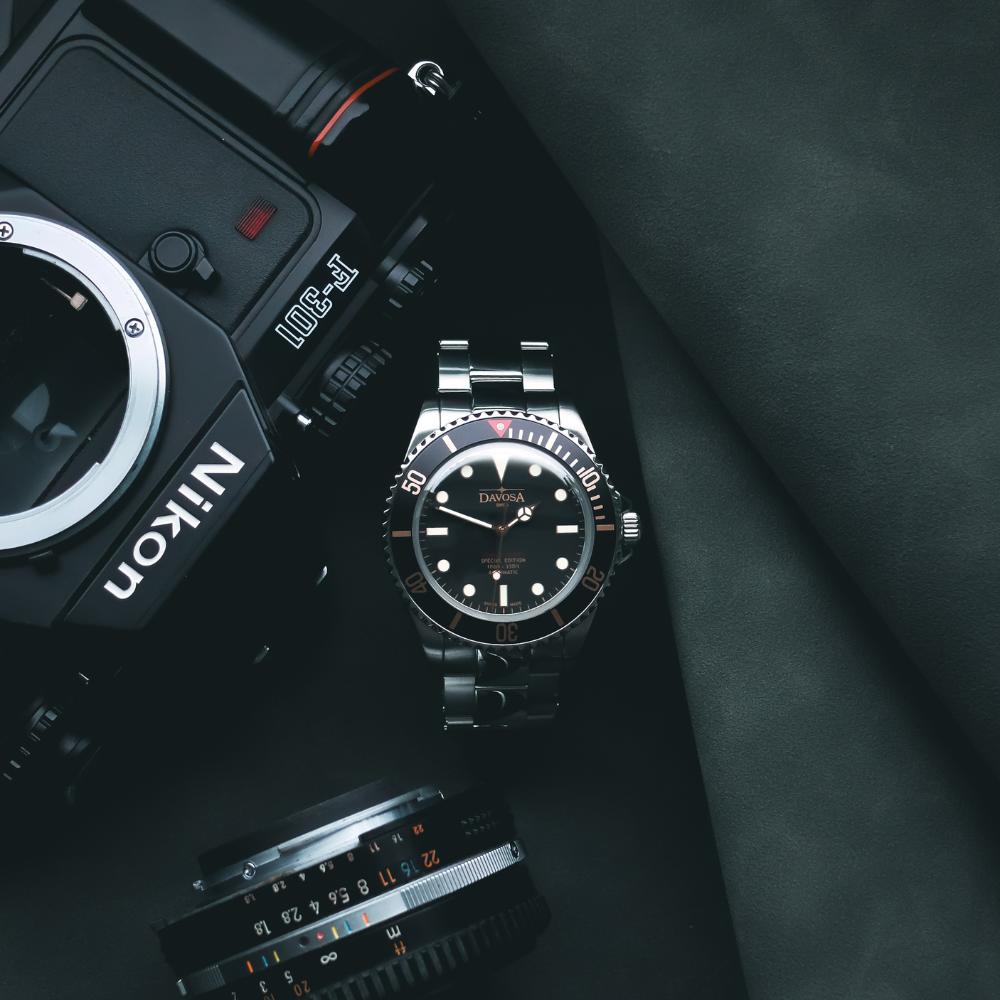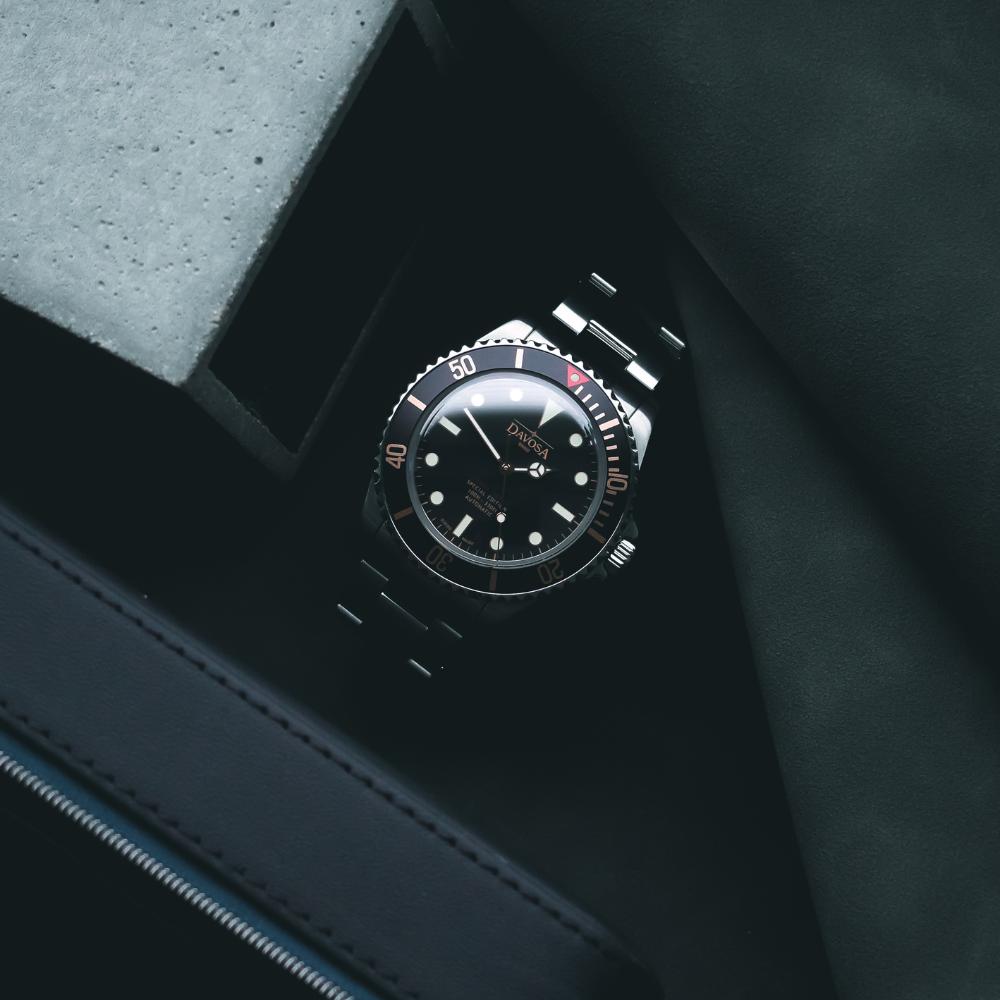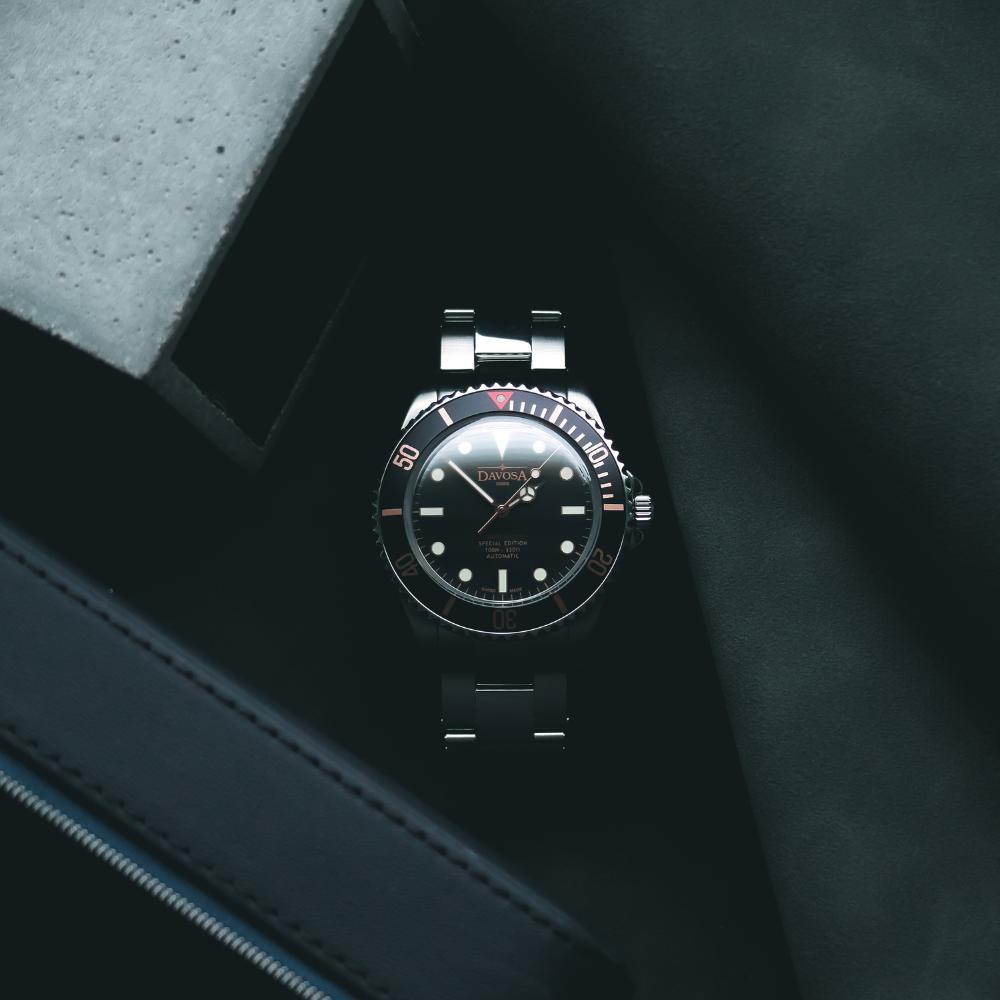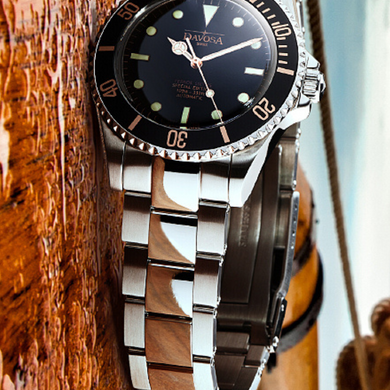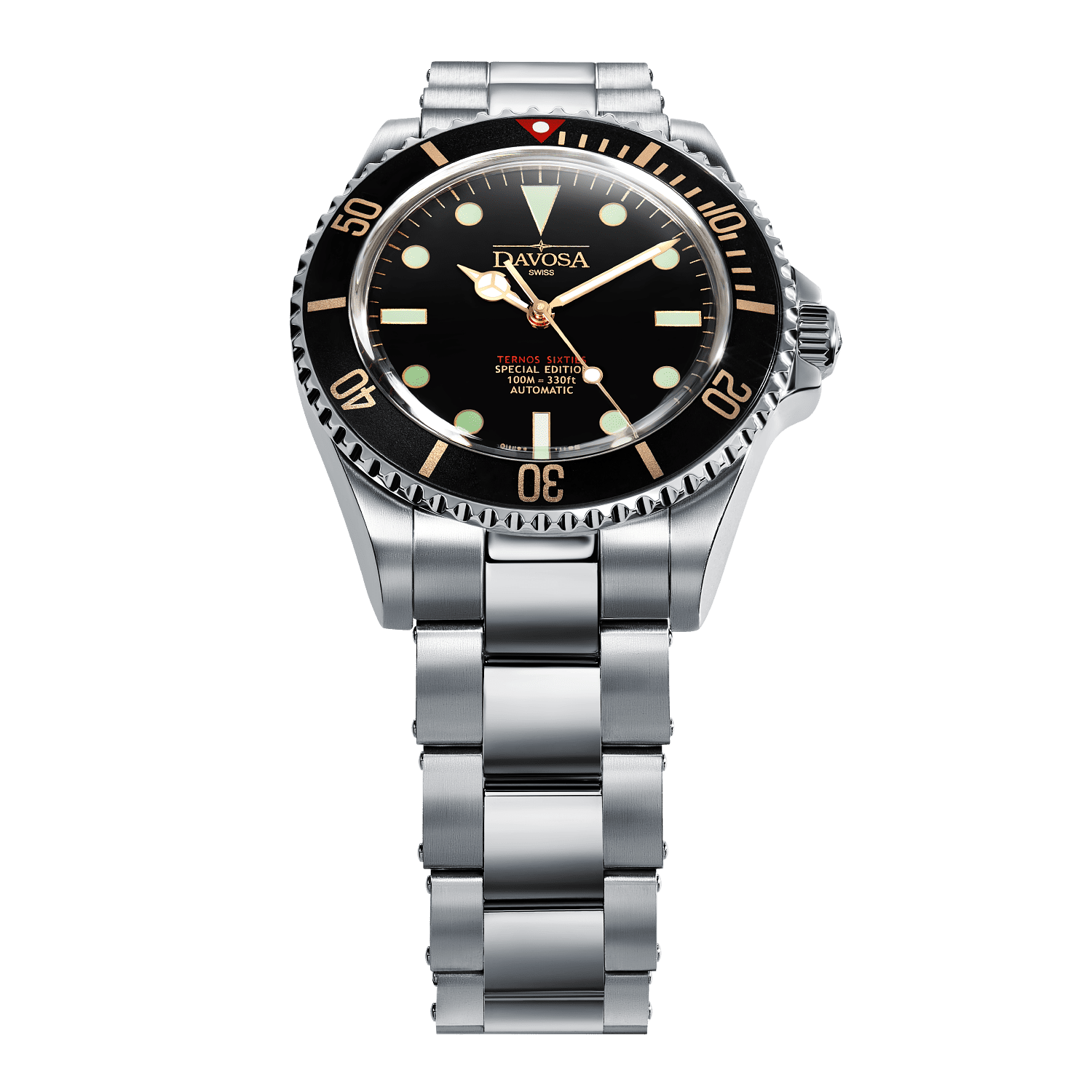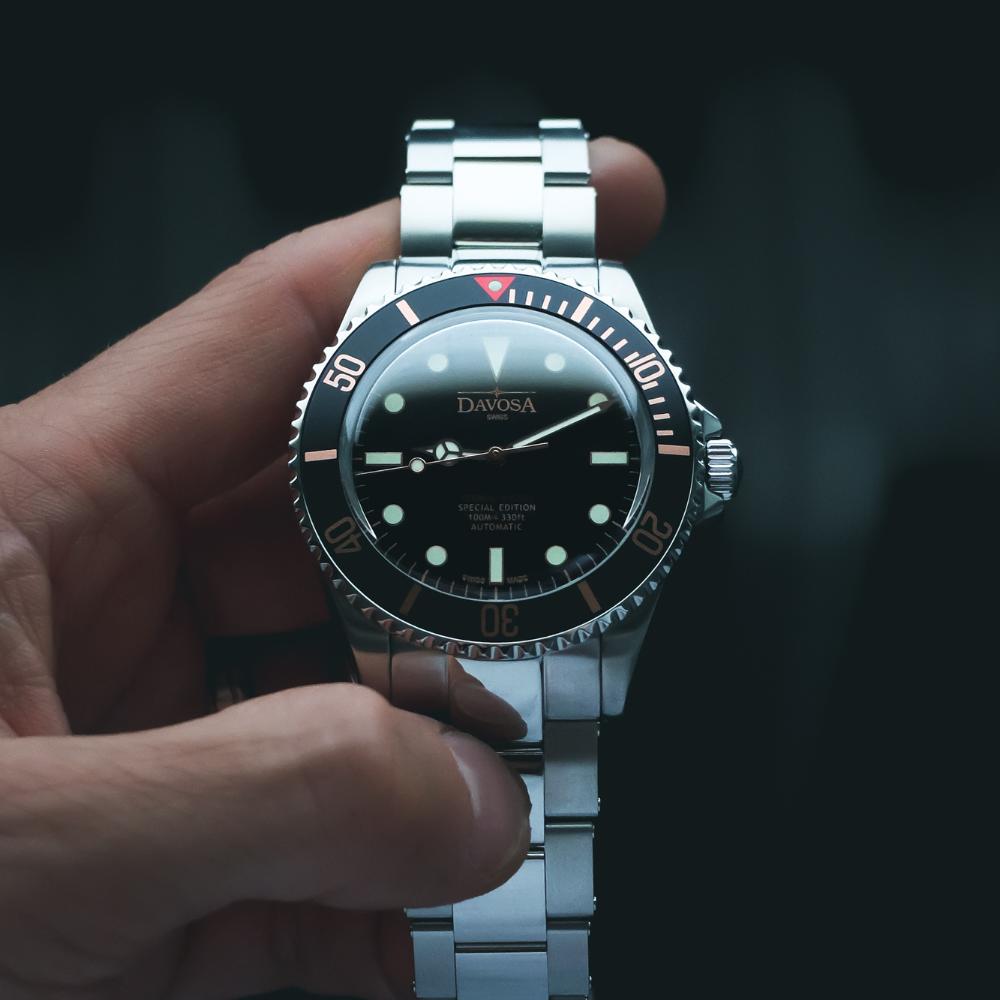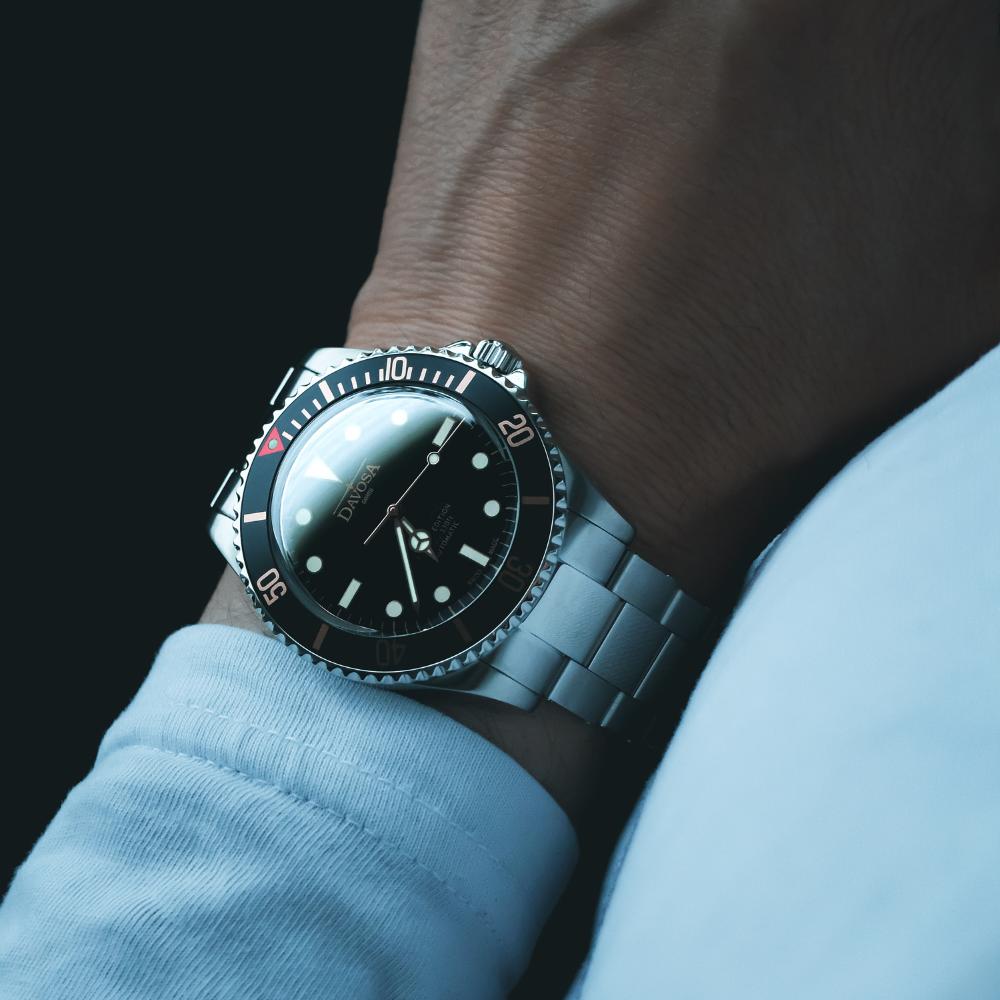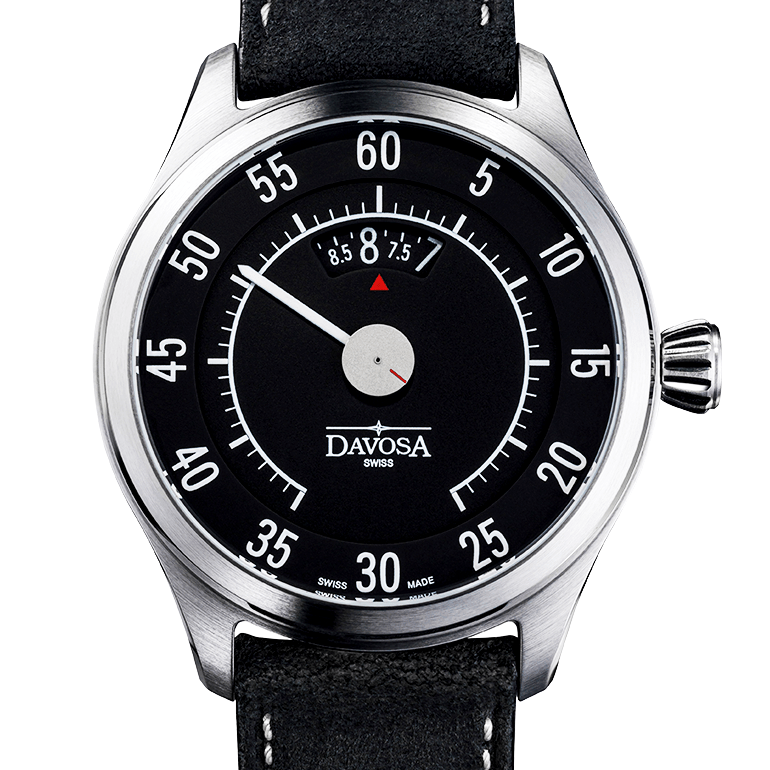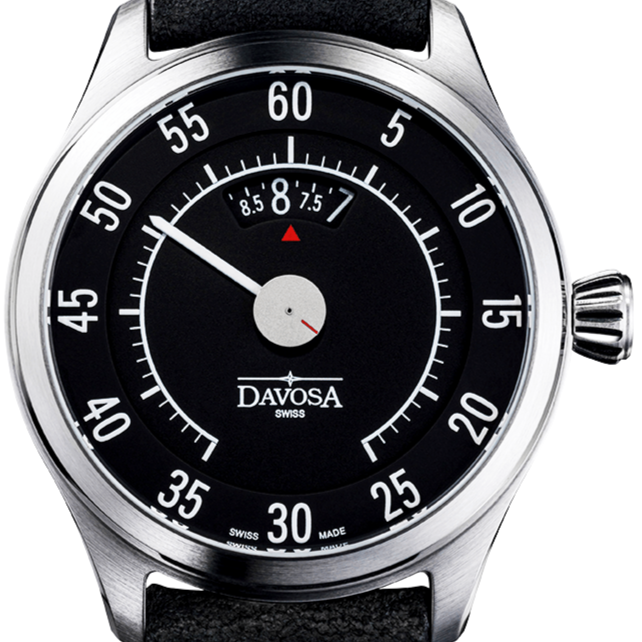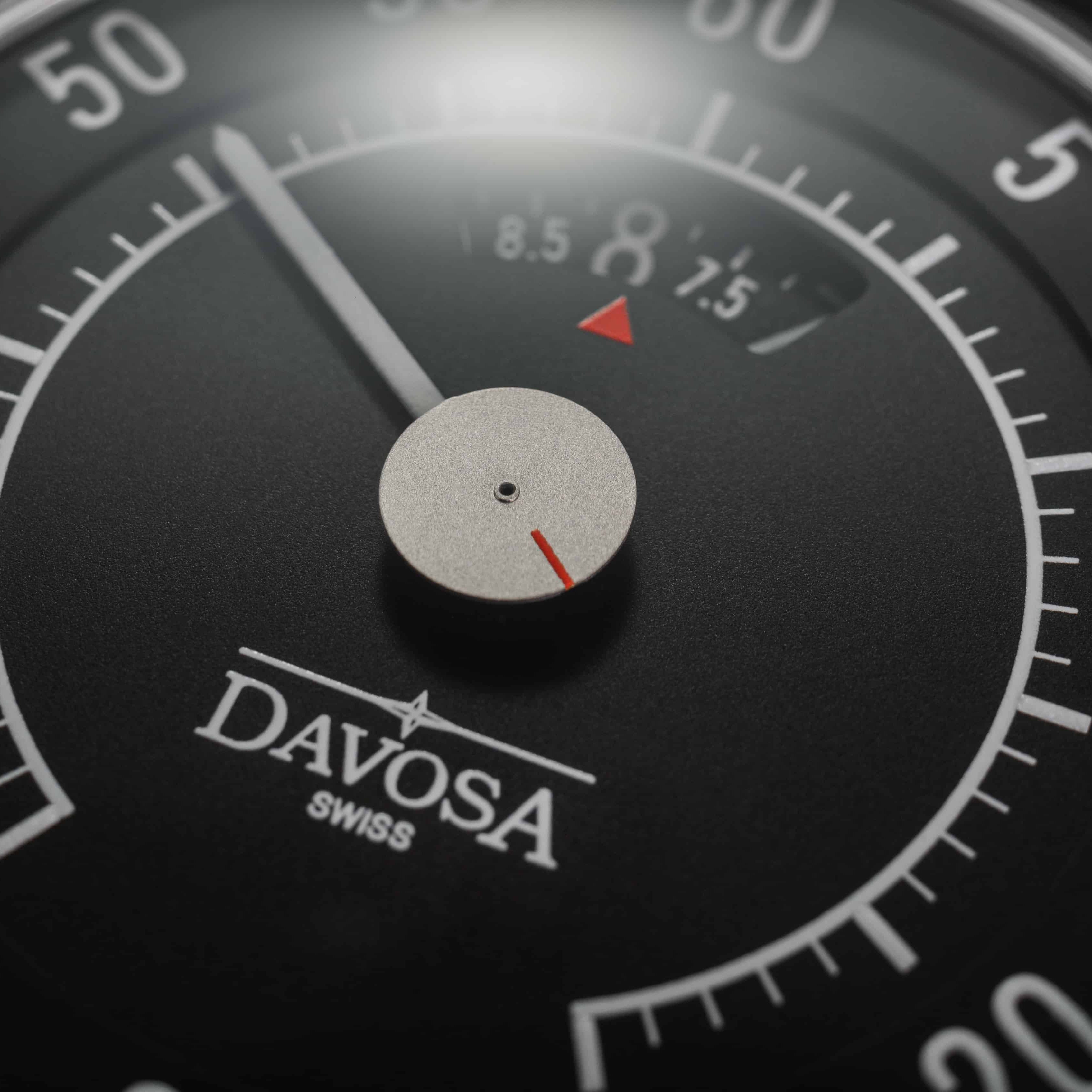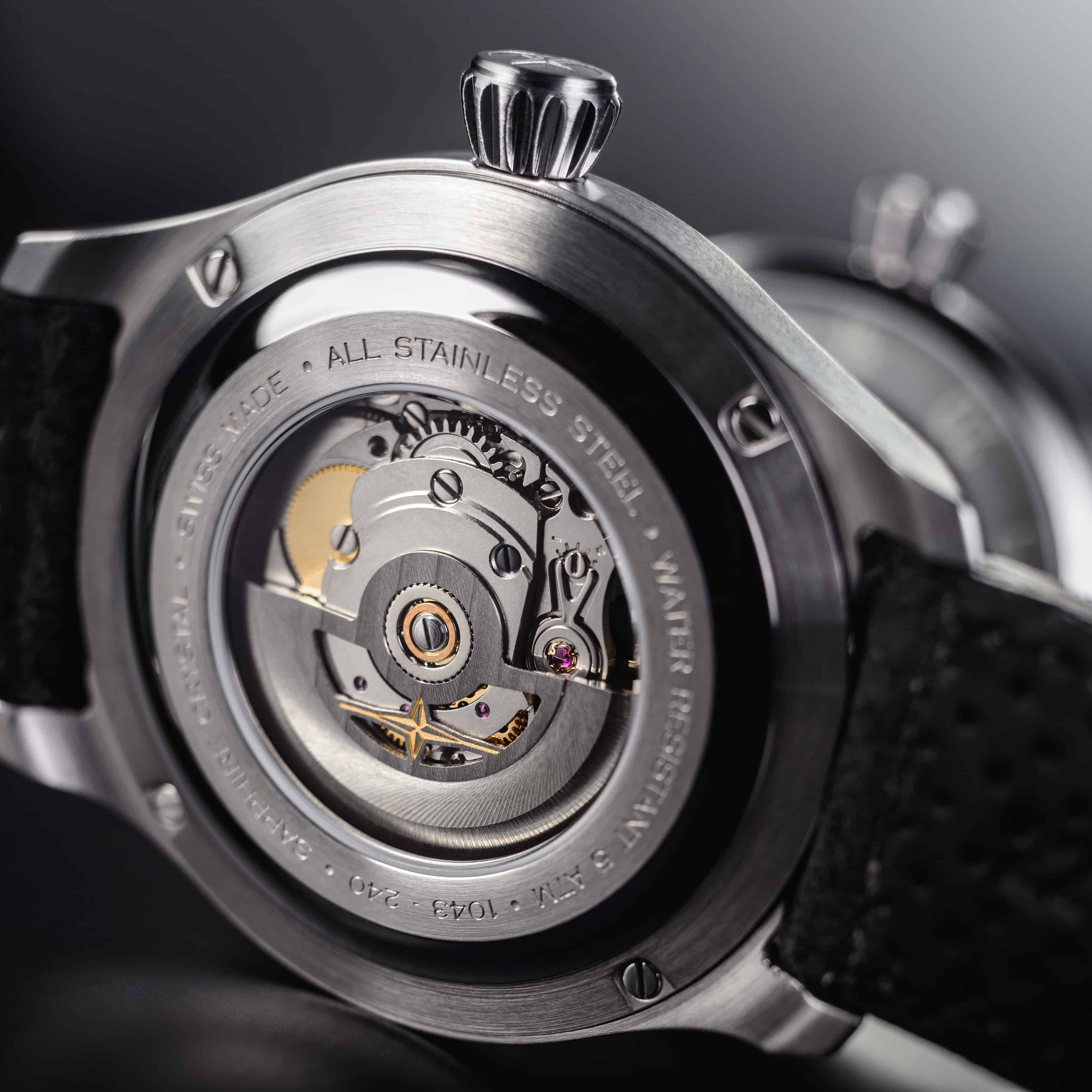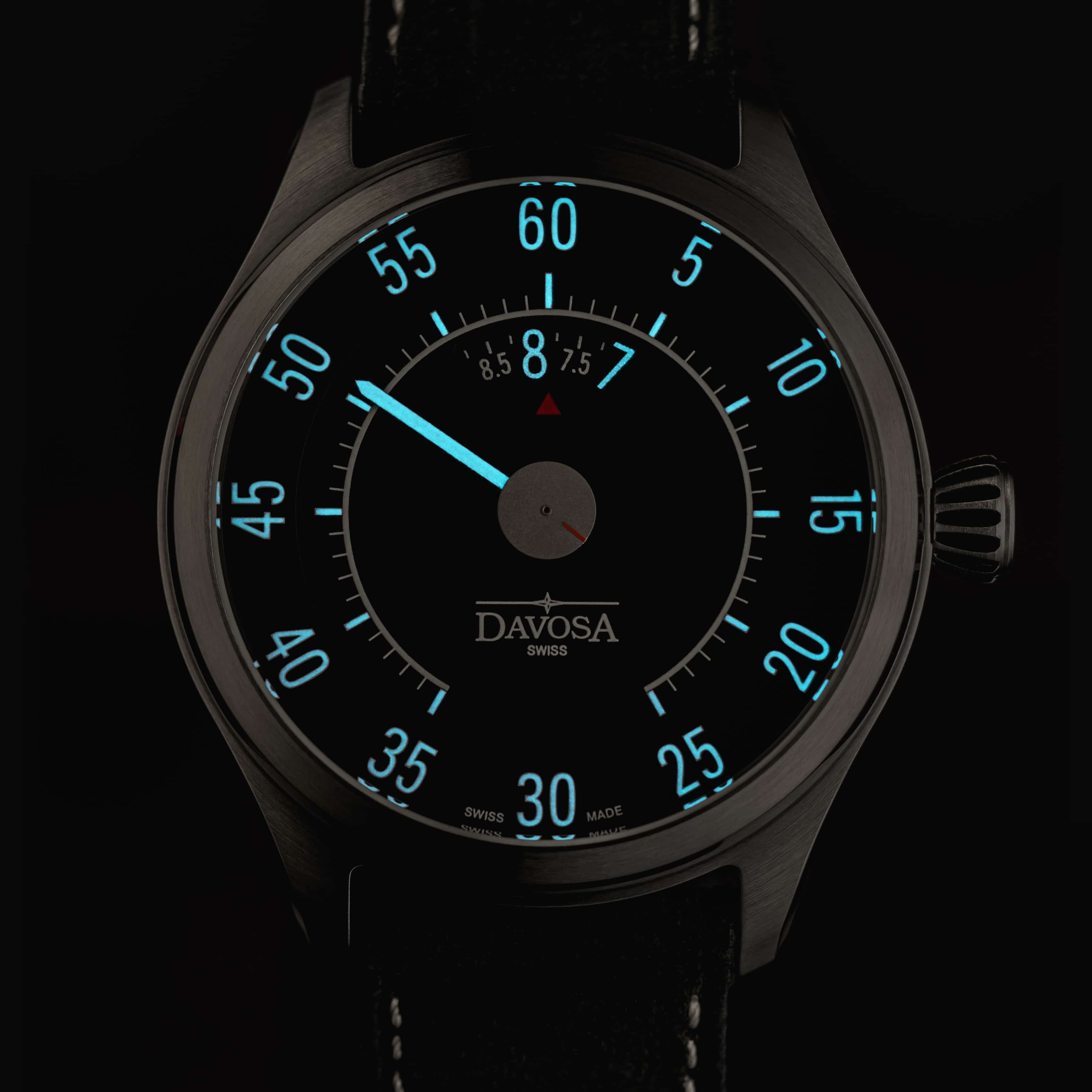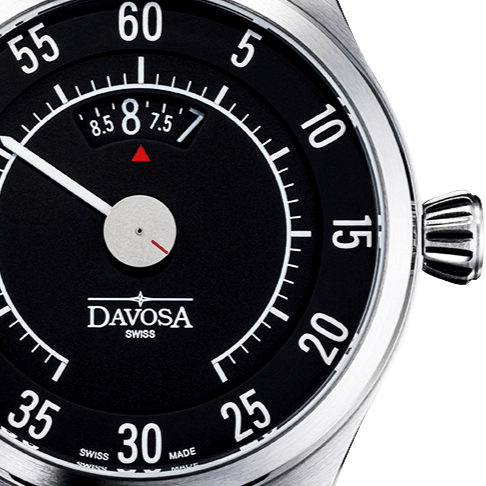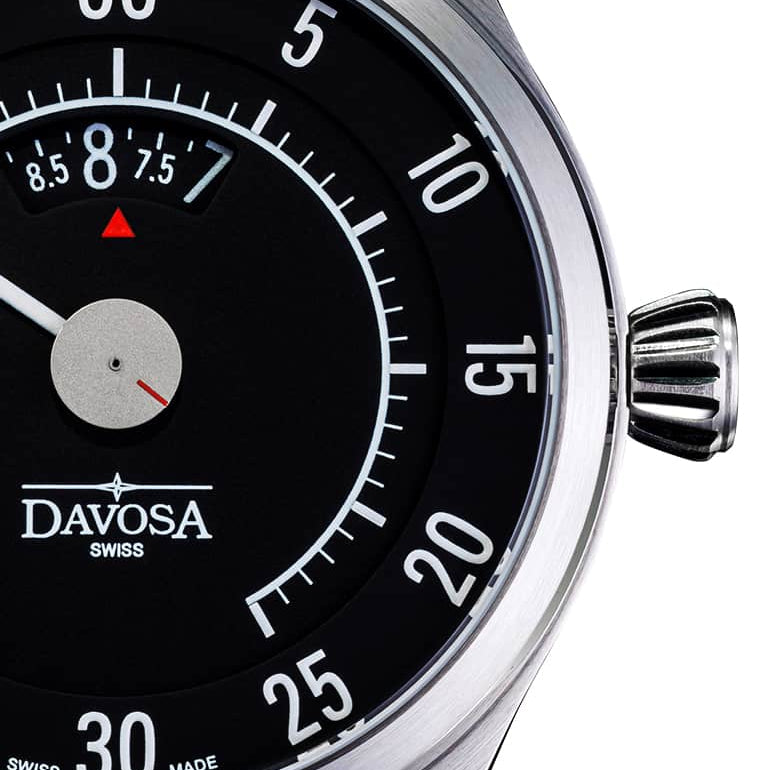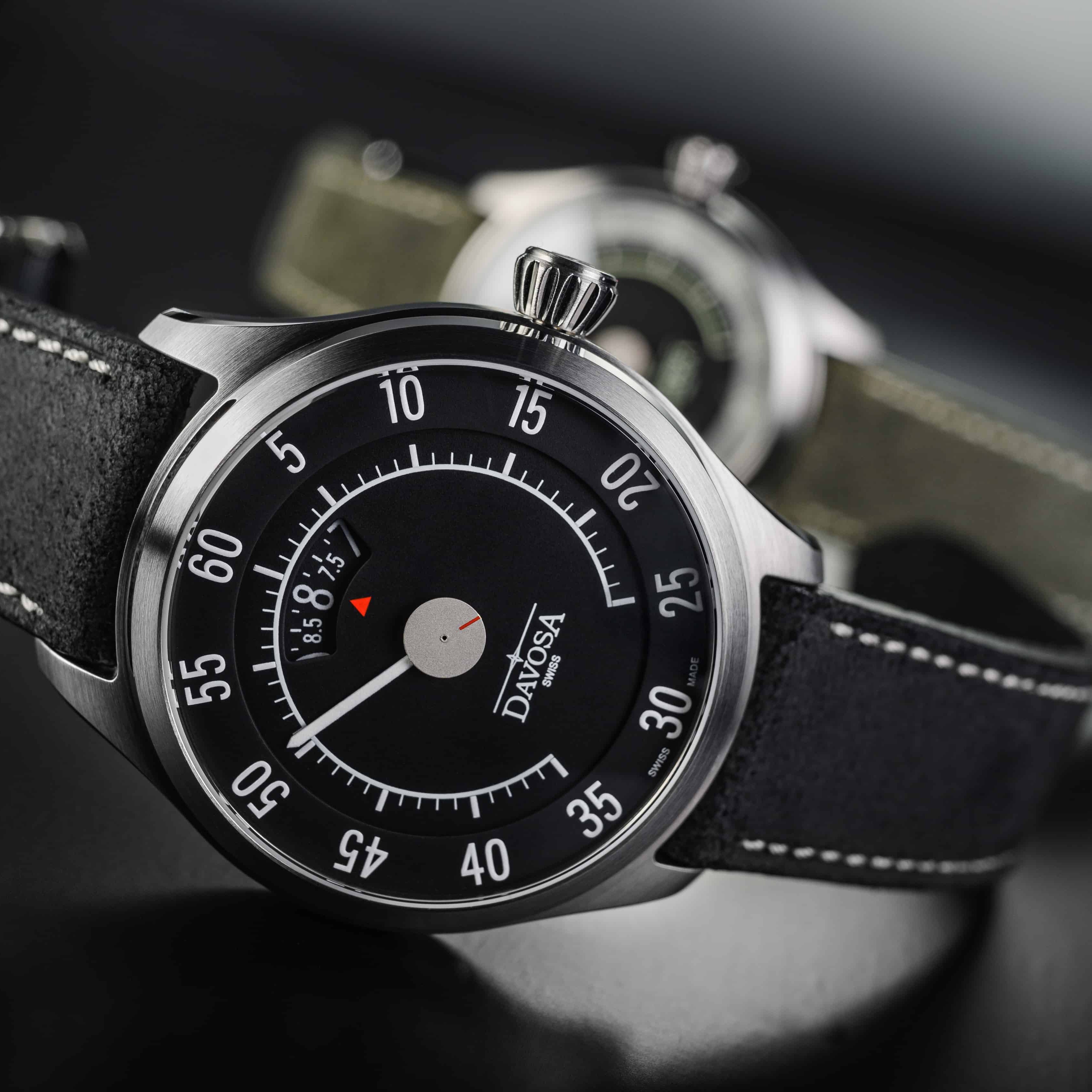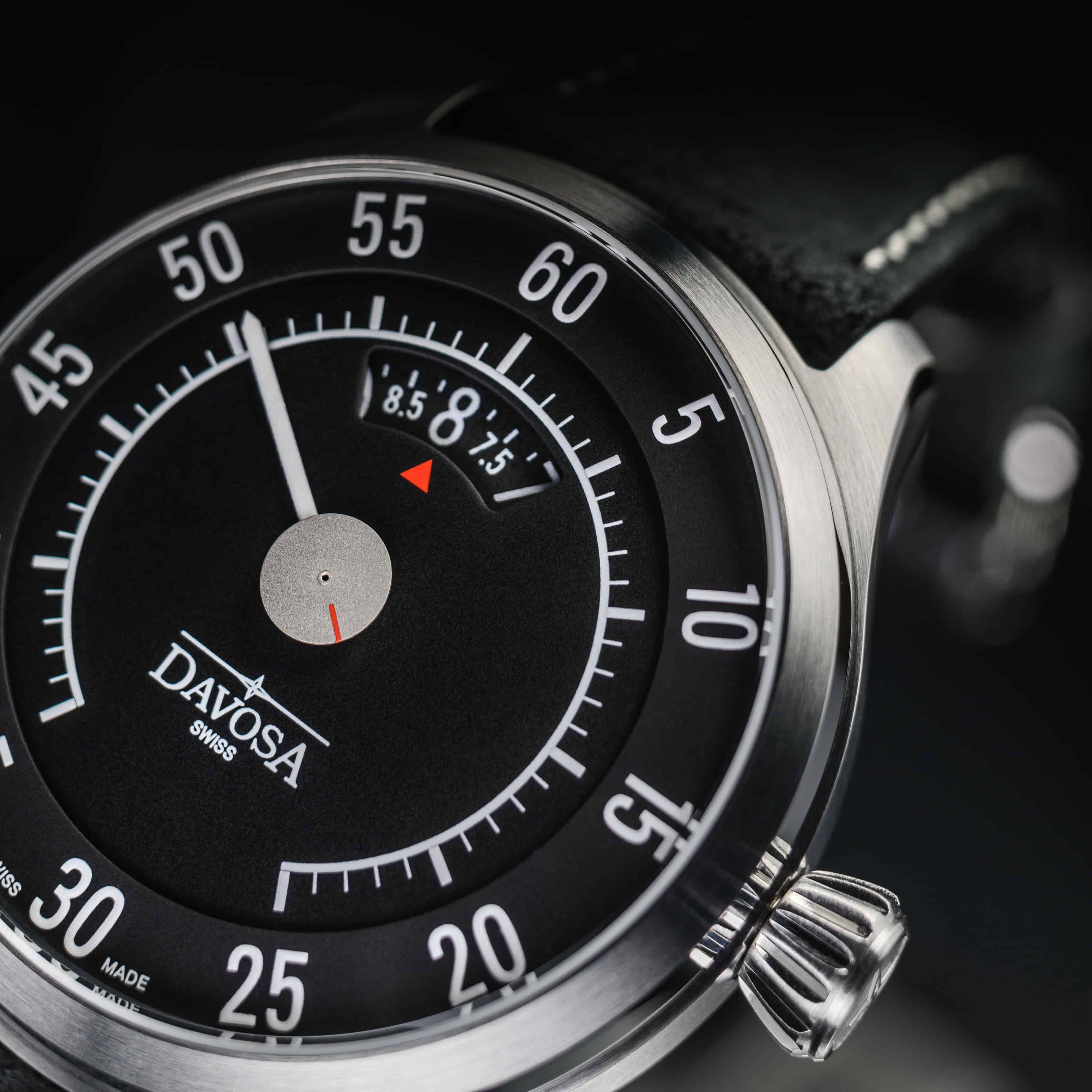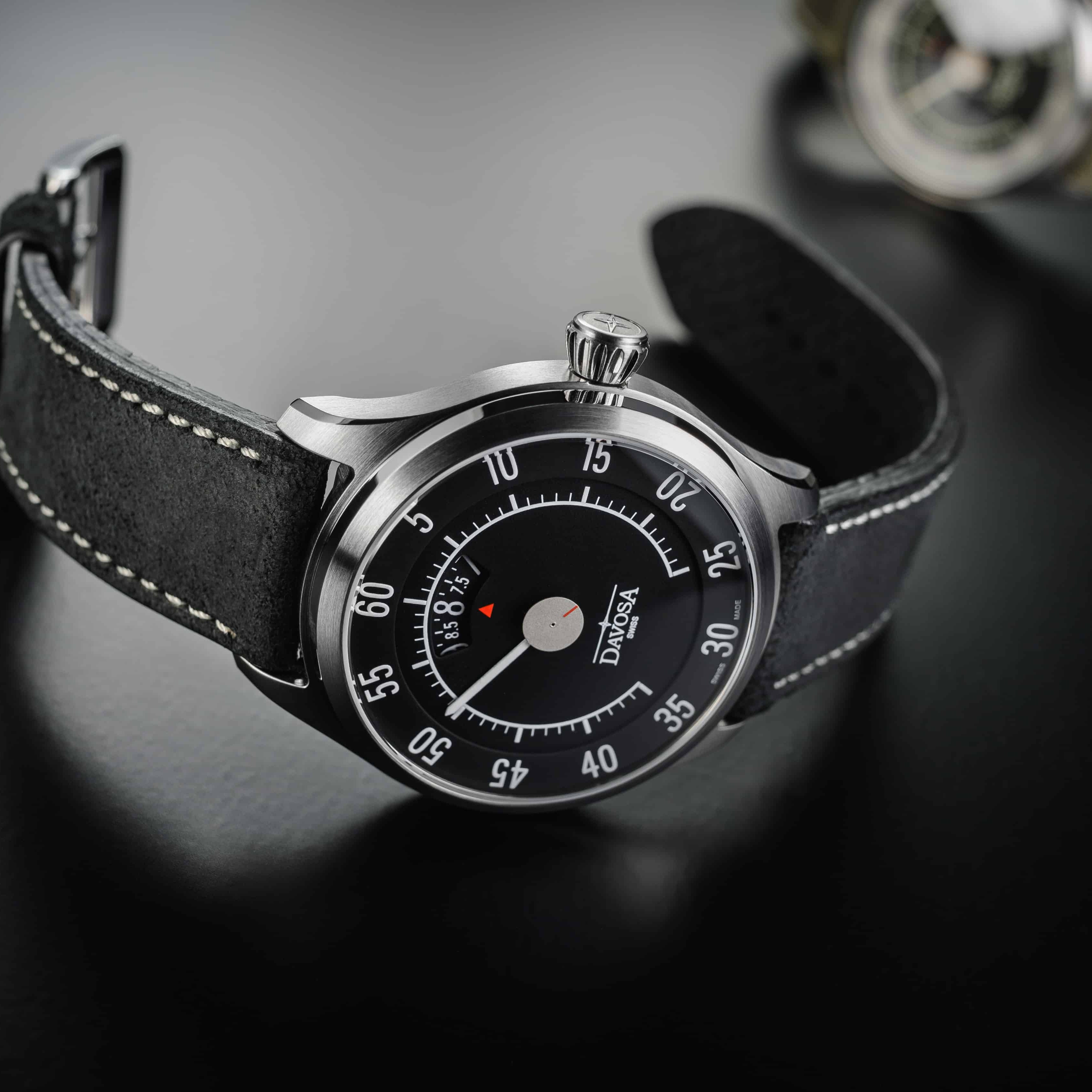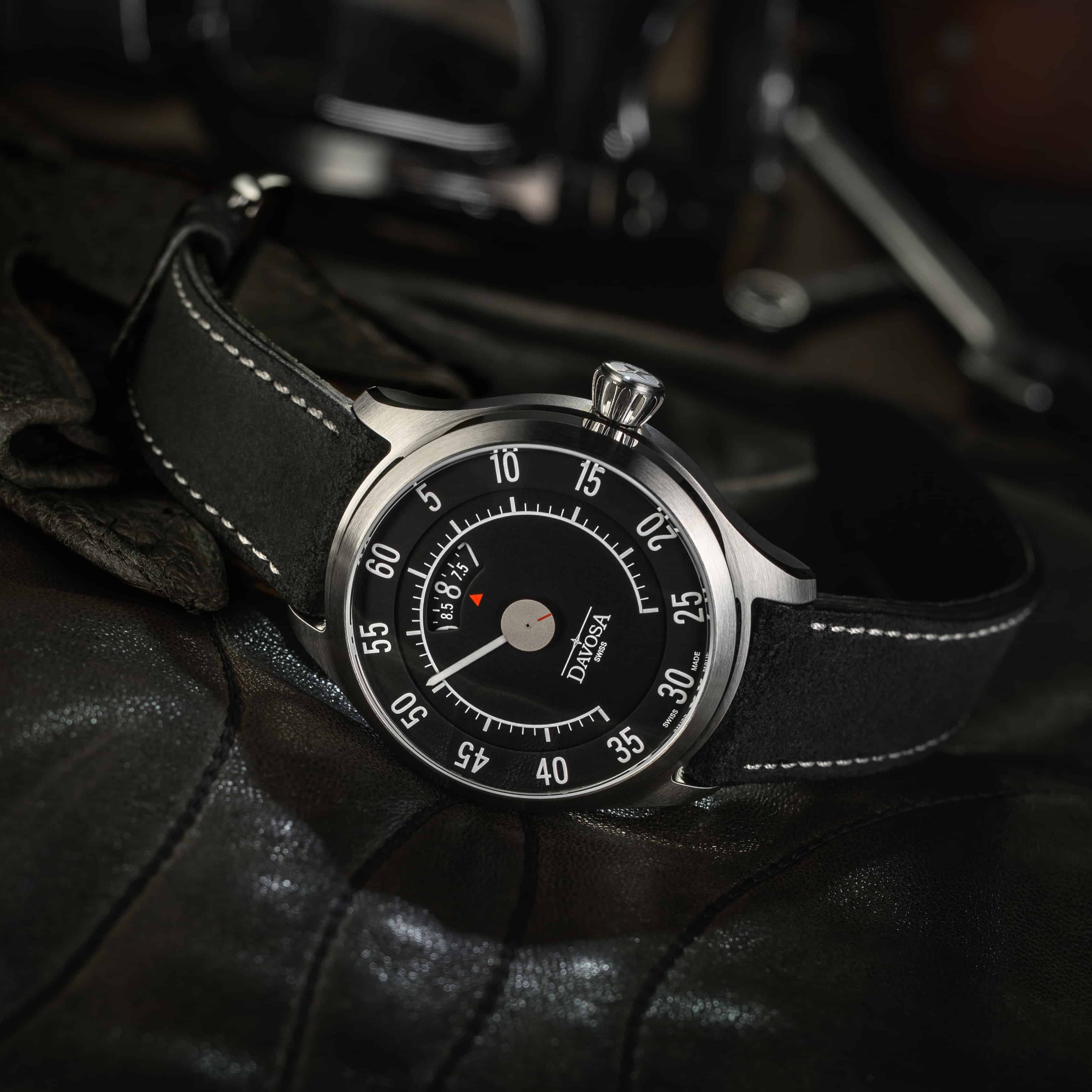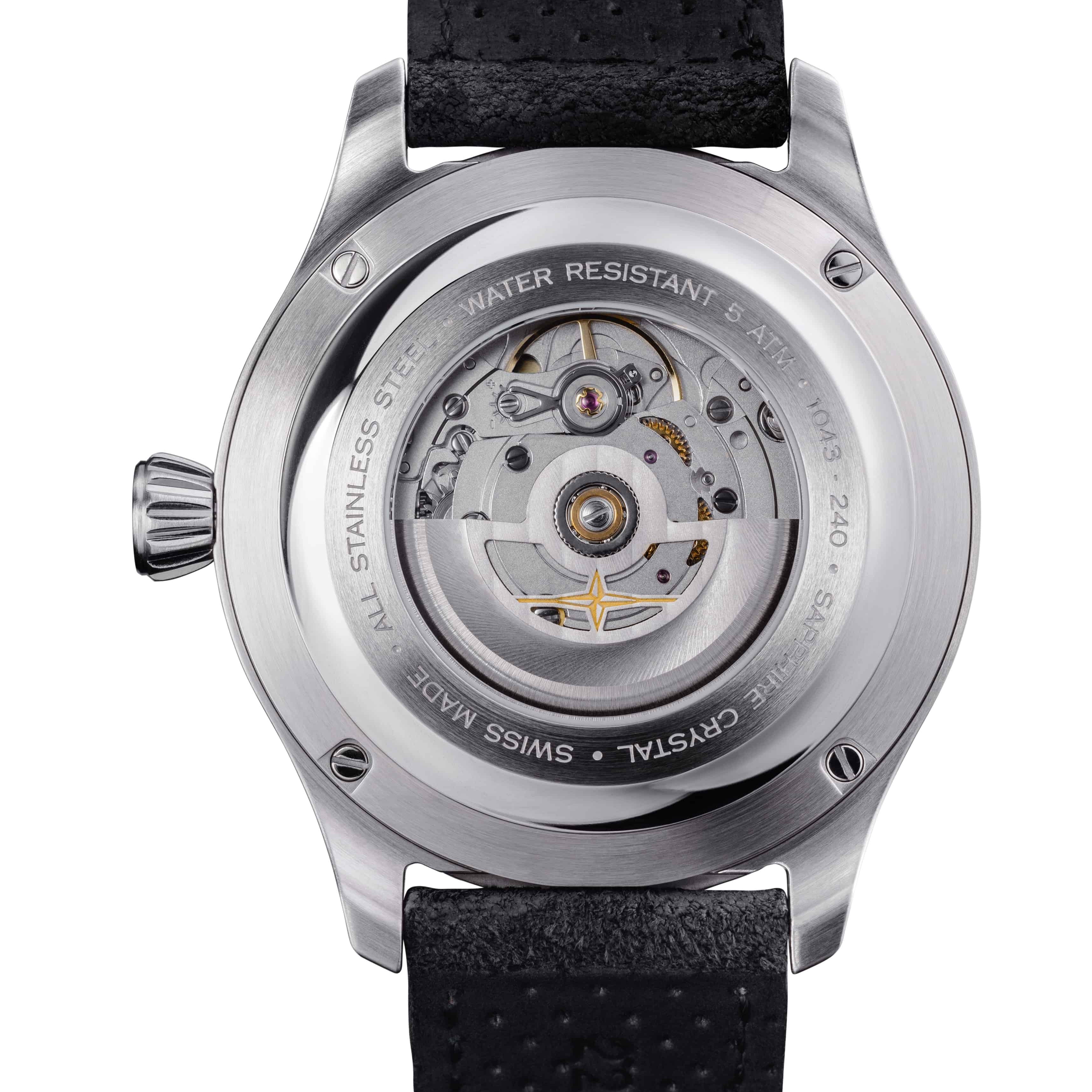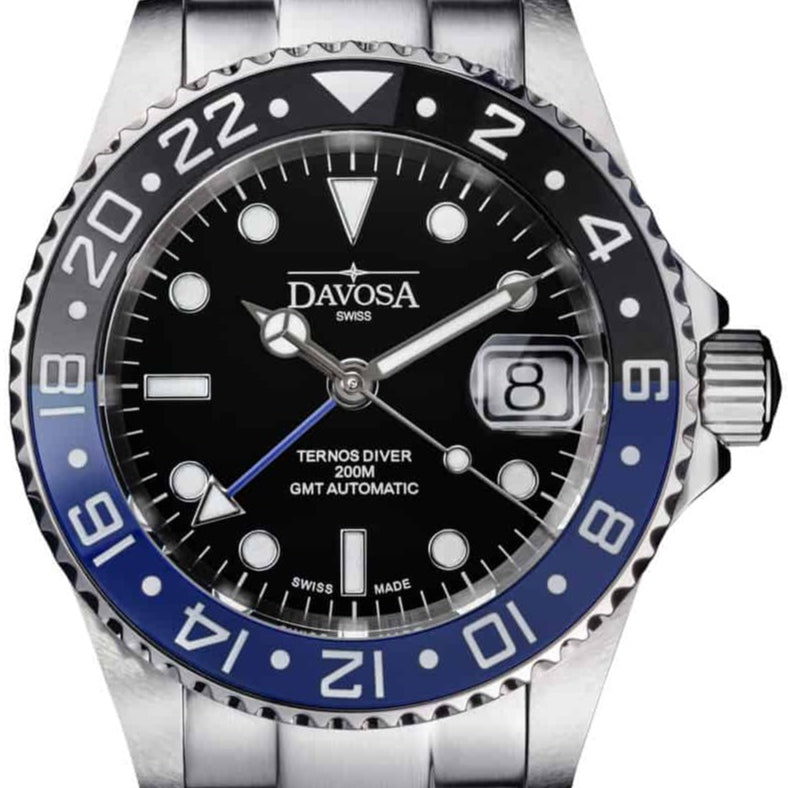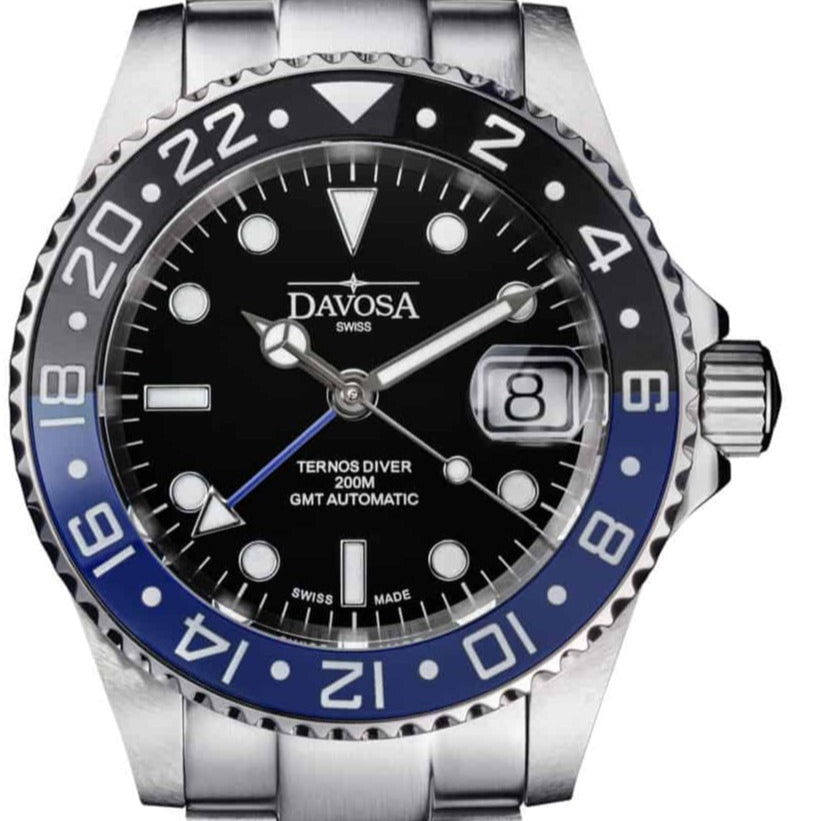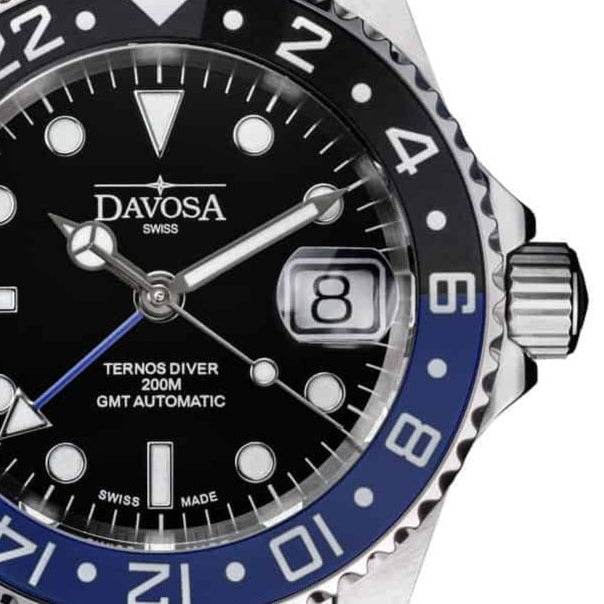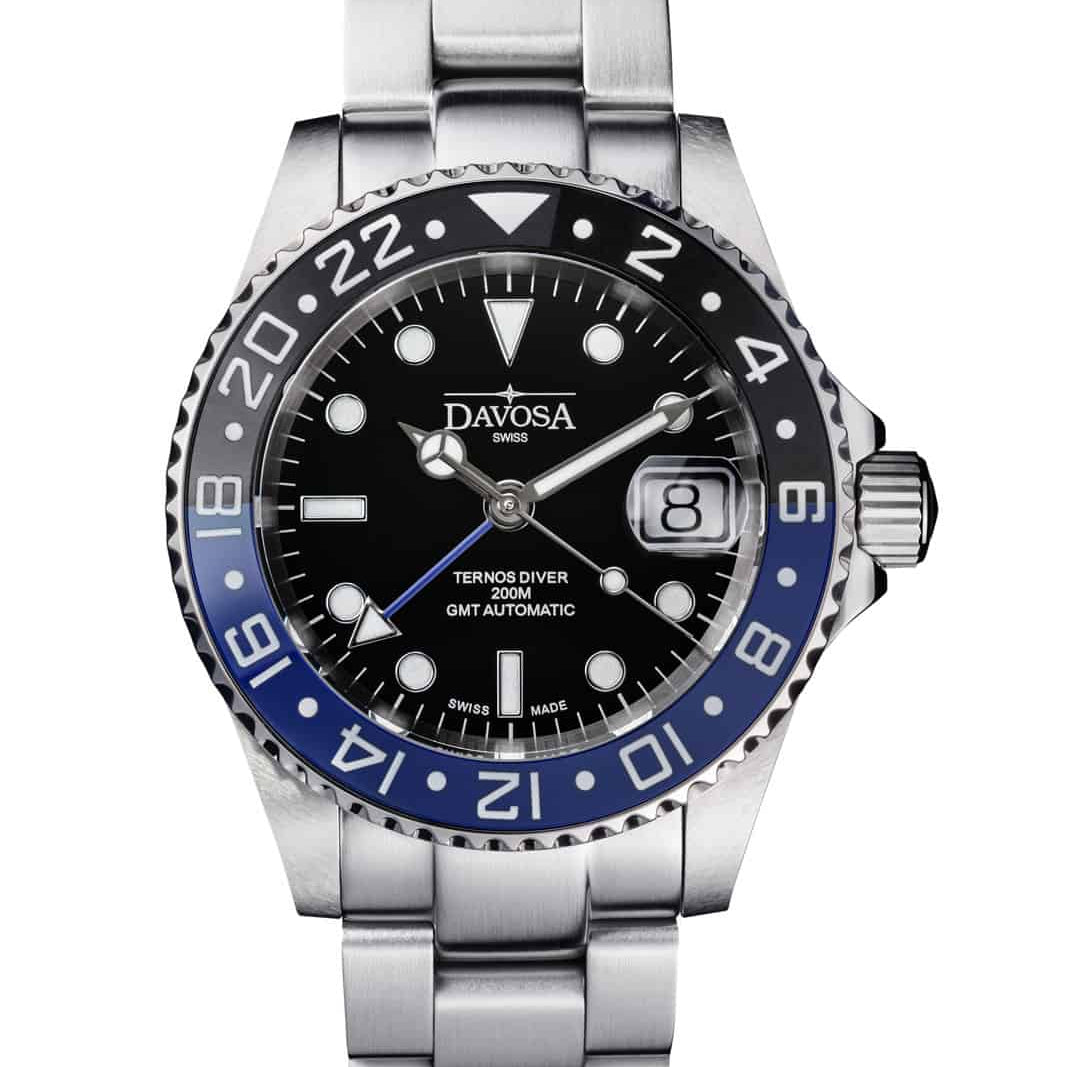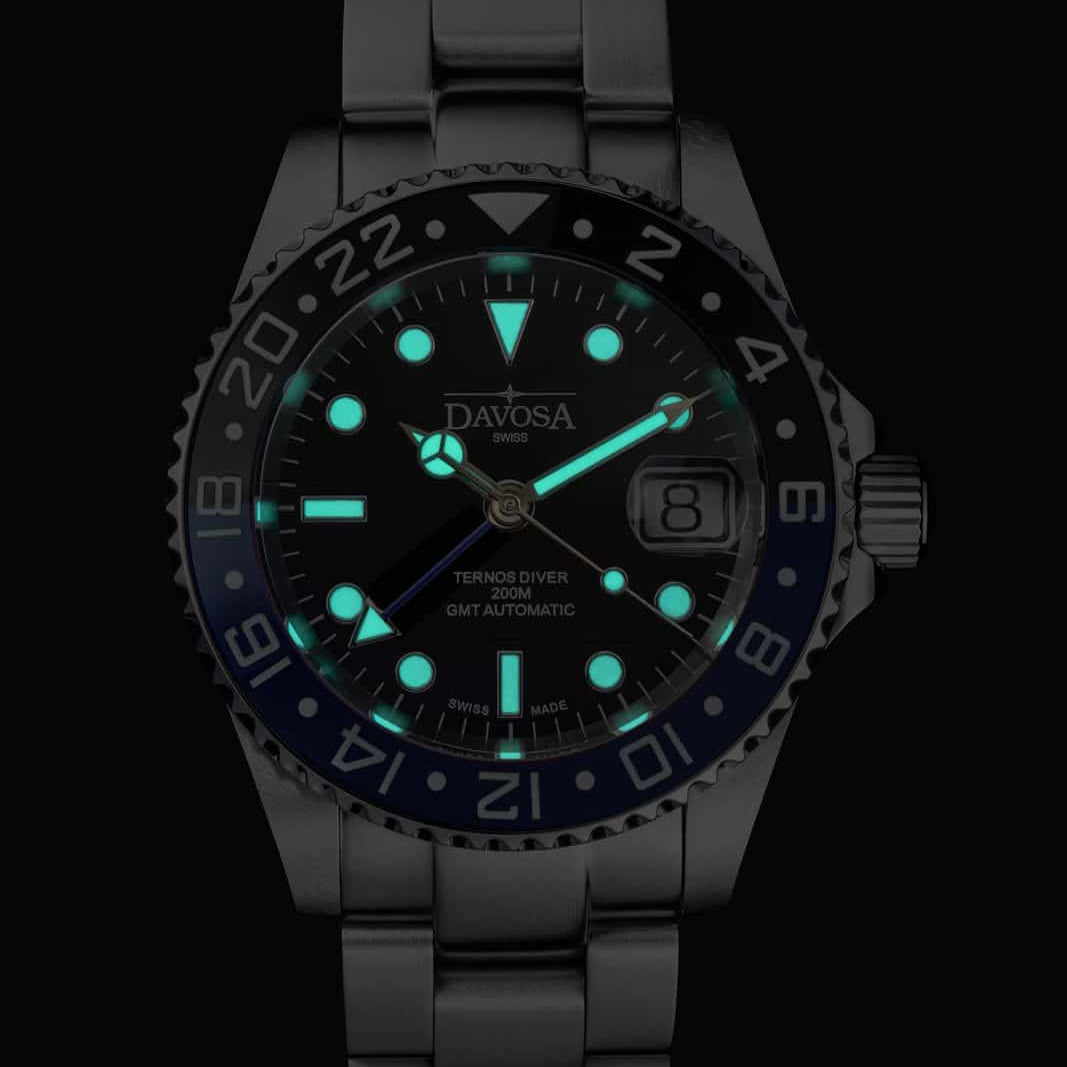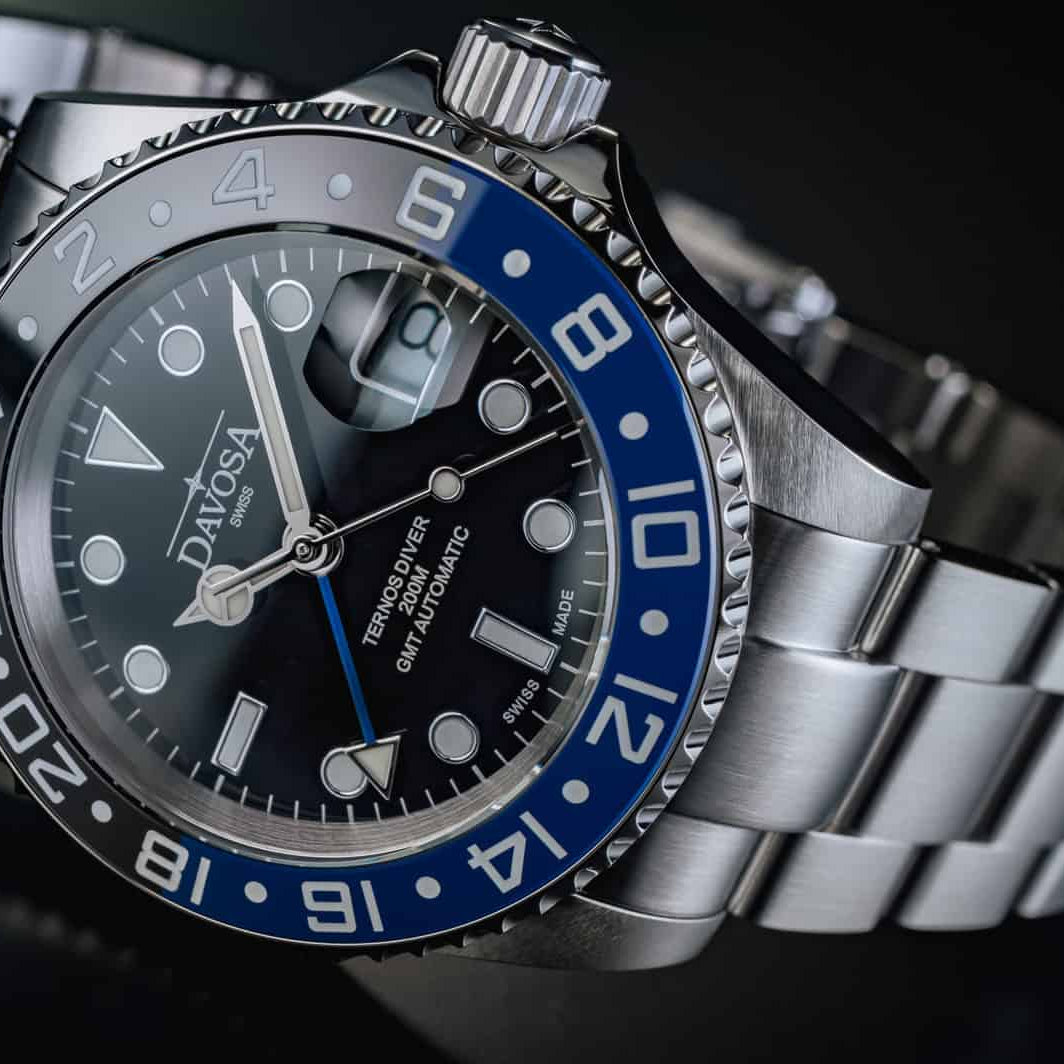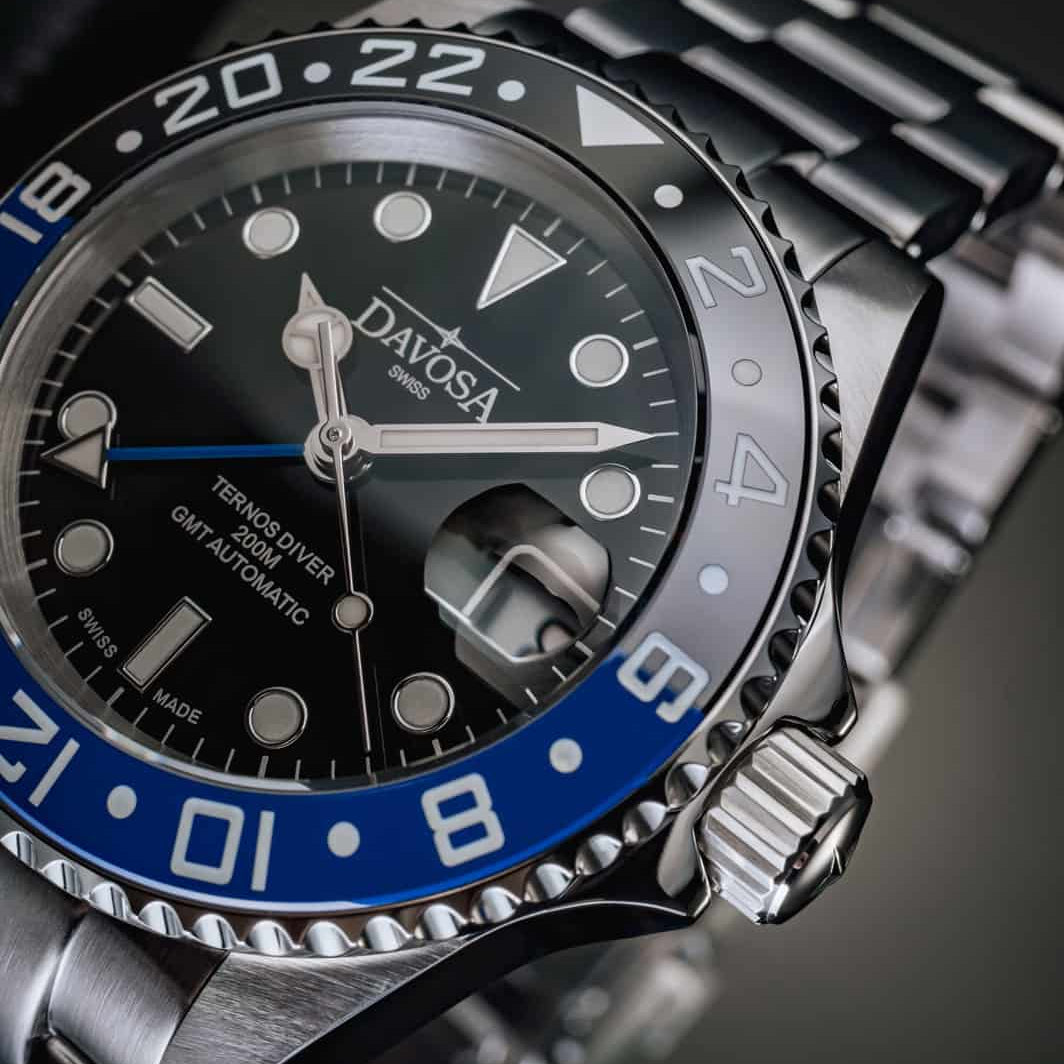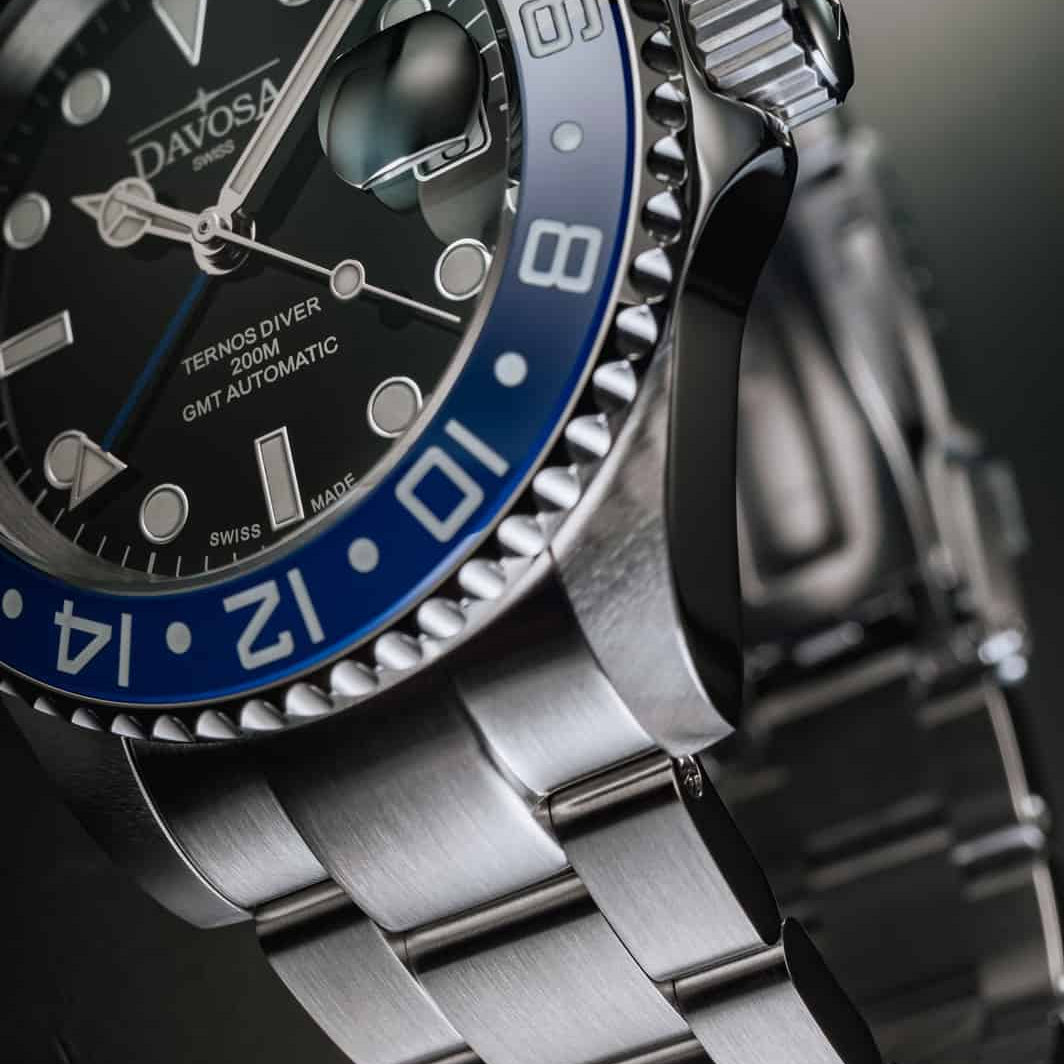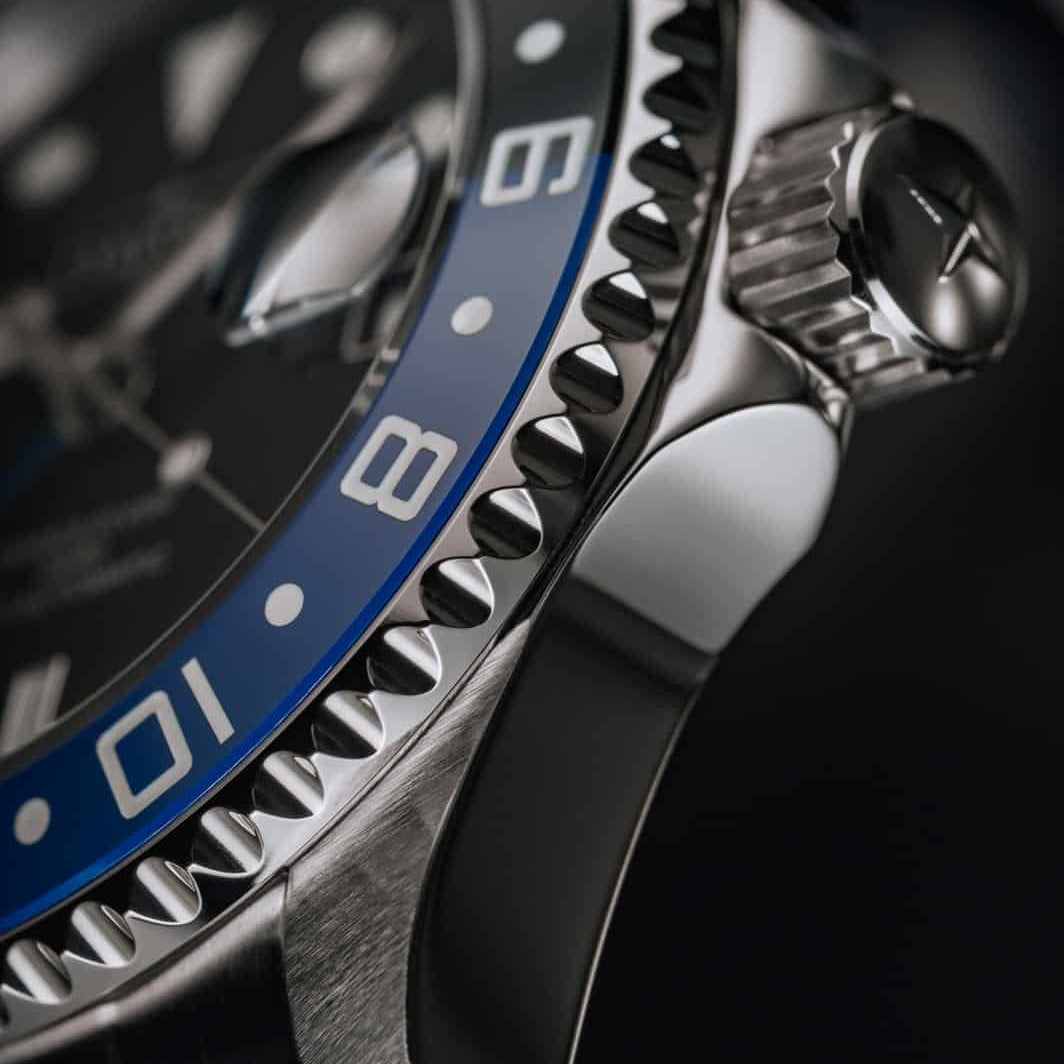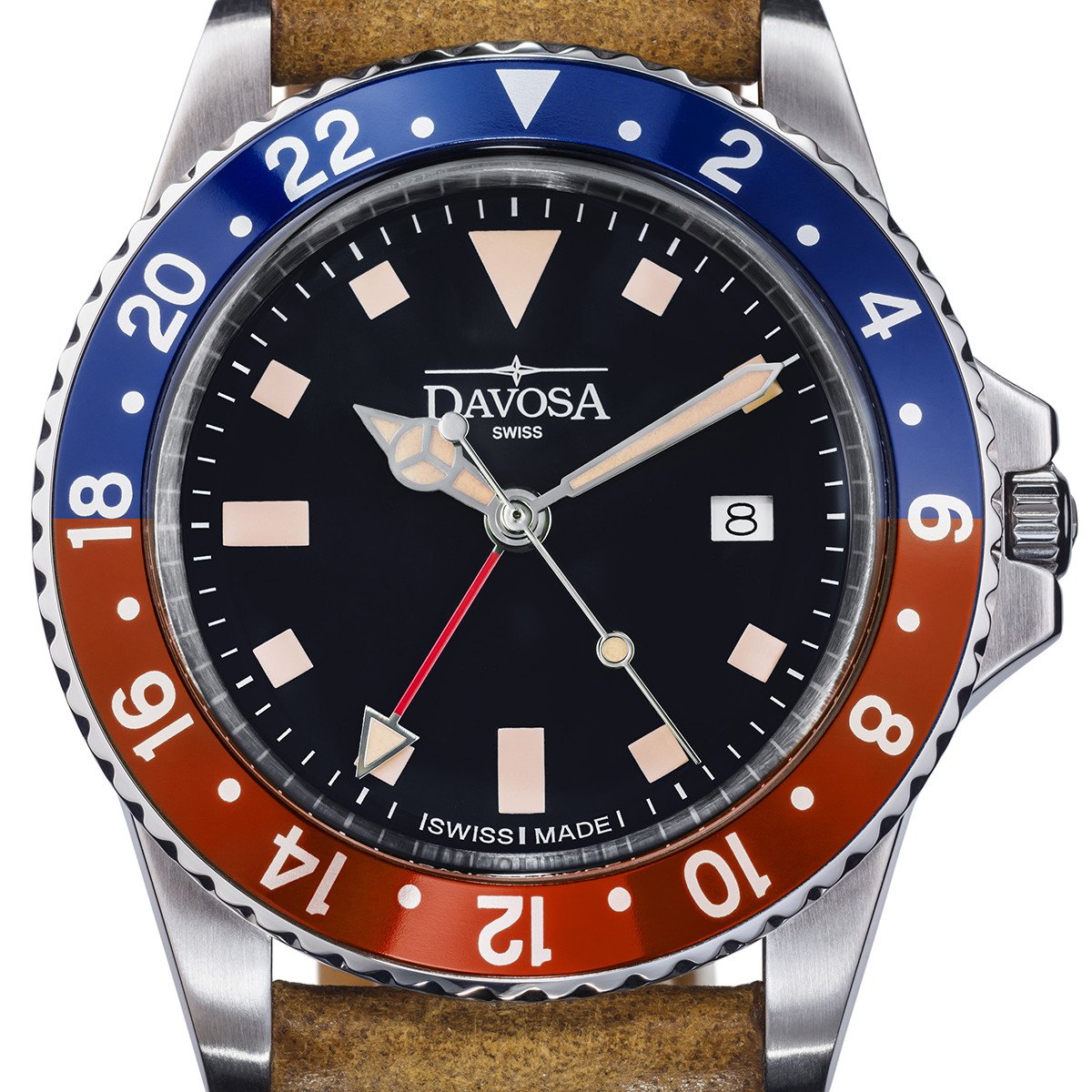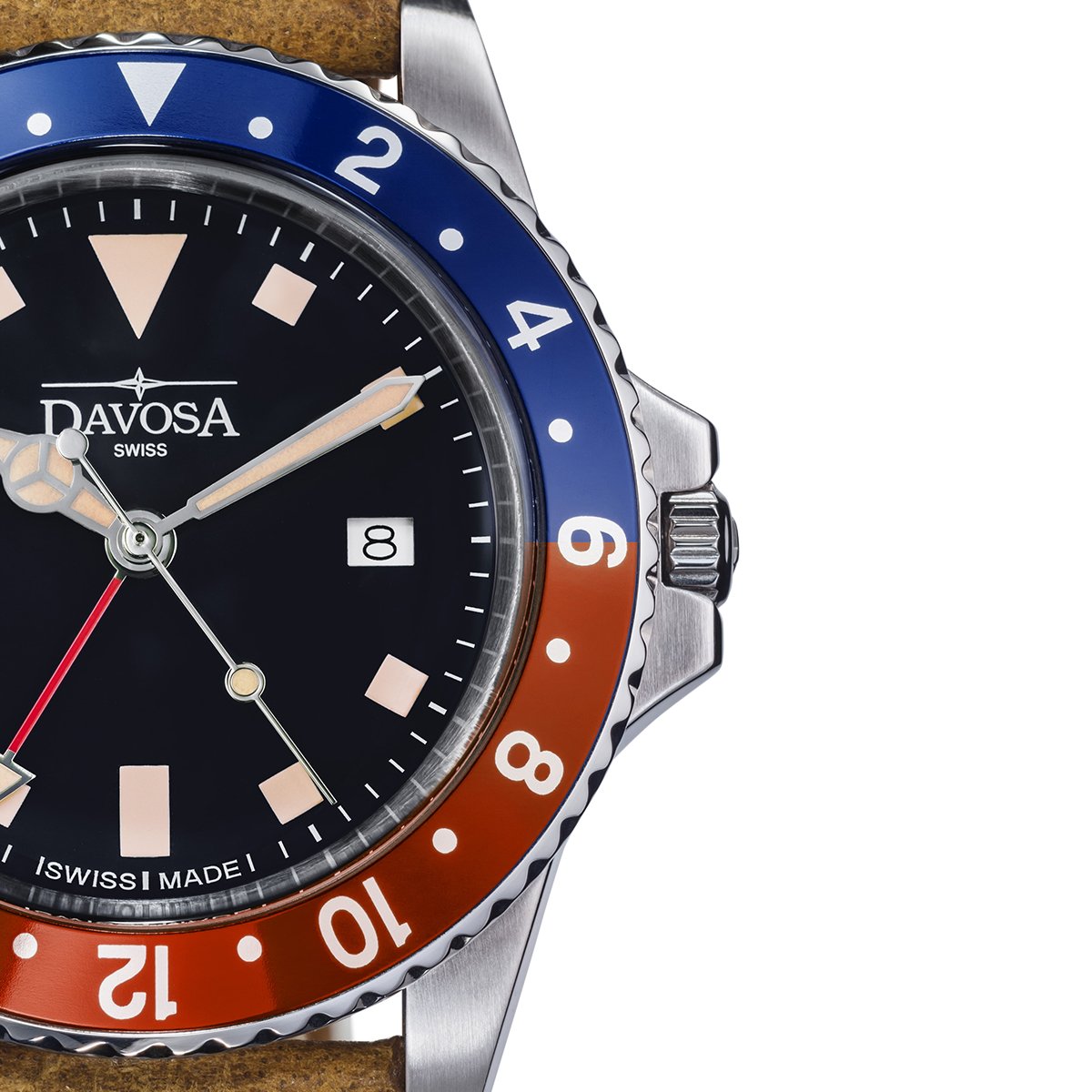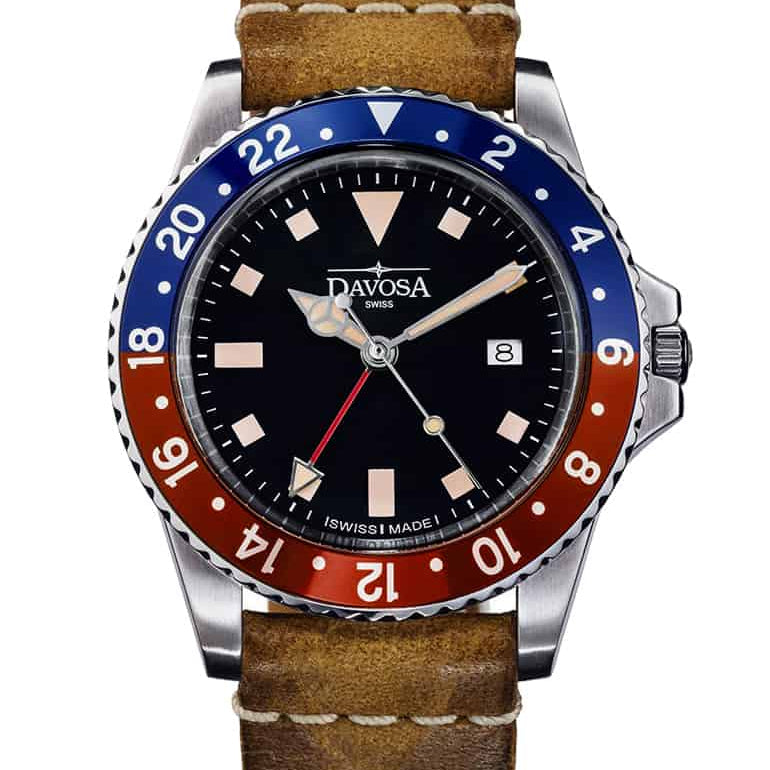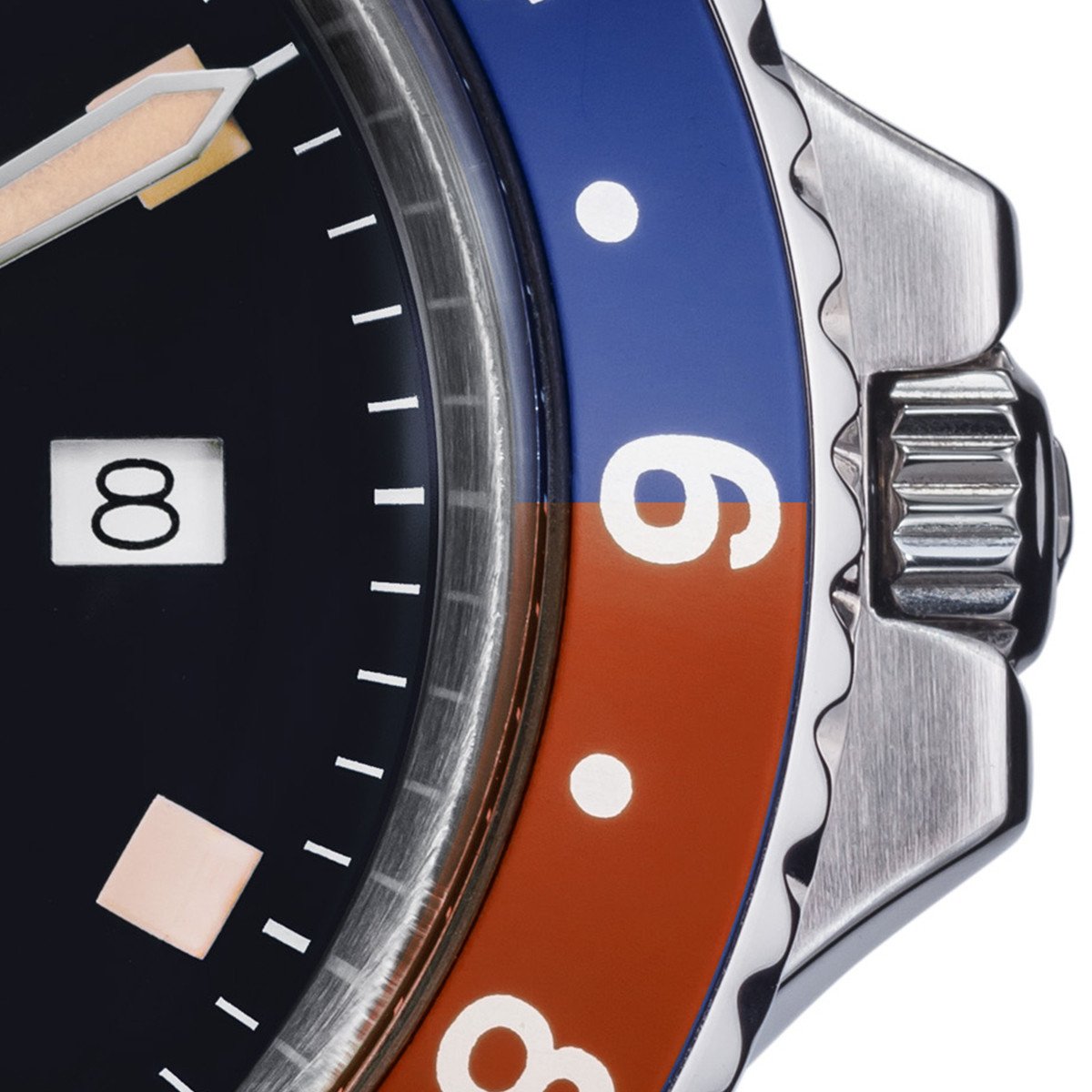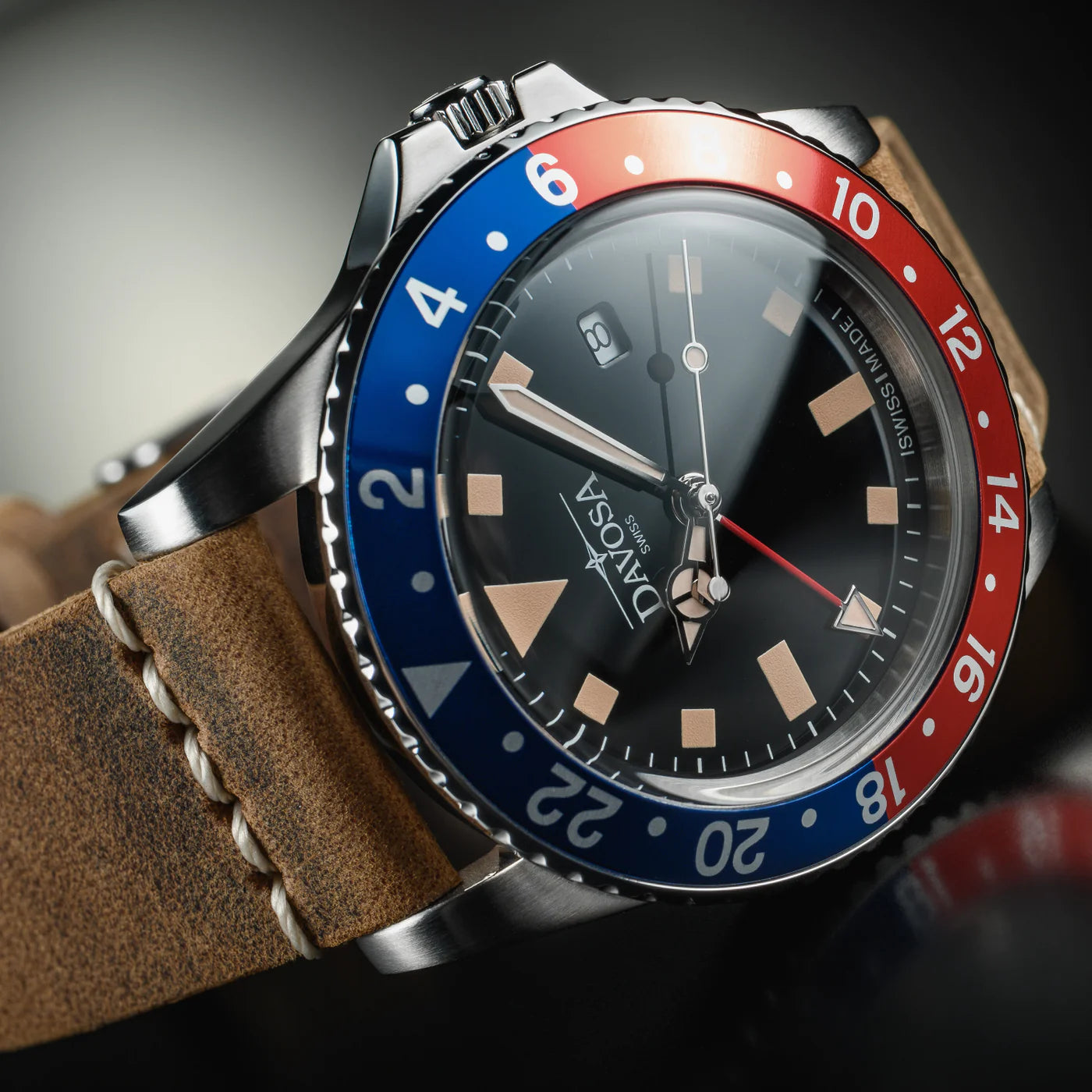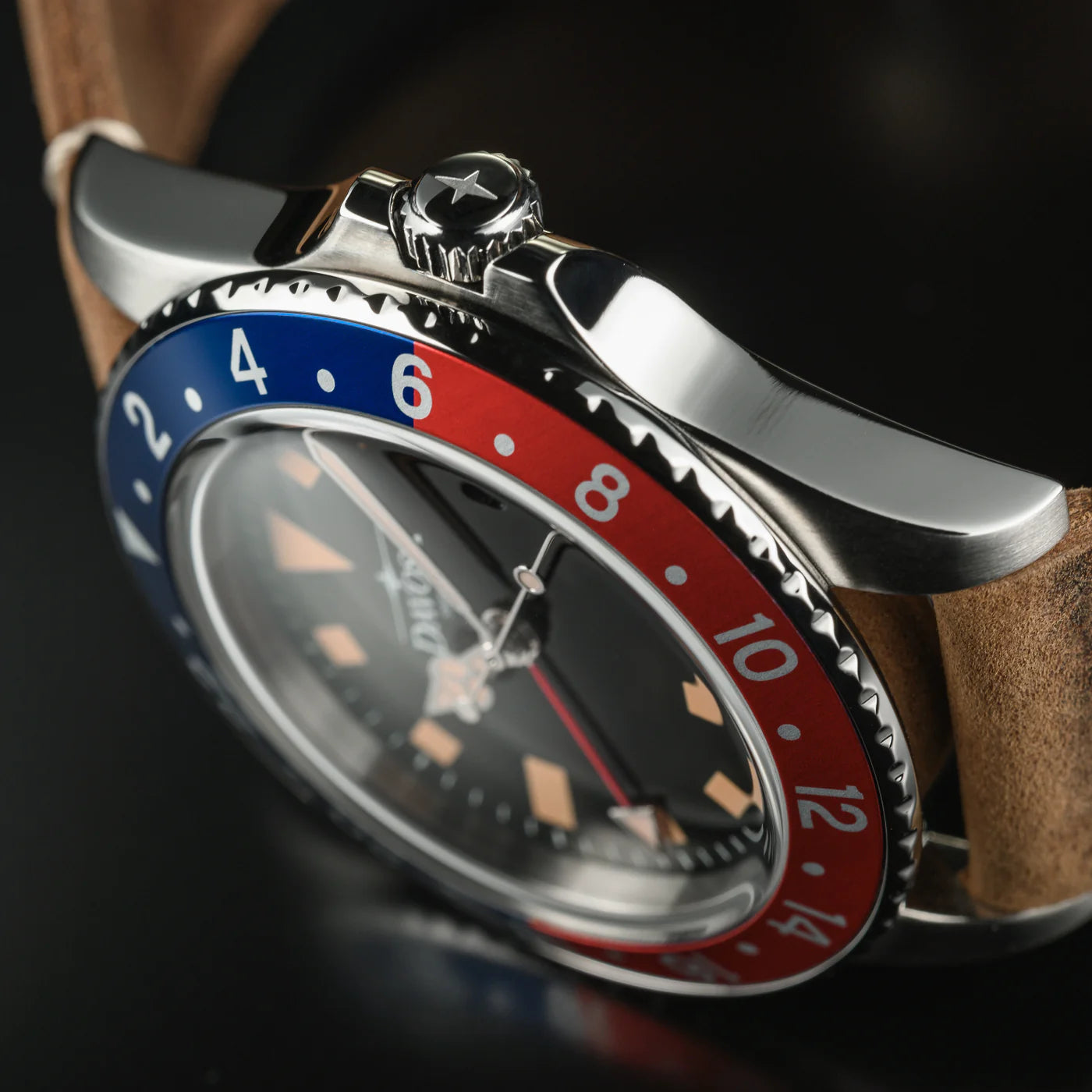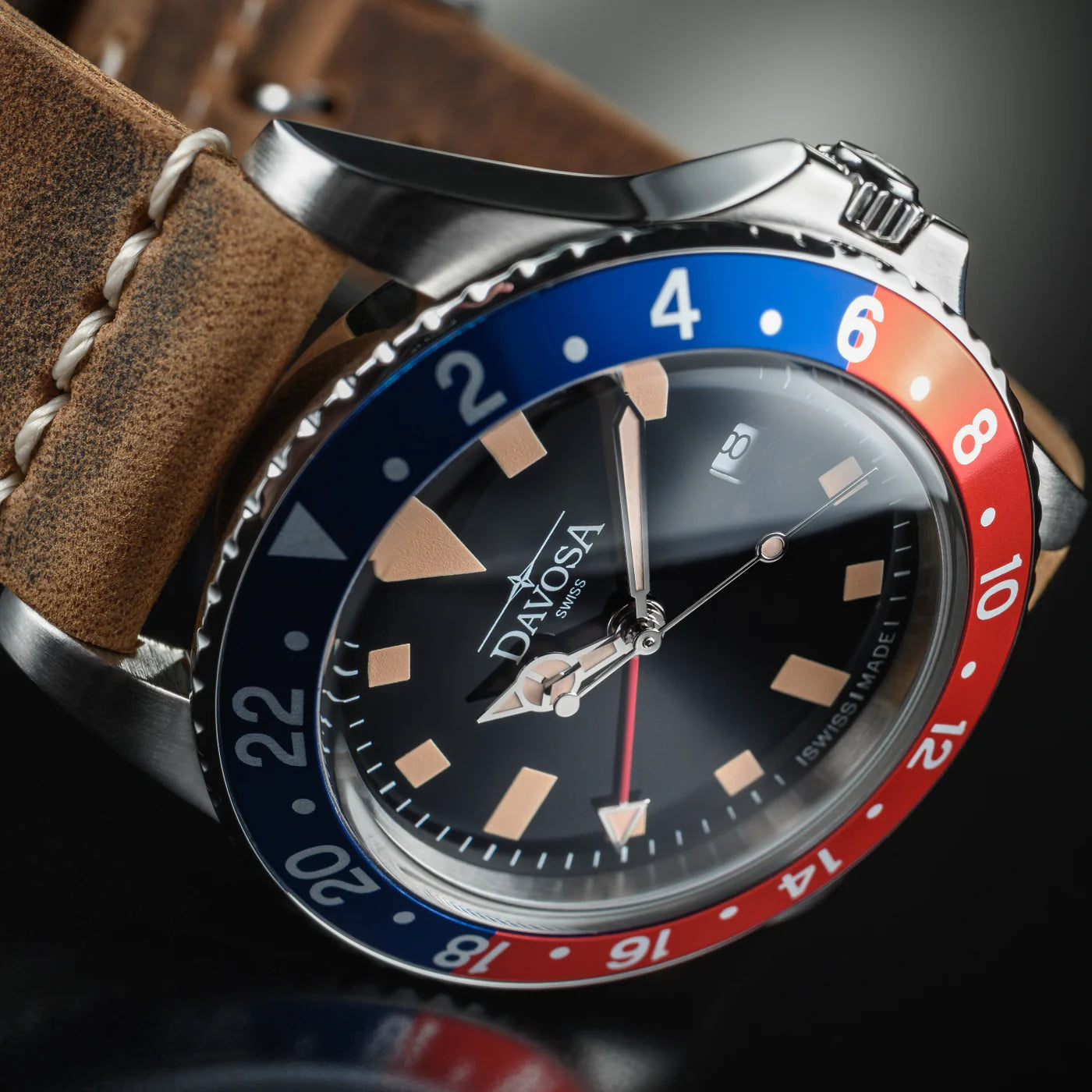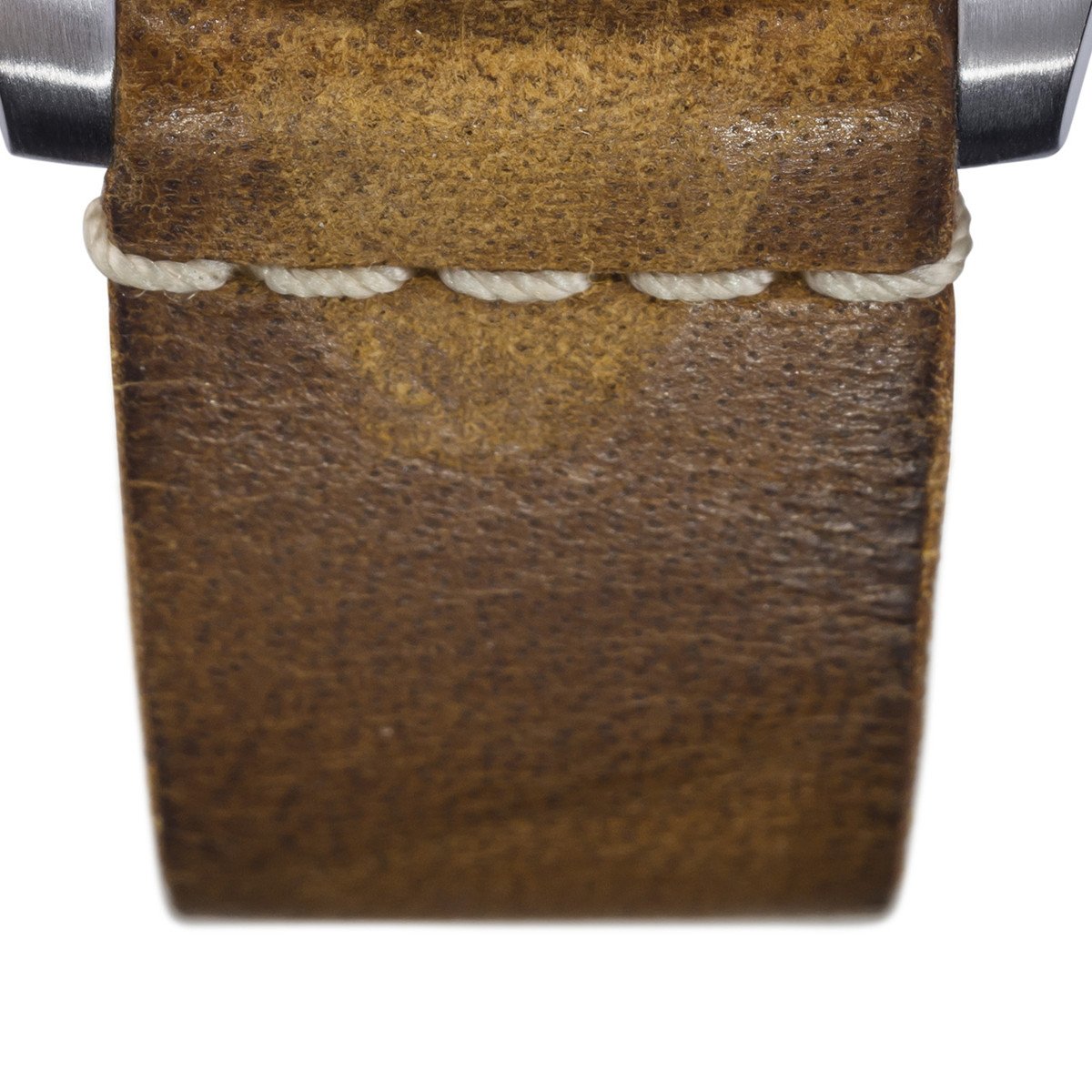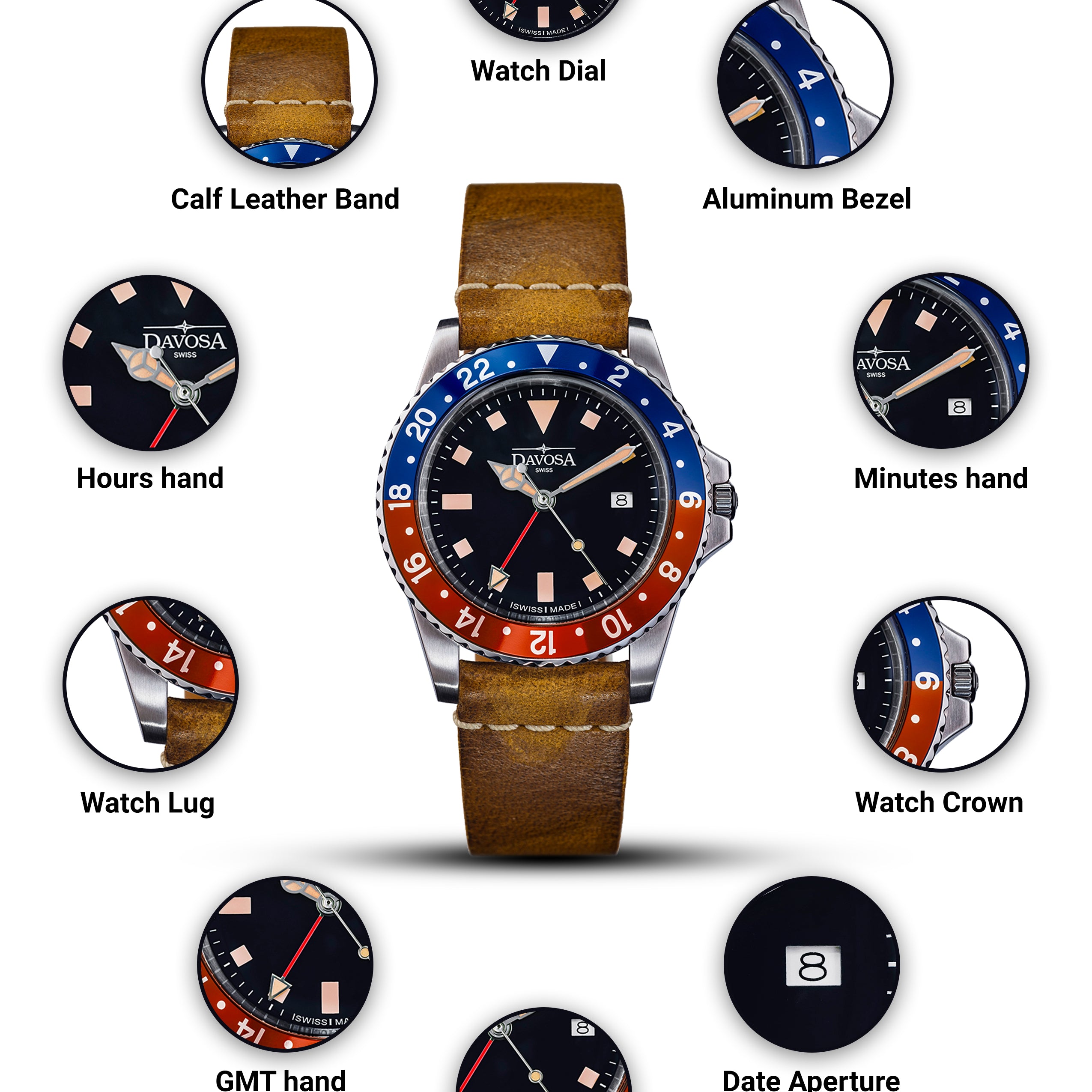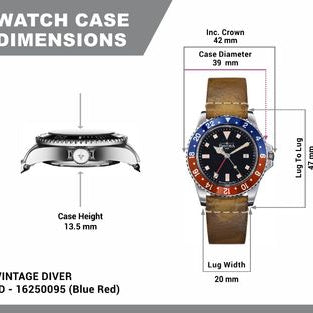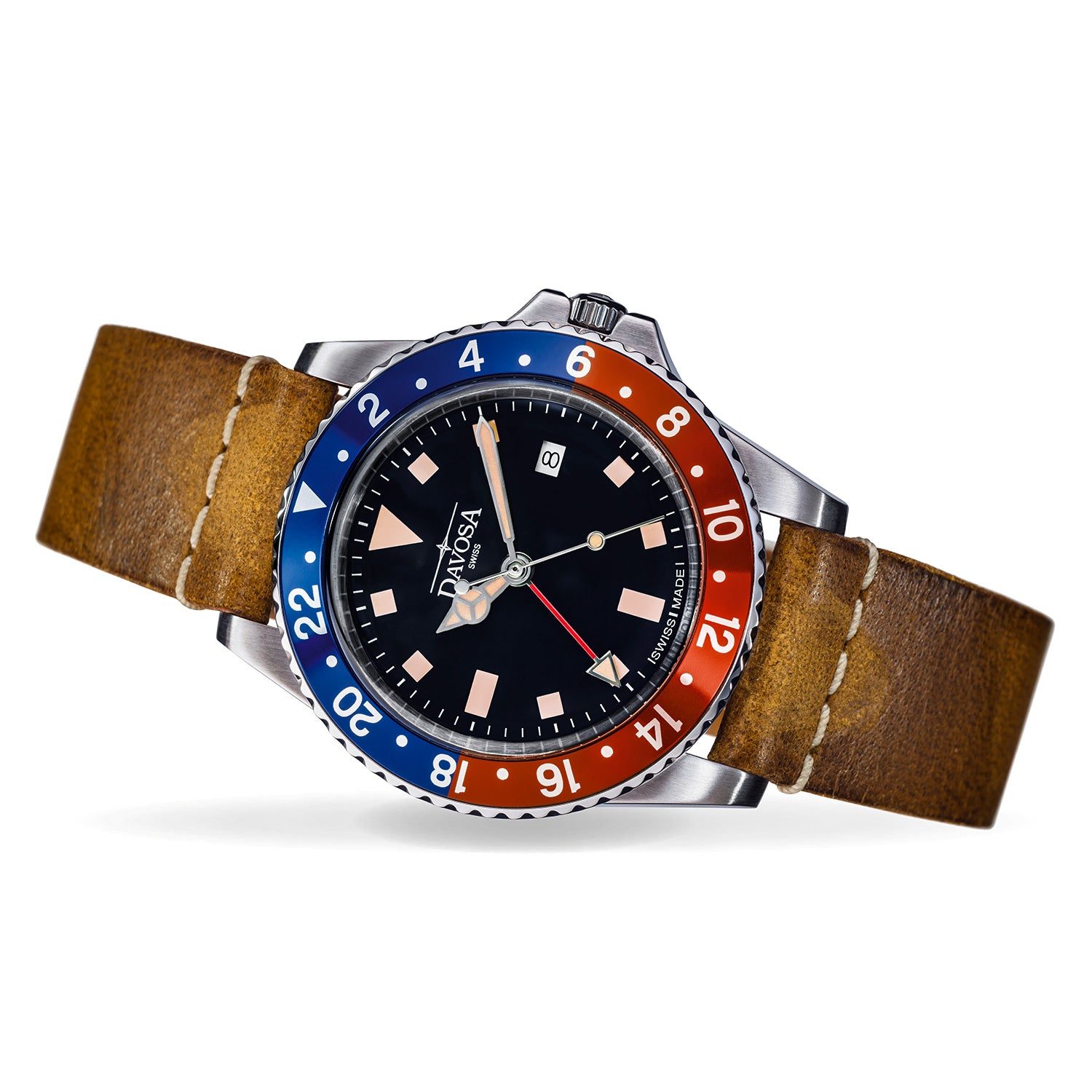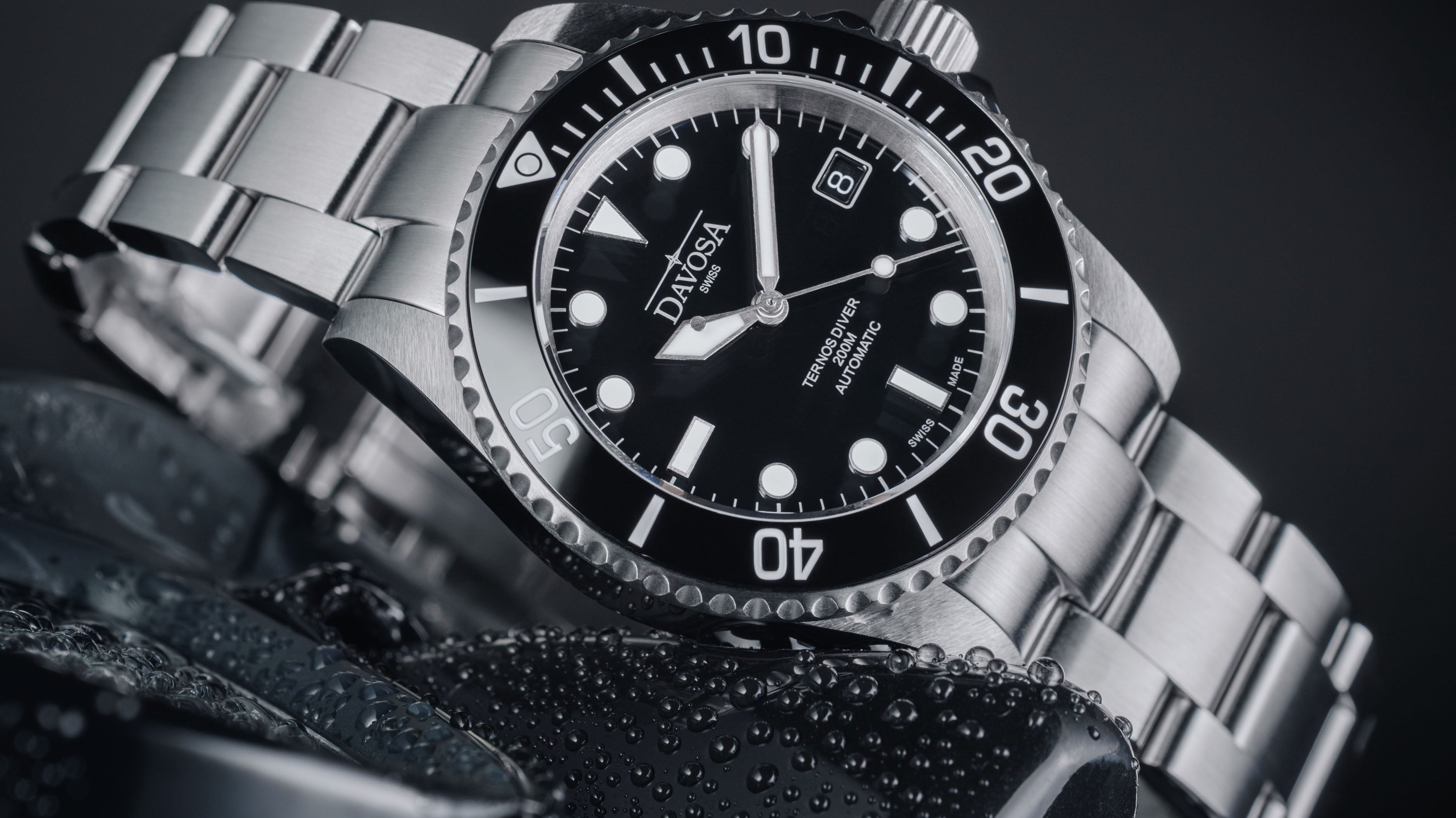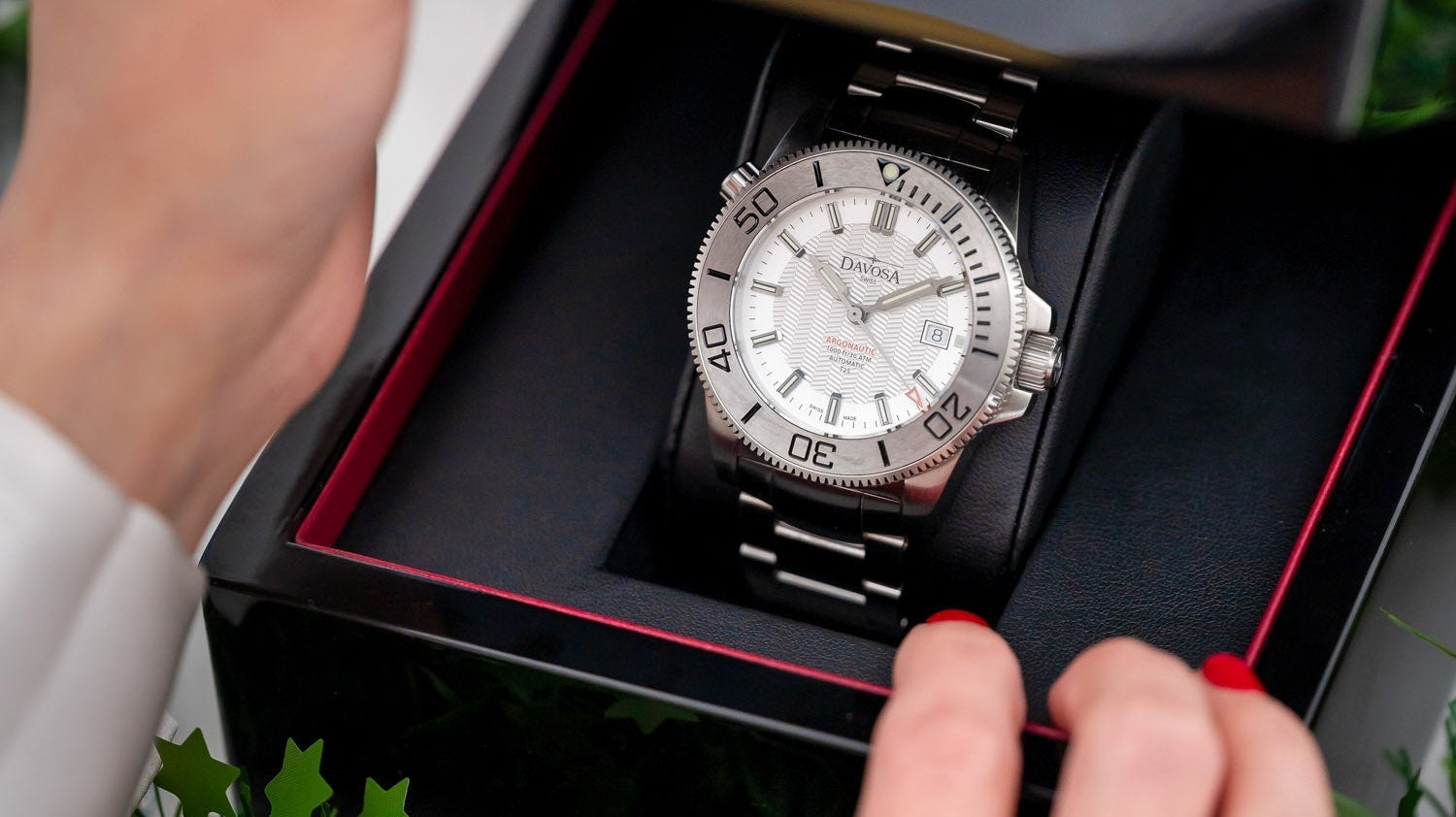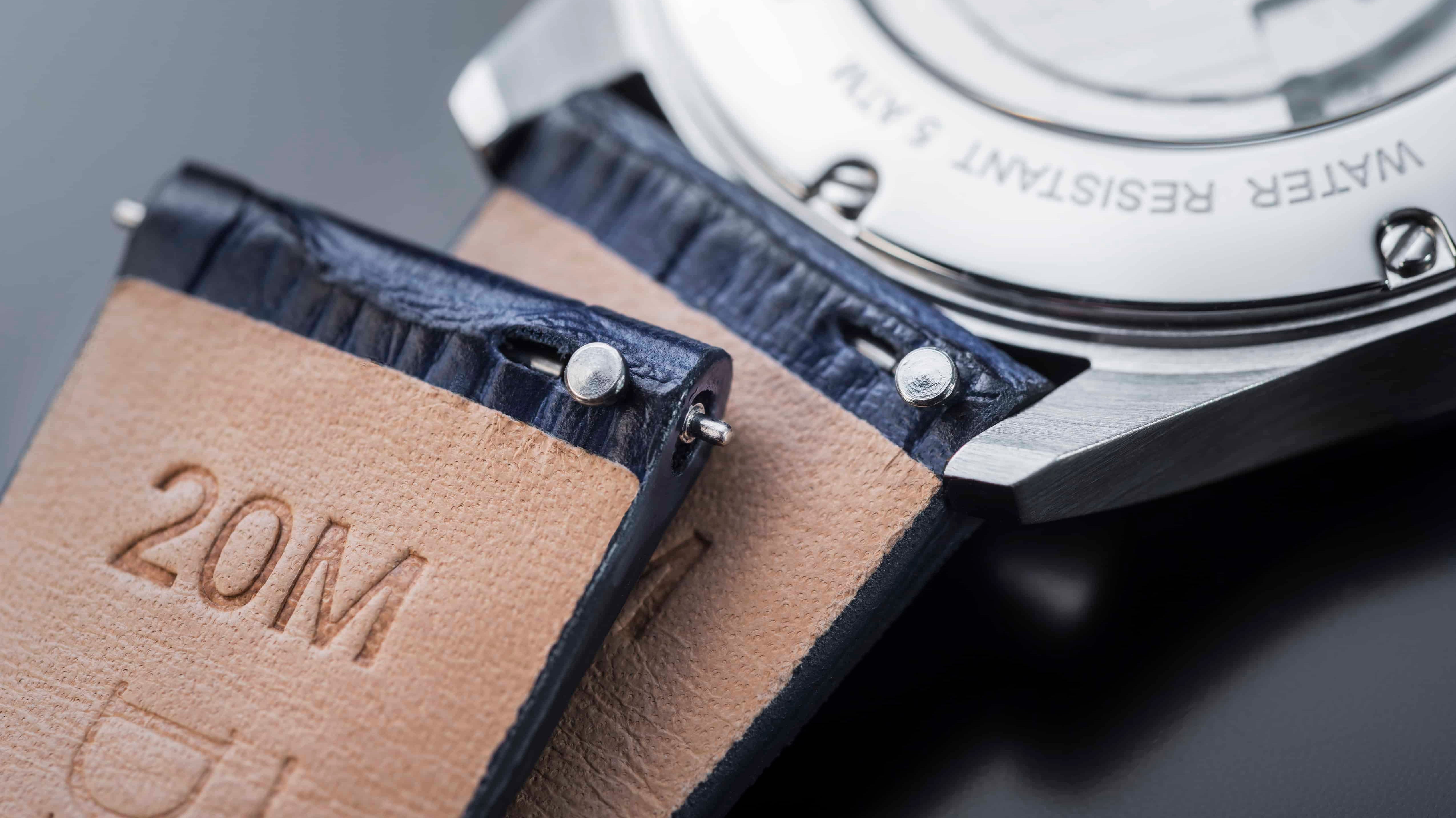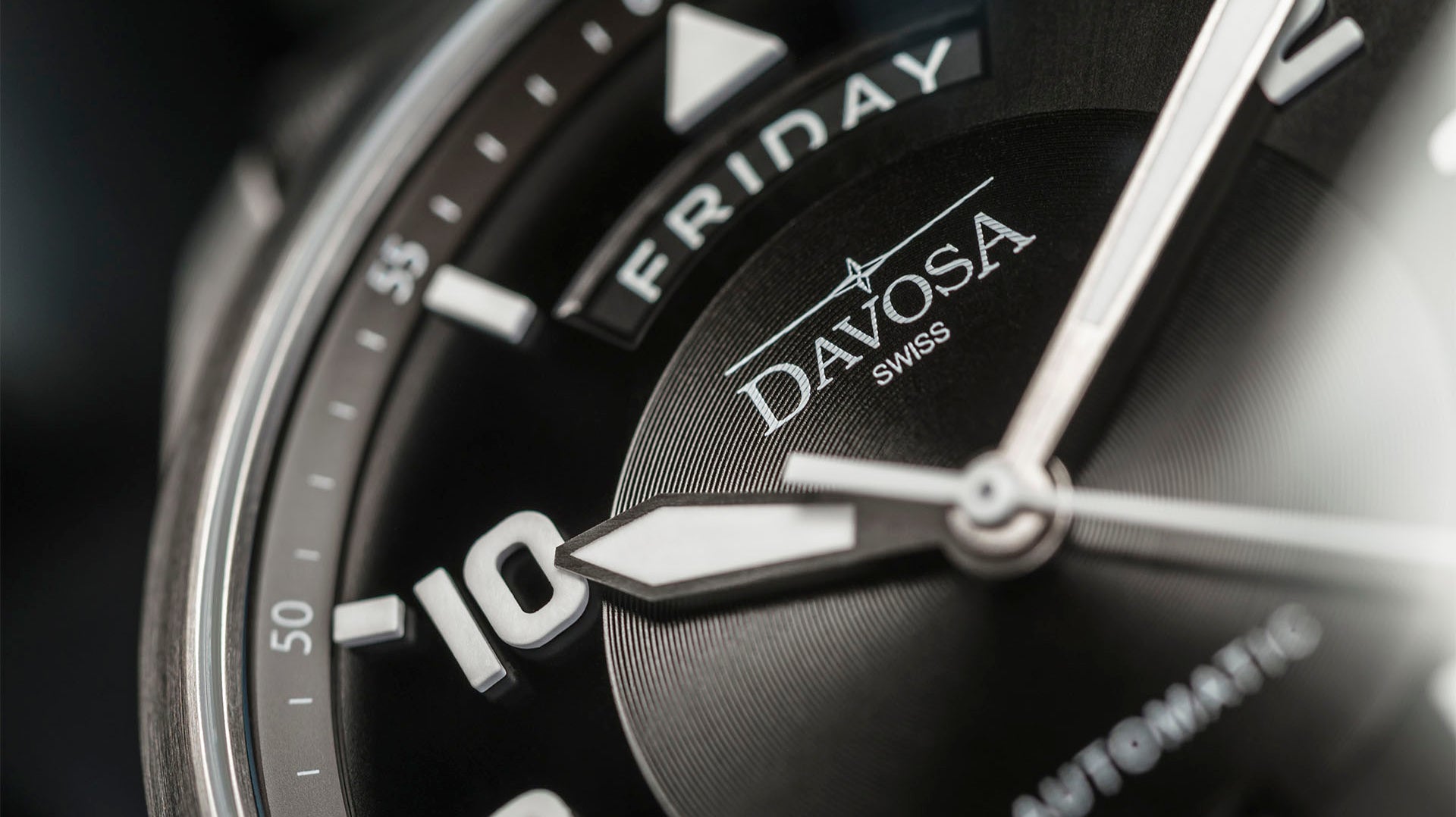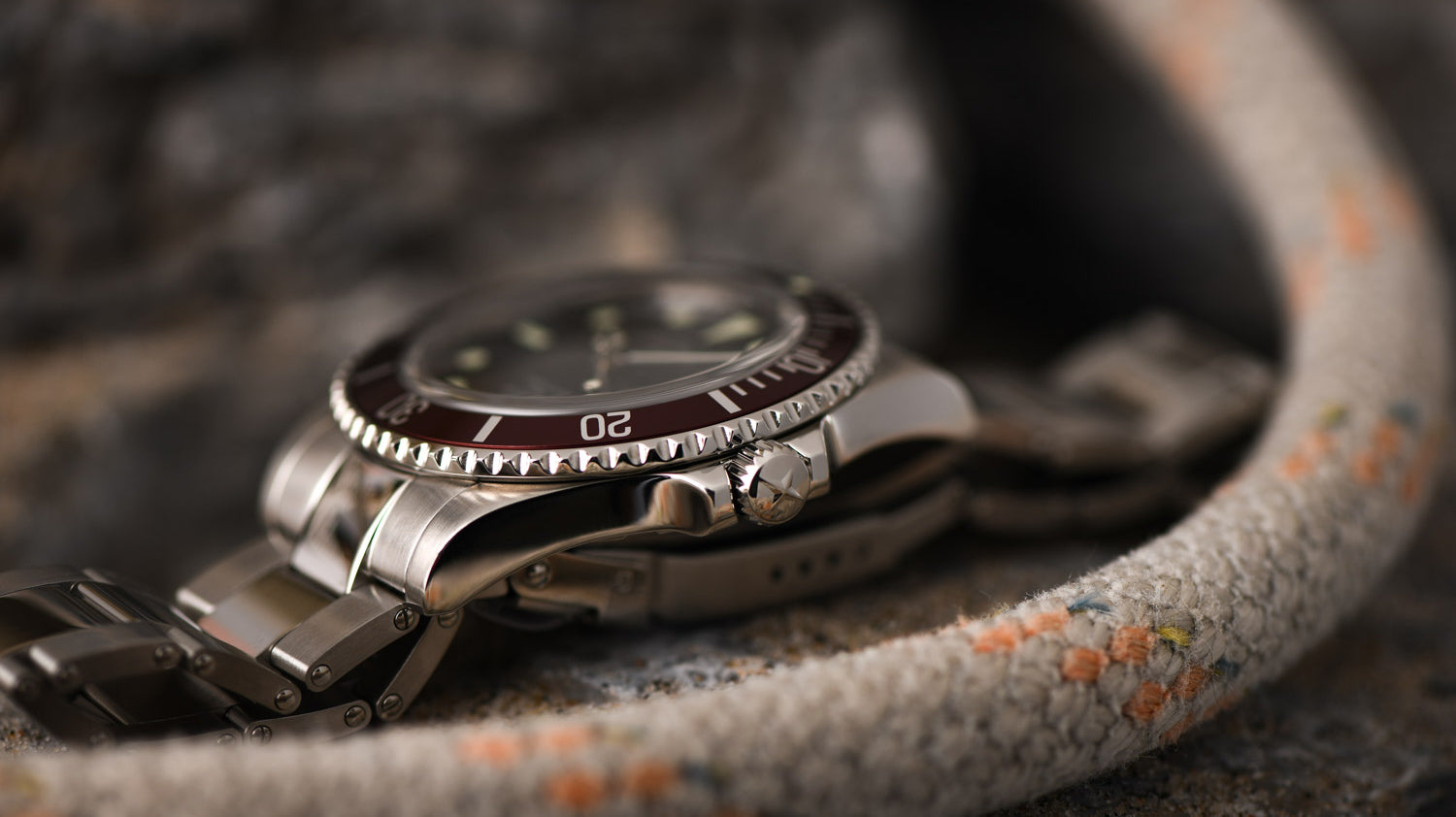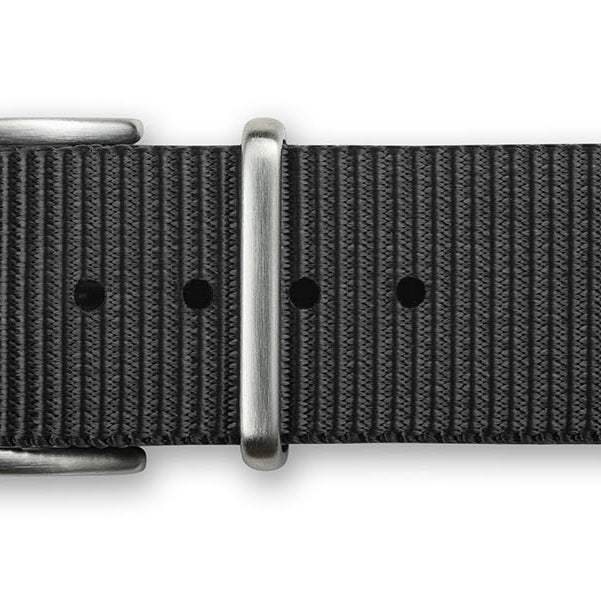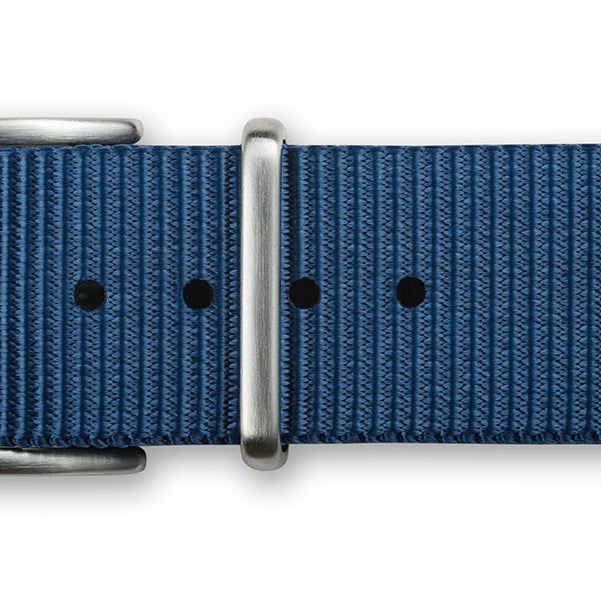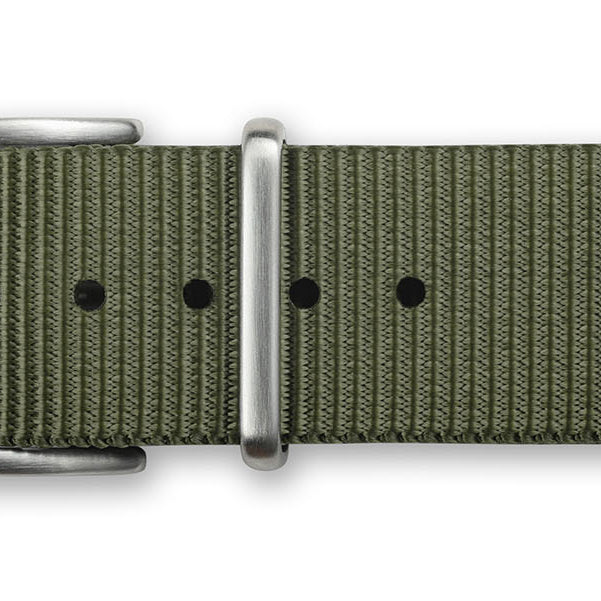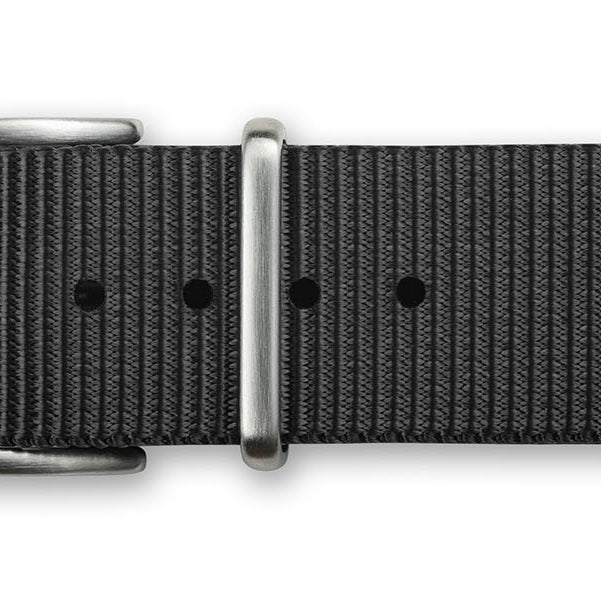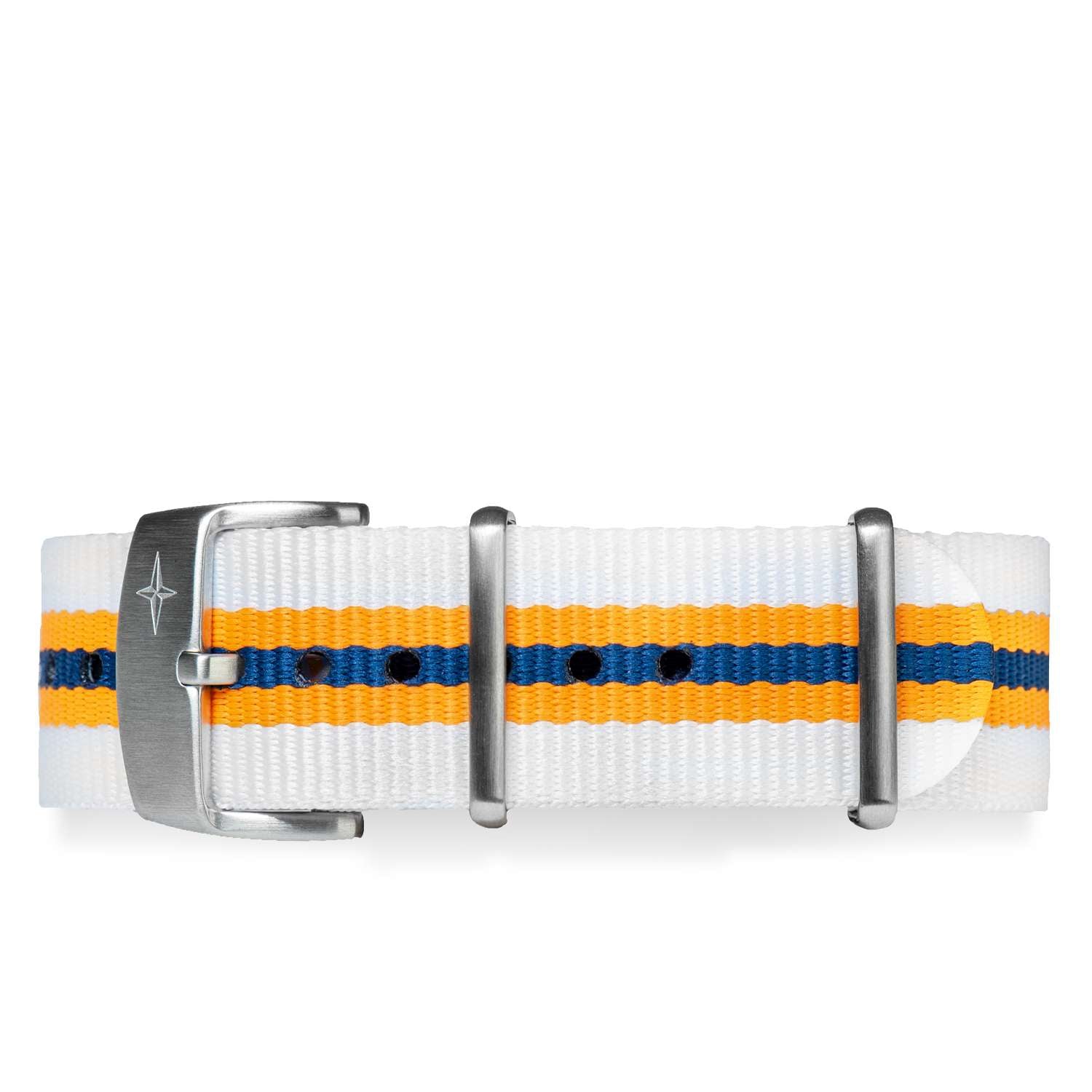If you're someone who loves both functionality and style, a tool watch might be the ideal accessory for you. Combining the best of both worlds, tool watches offer practicality and aesthetics, making them a favorite among watch enthusiasts. In this guide, we'll dive into everything you need to know about tool watches, from their history and features to how to choose the perfect one for your wrist.
Introduction to Tool Watches
Tool watches are timepieces that are designed to serve a specific purpose beyond just telling time. They are built to withstand various challenging environments and tasks while maintaining accurate timekeeping. Whether you're a diver, a pilot, or an outdoor adventurer, there's a tool watch tailored to your needs.
The History of Tool Watches
The concept of tool watches dates back to the early 20th century when specialized watches were developed for military personnel and professionals. Dive watches, for example, were created to accompany divers during their underwater explorations, ensuring they could keep track of their time underwater safely.
Key Features to Look For
When choosing a tool watch, certain features are crucial. These include water resistance, shock resistance, legibility, and durability. Tool watches often come with bold and clear dials, luminous hands and markers for low-light visibility, and sturdy cases to protect the movement.
Different Types of Tool Watches
Dive Watches
Dive watches are designed for underwater use, featuring high water resistance, rotating bezels for tracking dive times, and luminescent markers for visibility in the depths.
Pilot Watches
Pilot watches prioritize legibility, often featuring large, easy-to-read dials, and additional functions like chronographs or multiple time zones for aviators.
Field Watches
Field watches are rugged and functional, originally designed for military personnel. They're characterized by their durability, clear numerals, and often canvas or leather straps.
Chronograph Watches
Chronograph tool watches have stopwatch functionality, making them ideal for activities that require precise timing, like racing or aviation.
Materials and Durability
Tool watches are typically crafted from durable materials such as stainless steel, titanium, or even ceramic. These materials ensure longevity and resistance to the wear and tear of various activities.

Choosing the Right Size and Fit
The size of a tool watch should match your wrist size for comfort and aesthetics. It should sit comfortably on your wrist and not feel too heavy or restrictive.
Water Resistance Ratings
Water resistance is a crucial feature, especially for dive watches. Look for watches with appropriate water resistance ratings to suit your water-related activities.
Movement Types
Tool watches use various movement types, including automatic, manual, and quartz. Choose the one that aligns with your preference for maintenance and accuracy.
Dial and Display Variations
Tool watches offer a range of dial designs, from simple and minimalistic to more complex layouts with multiple functions. Choose one that resonates with your style.

Bezel Functionality
Rotating bezels on tool watches serve different purposes, such as tracking elapsed time or calculating fuel consumption. Consider the specific functionality that matches your needs.
Bracelet vs. Strap Options
Choose between metal bracelets and various strap options like rubber, leather, or fabric. The choice depends on your comfort and style preferences.
Balancing Style and Functionality
While tool watches are built for functionality, many brands offer stylish designs that can be worn in both casual and formal settings.
Caring for Your Tool Watch
Proper maintenance is essential to ensure the longevity of your tool watch. Regular servicing and avoiding extreme conditions will keep your watch in top condition.
Budget Considerations
Tool watches come in a wide price range. Set a budget and explore options within that range to find a watch that meets your needs and preferences.
Making Your Decision: Tips for Selection
- Consider your specific activities and needs before choosing a tool watch.
- Research different brands and models to find the features you value most.
- Try the watch on in person to ensure it fits comfortably and suits your style.
FAQs
-
Are all tool watches water-resistant? Not all tool watches are water-resistant, so it's important to check the specifications before assuming water resistance.
-
Can I wear a tool watch for formal occasions? Many tool watches are designed with a blend of functionality and style, making them suitable for both casual and formal settings.
-
Do quartz movement tool watches require less maintenance? Yes, quartz movement watches are generally low-maintenance compared to automatic or manual movement watches.
-
Can I replace the strap of my tool watch? Yes, most tool watches offer interchangeable straps, allowing you to customize your watch's look and feel.
-
What's the average lifespan of a well-maintained tool watch? With proper care and regular servicing, a high-quality tool watch can last for decades.
Conclusion
A tool watch is more than just a timekeeping device; it's a companion built to withstand your adventures and activities. By considering the features that matter most to you and finding a design that resonates with your style, you can confidently choose the perfect tool watch to accompany you on your journey.

